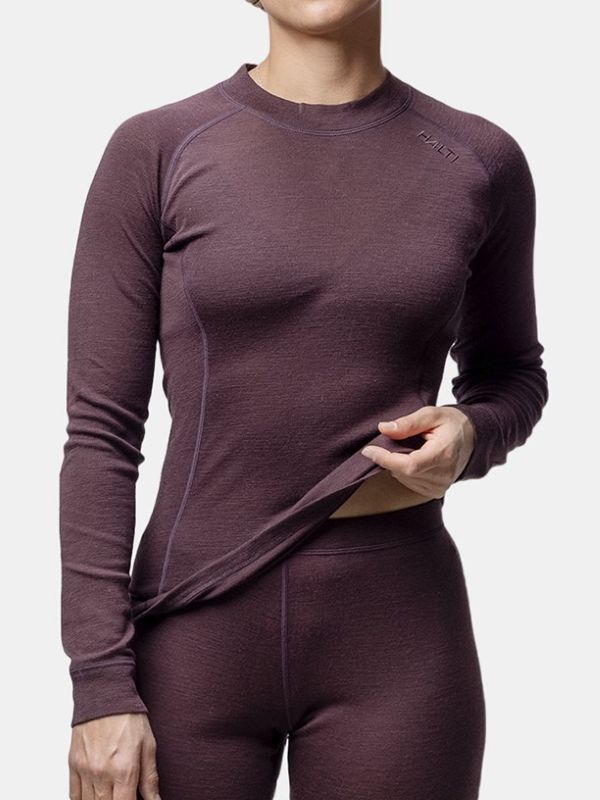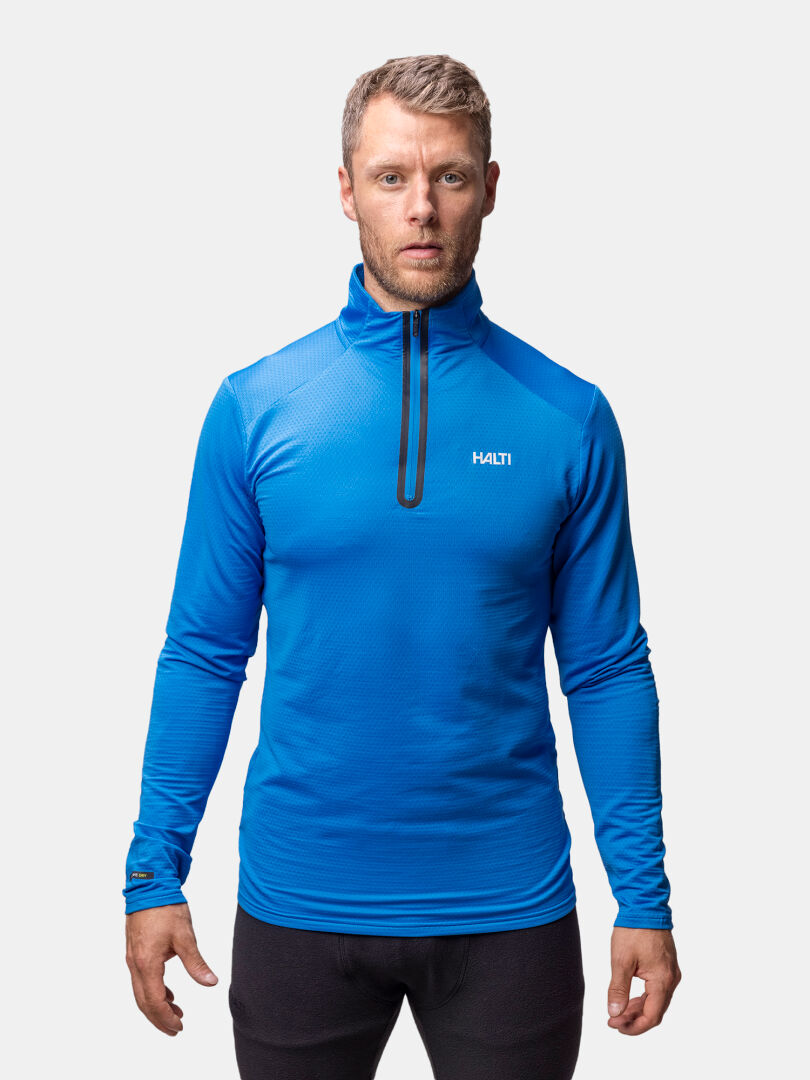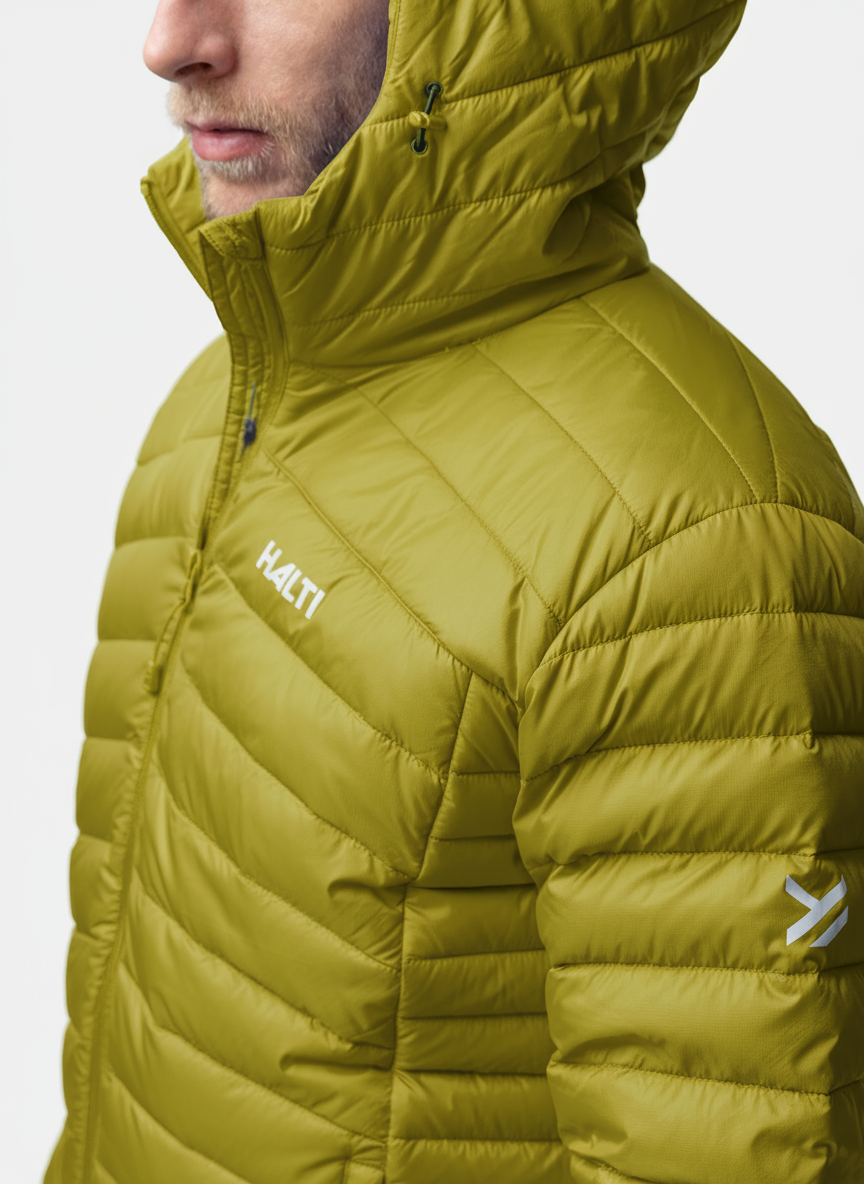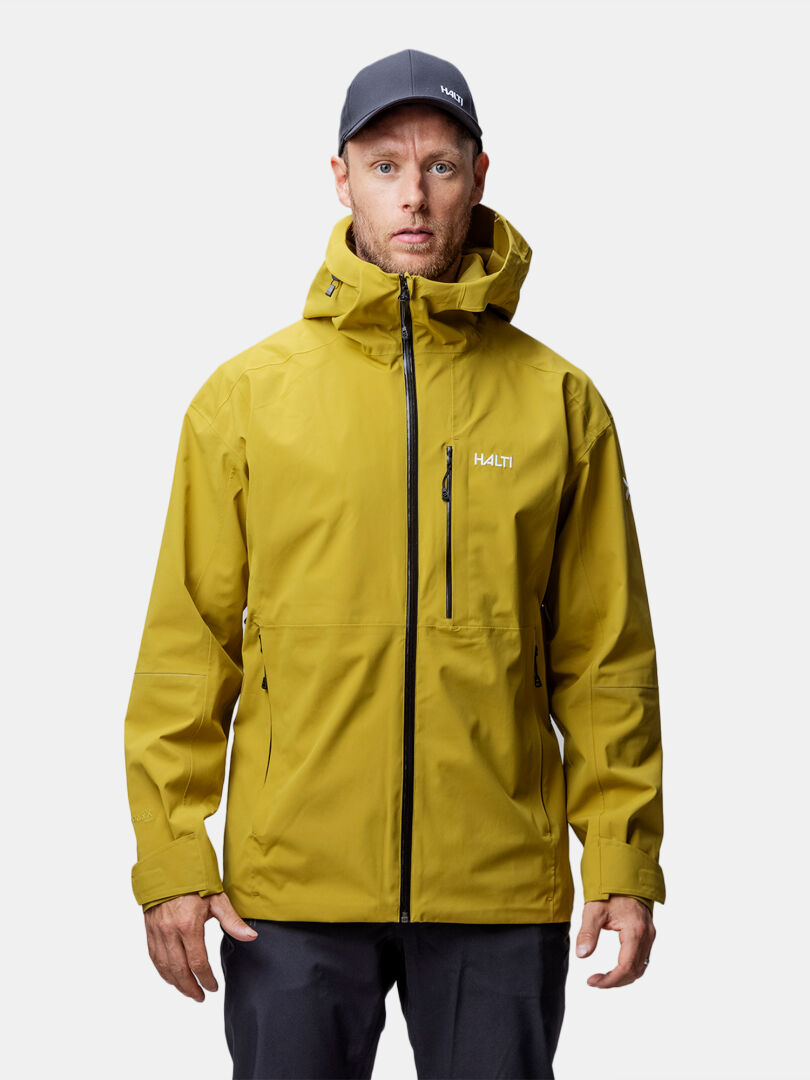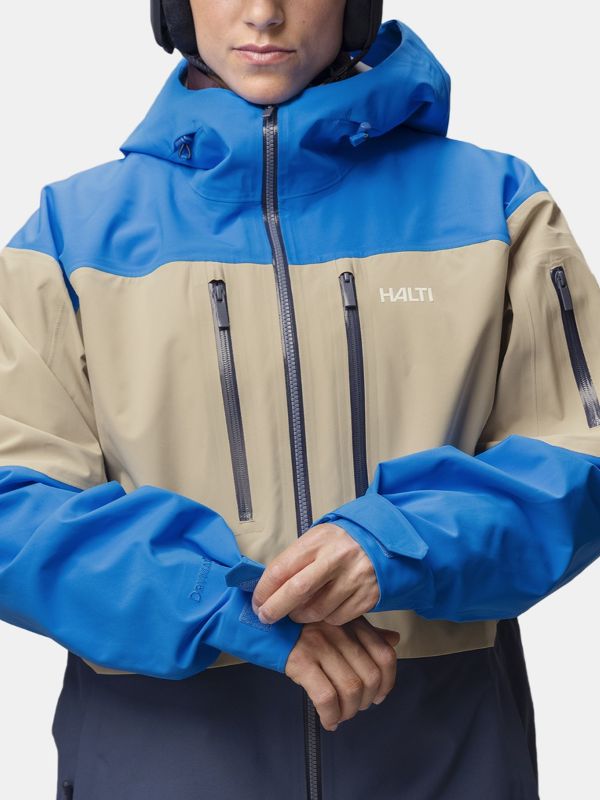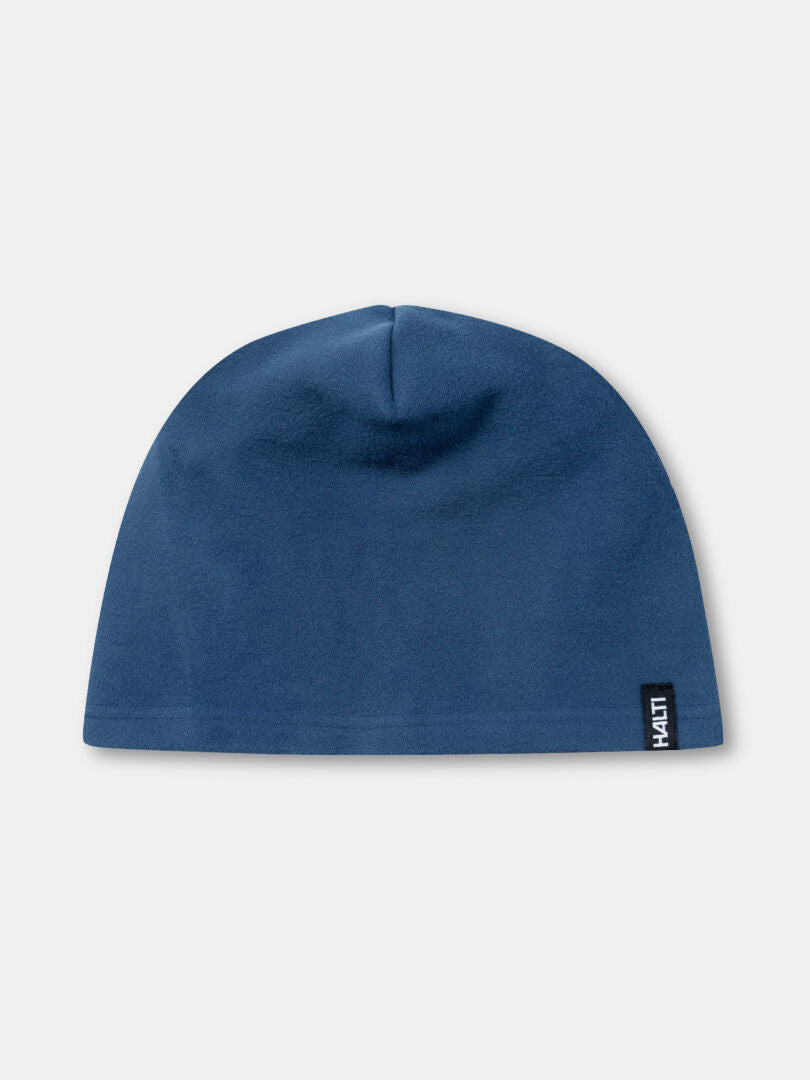
Layered clothing is the key to feeling good outdoors, no matter the season. Layering keeps you dry, warm, and helps you use your energy efficiently. When done right, it’s a functional system that wicks moisture away from your skin, regulates temperature, and protects you from the elements.
When adding layers, each one should fit comfortably over the previous one. It’s a good idea to choose your outer layer in a slightly larger size than the one underneath, so both your clothes—and you—can move freely.
A well-built layering system gives you more time outdoors and lets you fully focus on what you love to do.
Base layer
Choose a base layer made from moisture-wicking materials. It keeps sweat off your skin and helps you stay dry—even during more intense workouts. Select the material for your base layer according to the intensity of your activity, the weather, or your personal preference. The best options are natural merino wool or technical Active Dry fabric.
- Merino wool: Wicks moisture, stays dry, doesn’t itch, and its natural antibacterial properties help prevent odors. A merino wool base layer can be aired out after use, reducing the need for frequent washing.
- Active Dry: A technical material designed for effective moisture management. It moves sweat away from the skin and dries quickly—even during high-intensity exercise.
Base layers
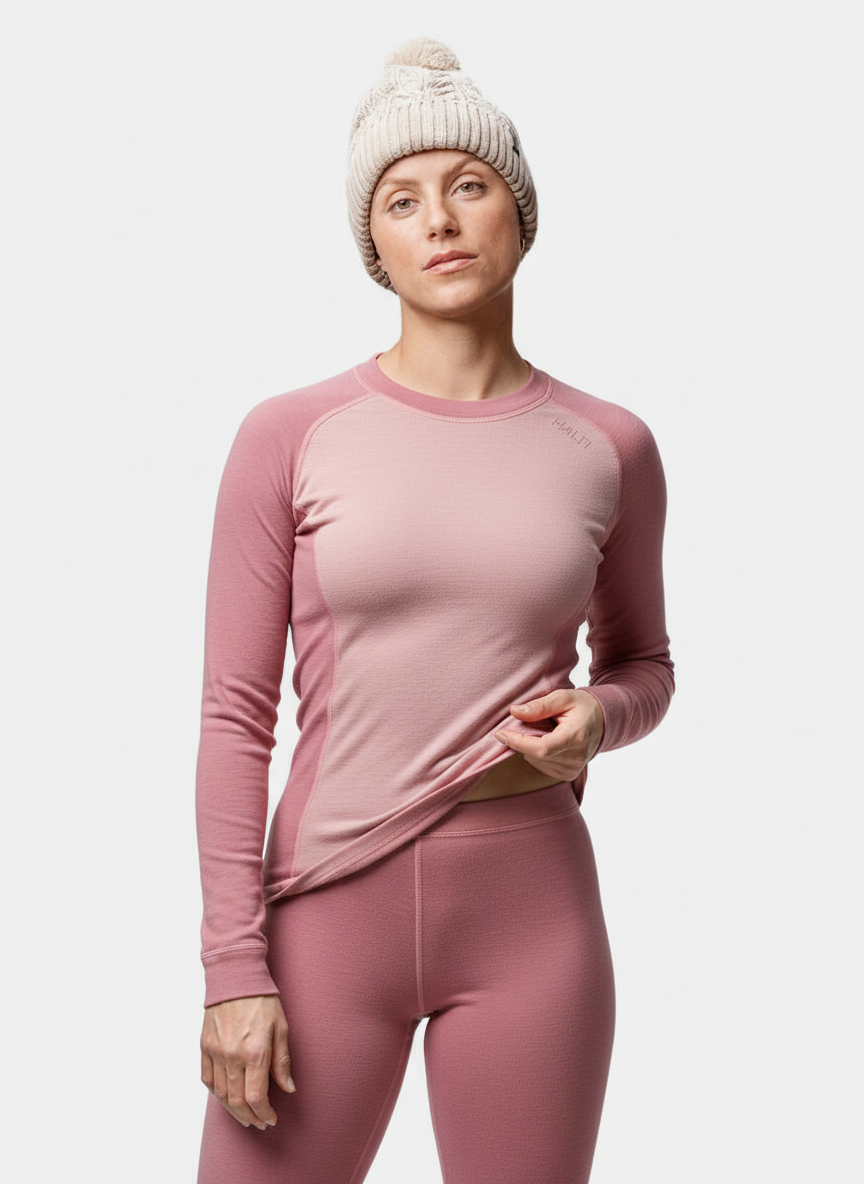
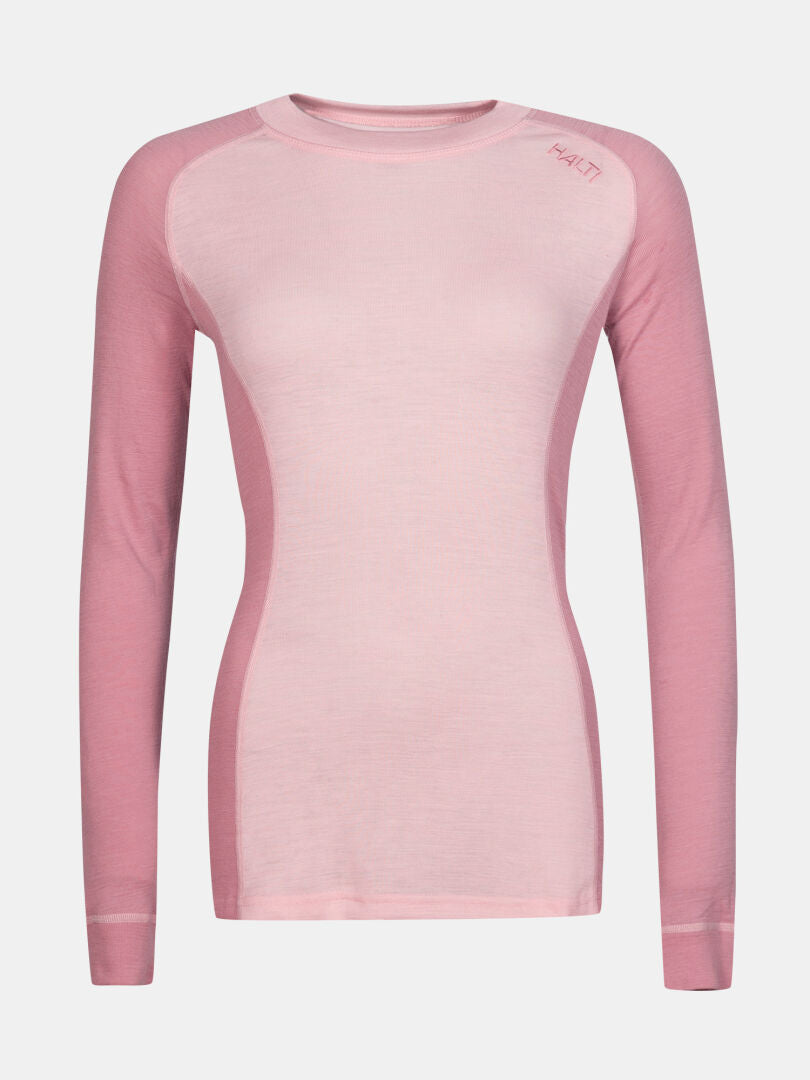
Hossa II Merino Base Layer Set Women's
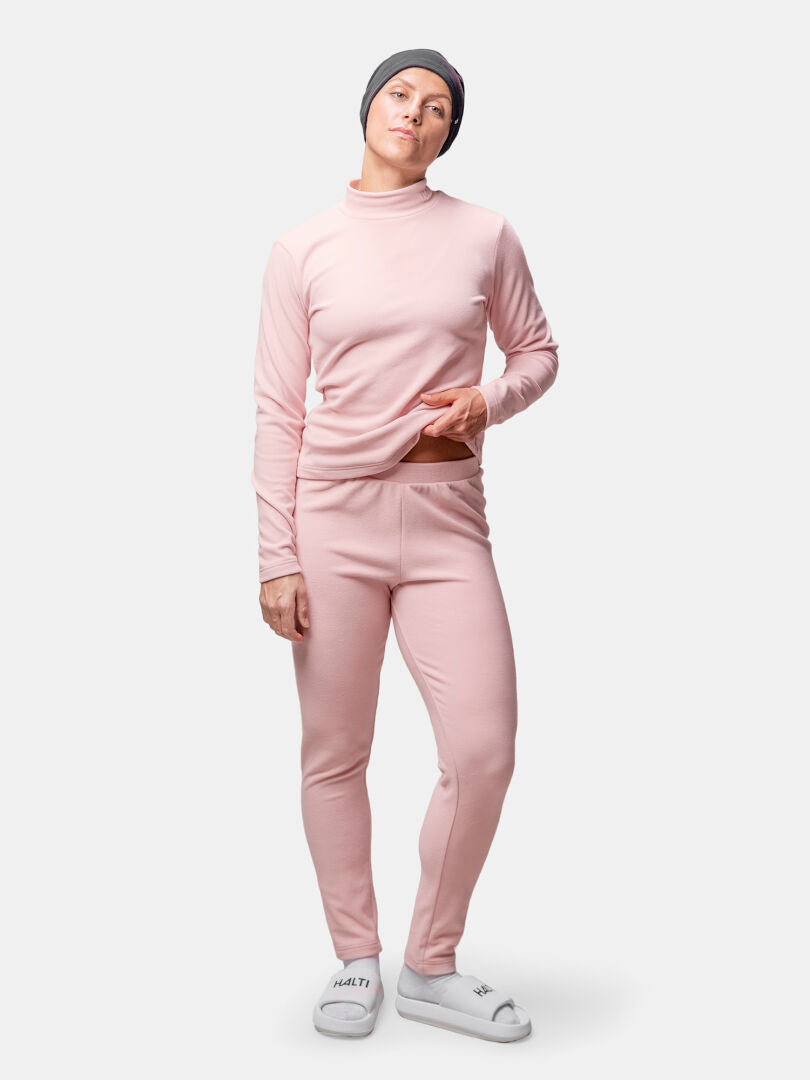
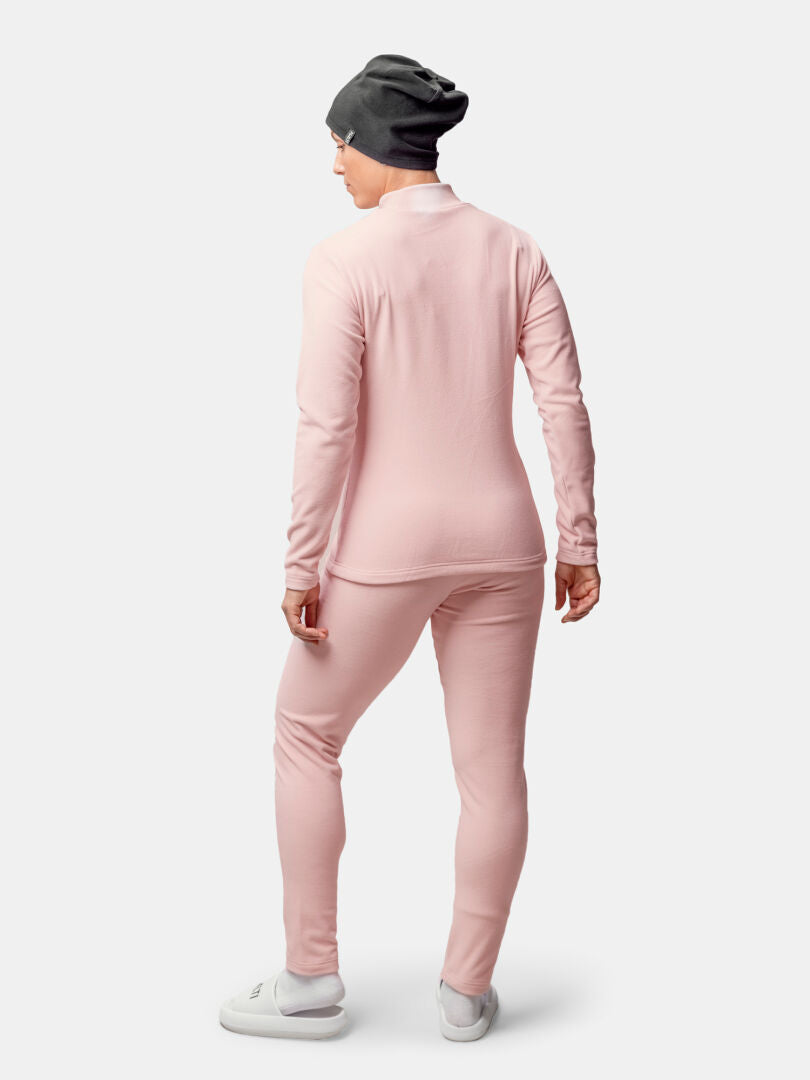
Trone Fleece Shirt Women's
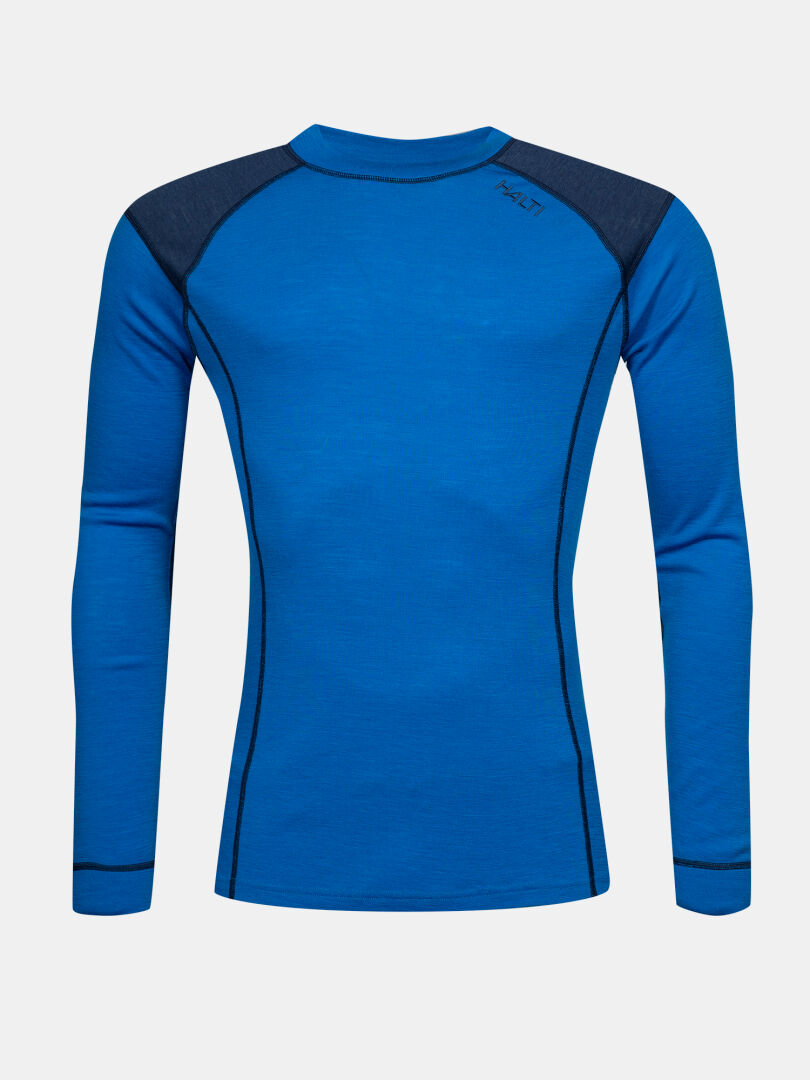
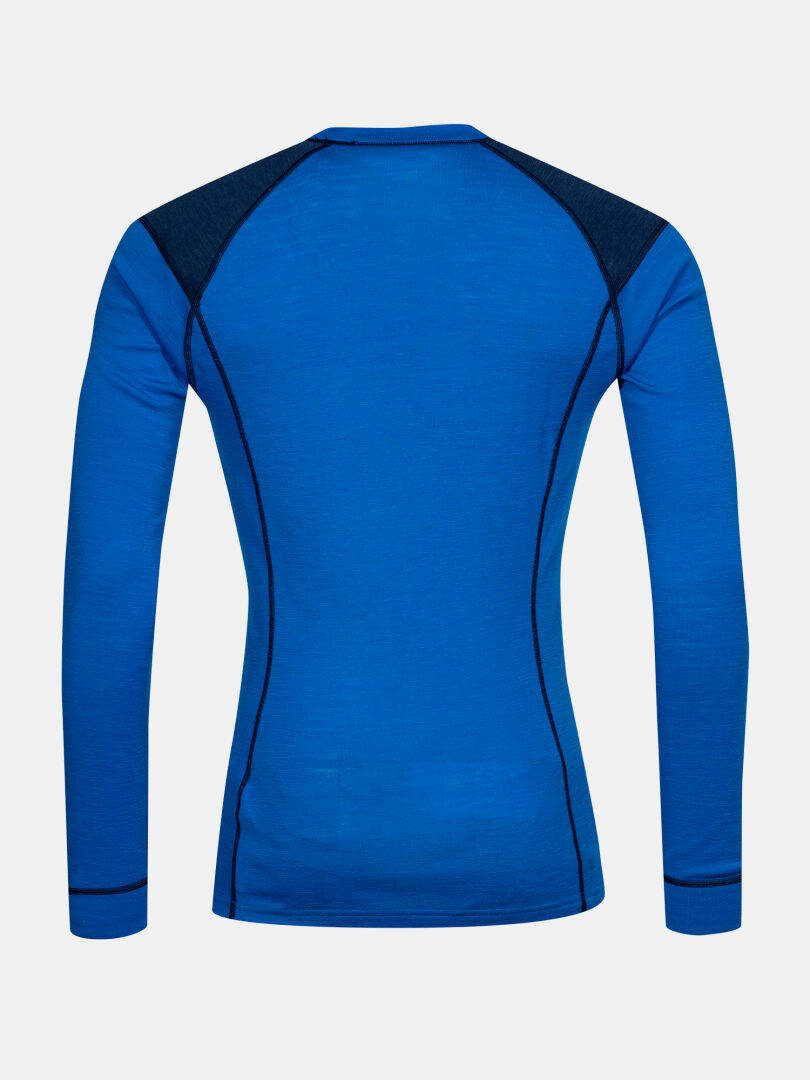
Hossa II Merino Base Layer Set Men's
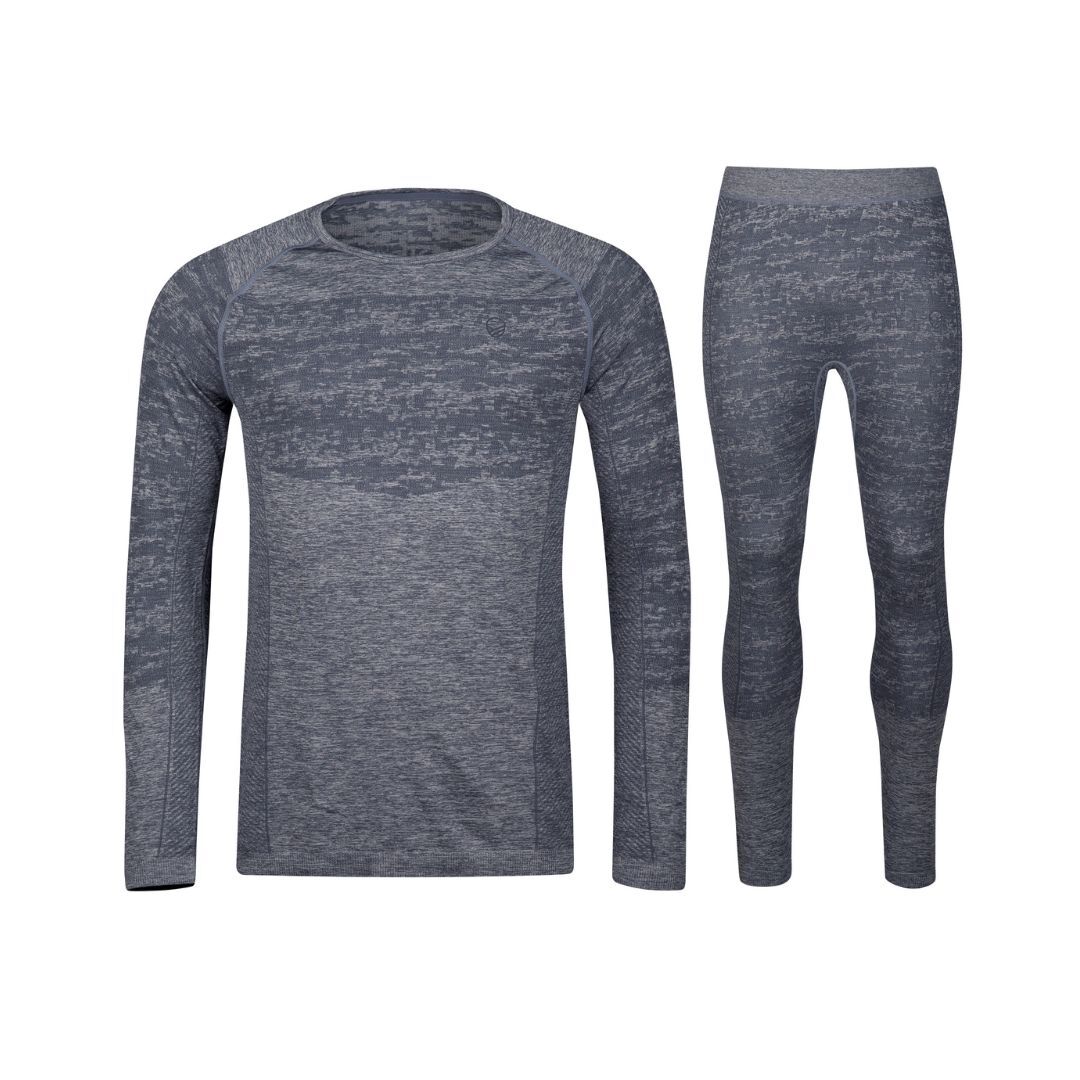
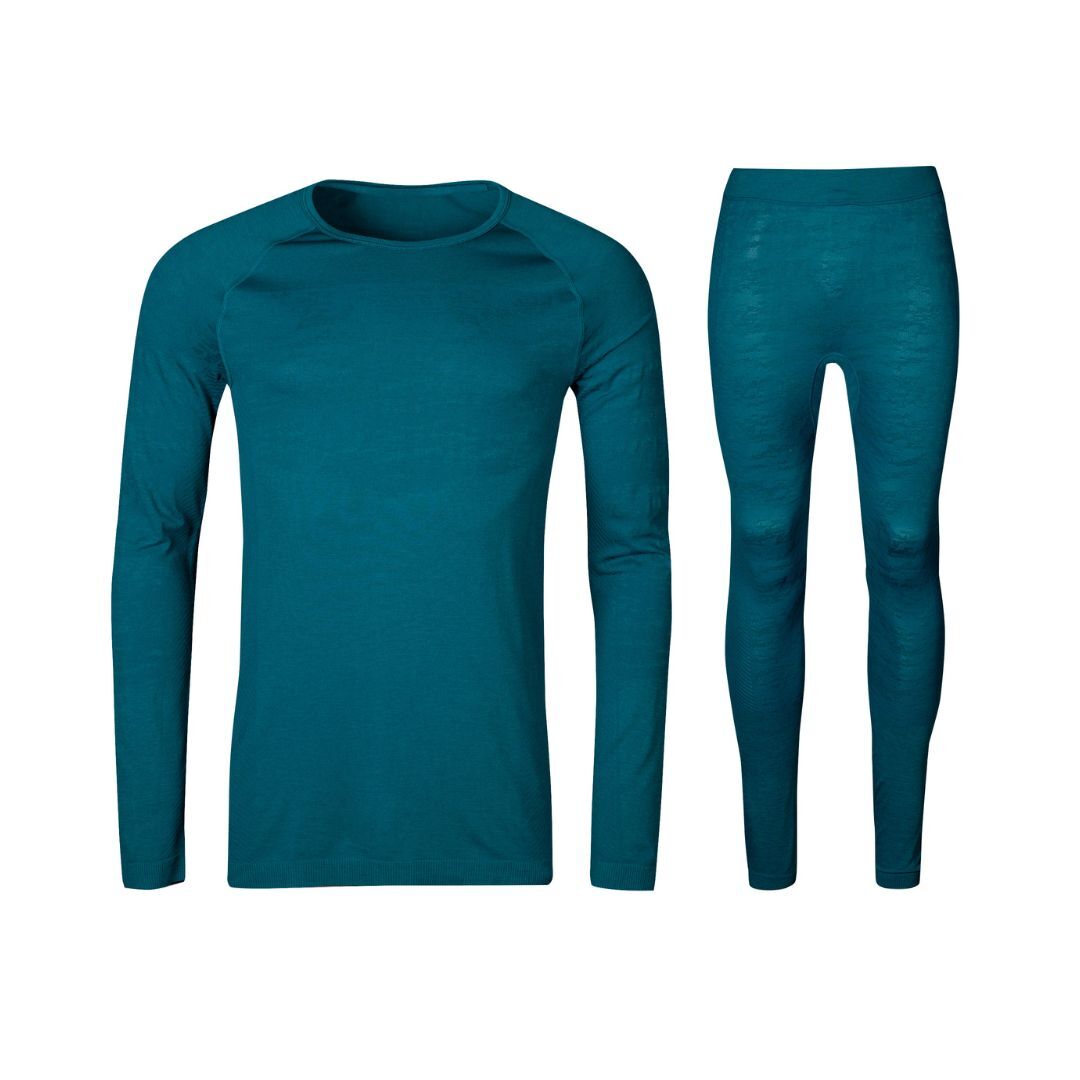
Free Seamless Baselayer Set Men's
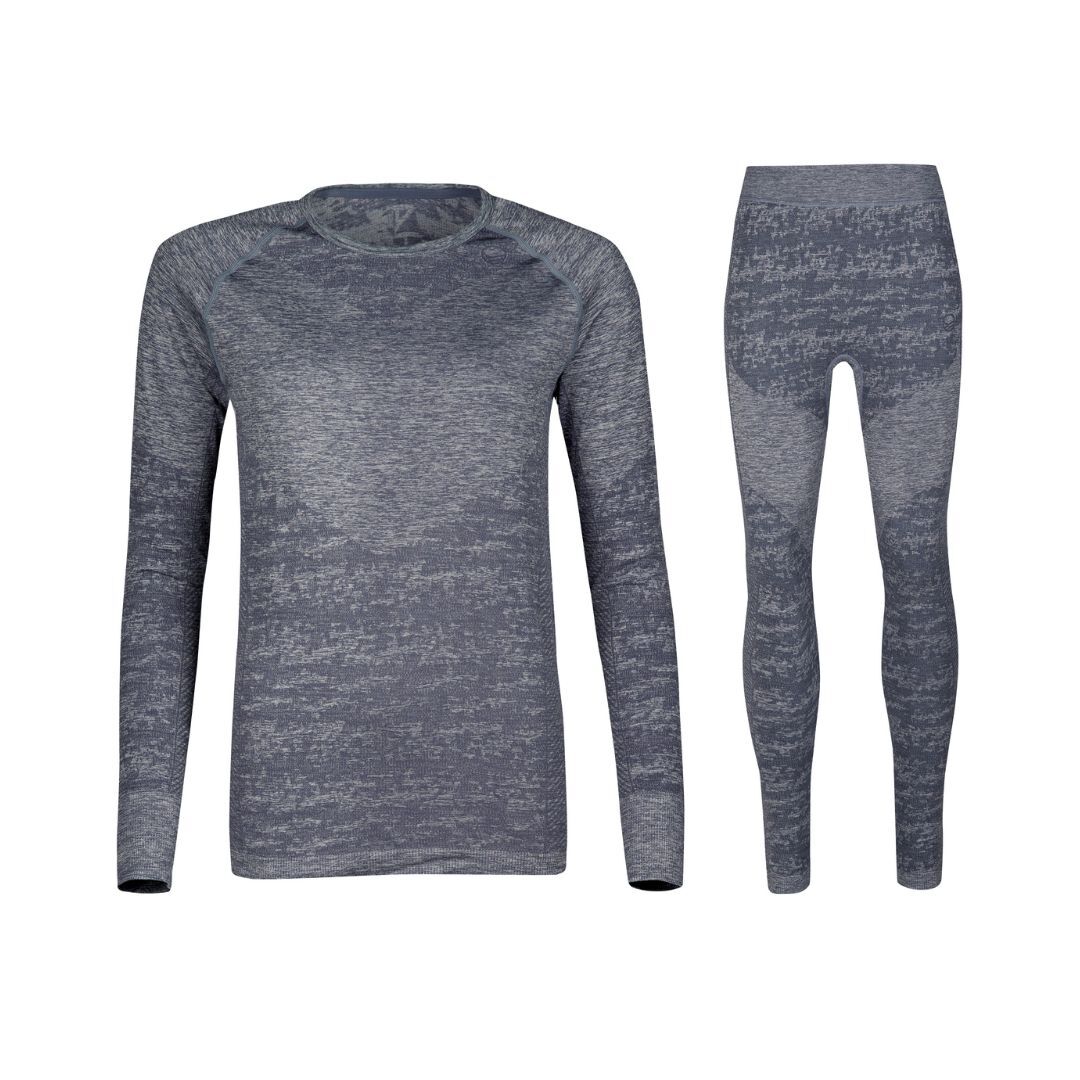
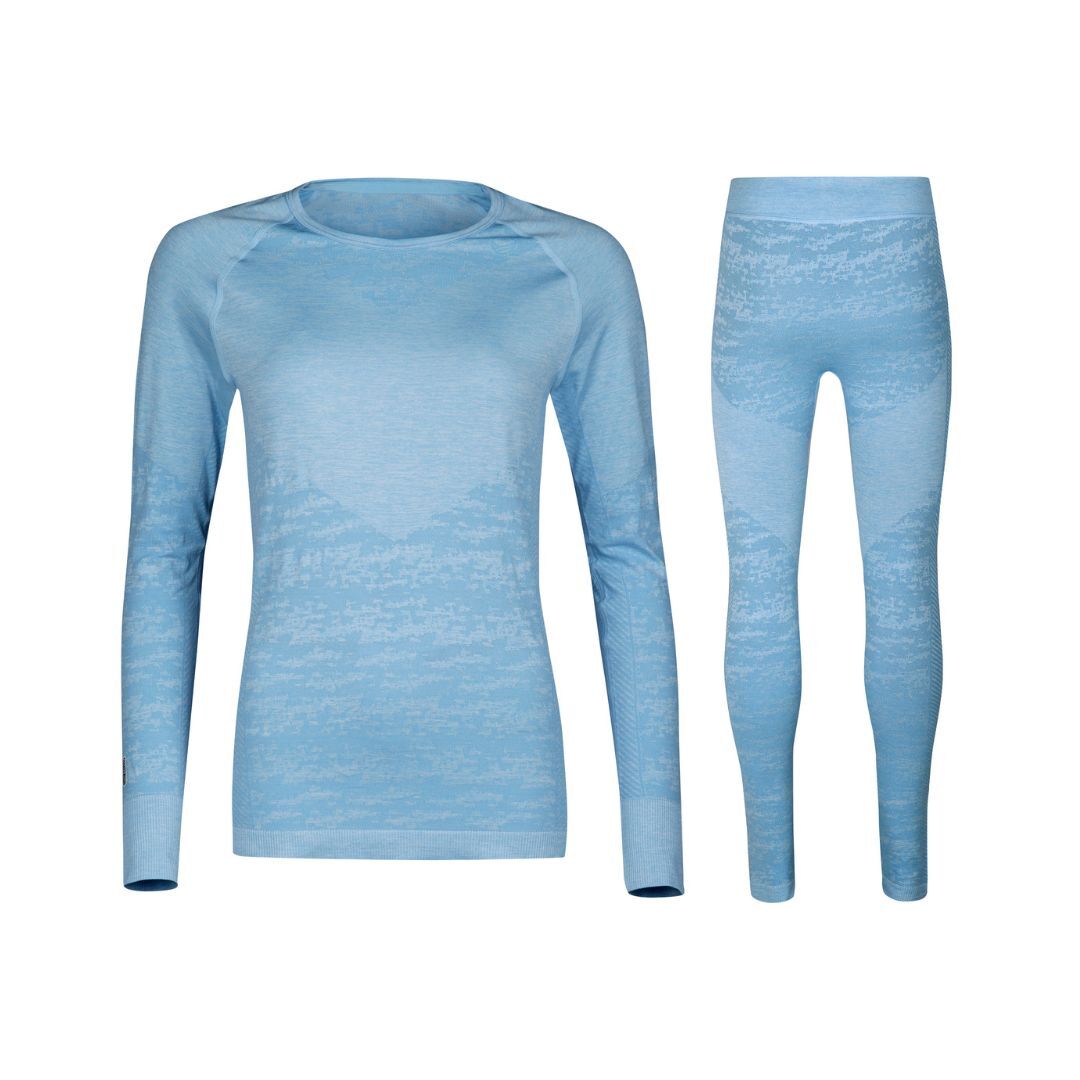
Free Seamless Baselayer Set Women's
5.0 / 5.0
(1) 1 total reviews
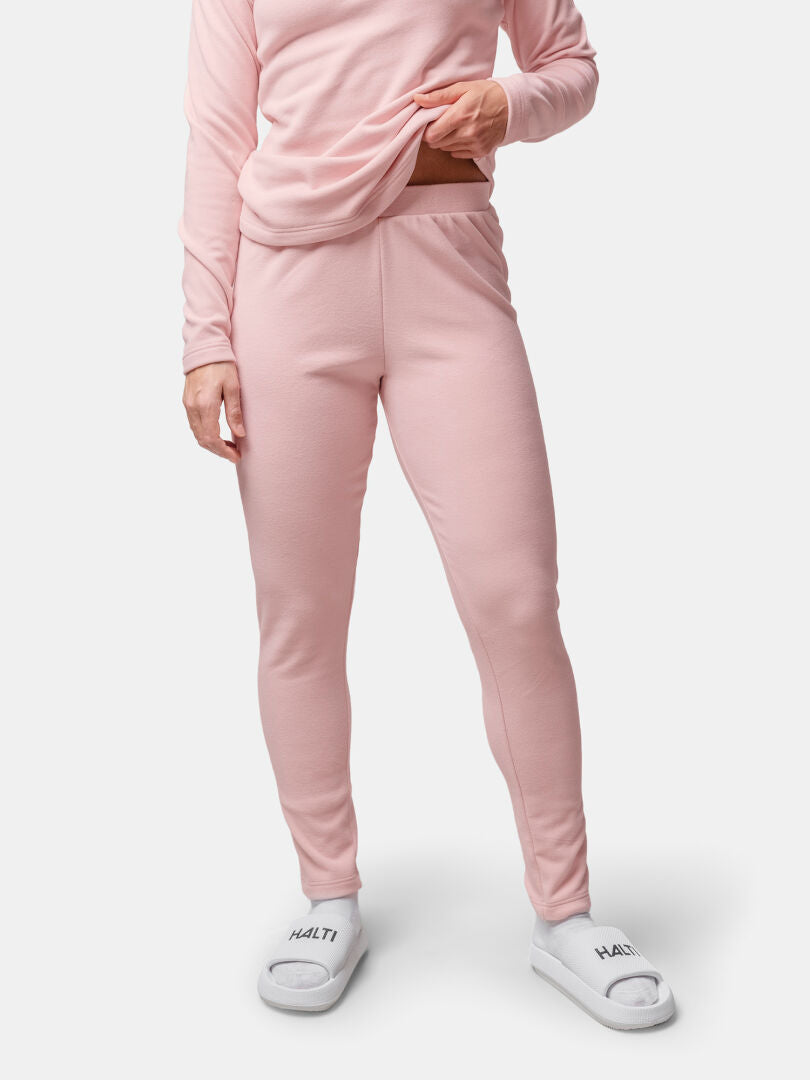
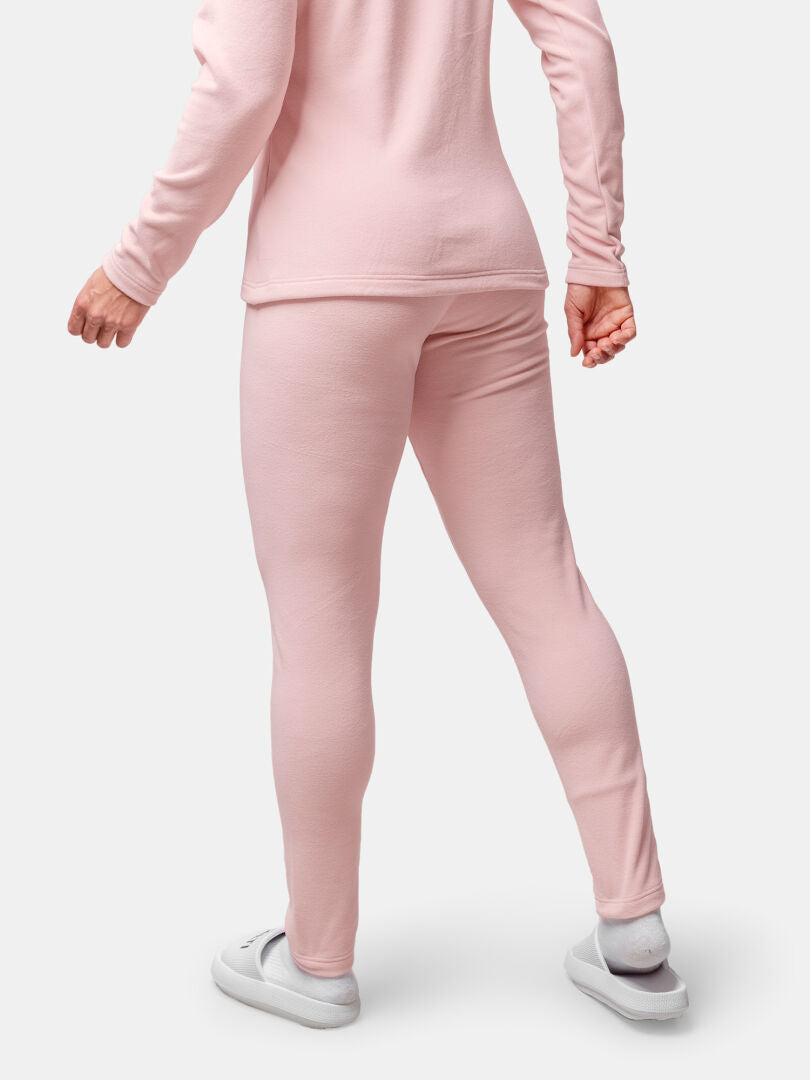
Trone Fleece Pants Women's
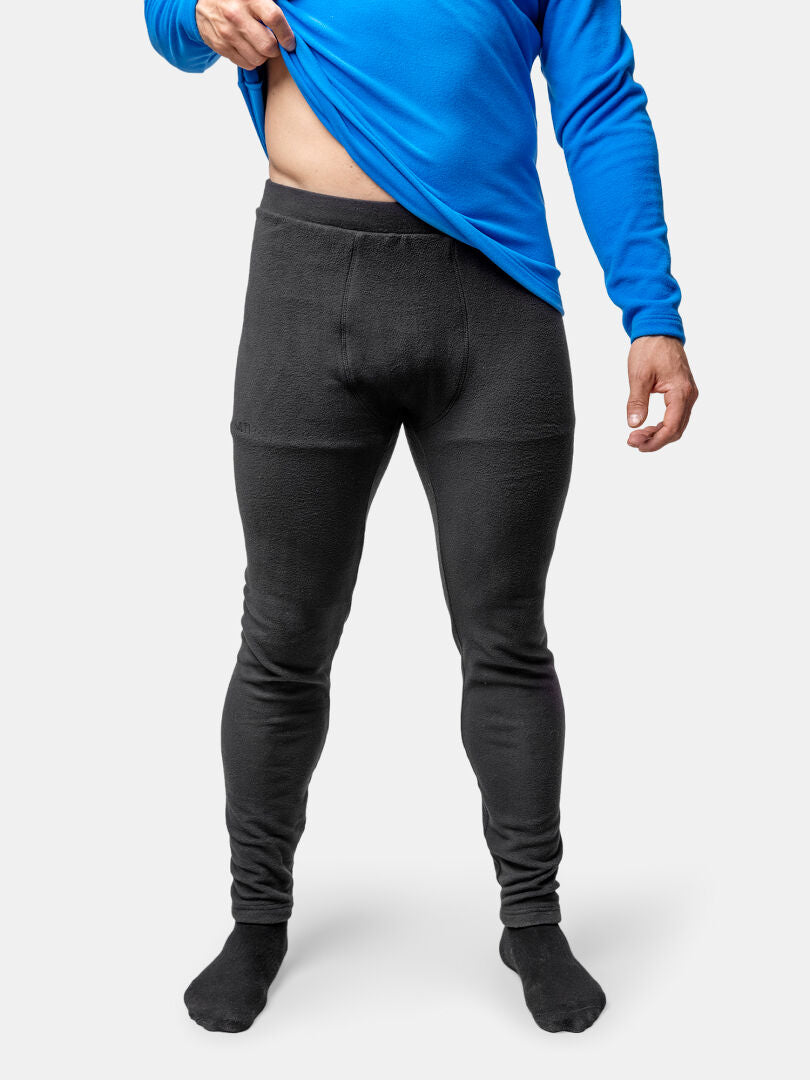
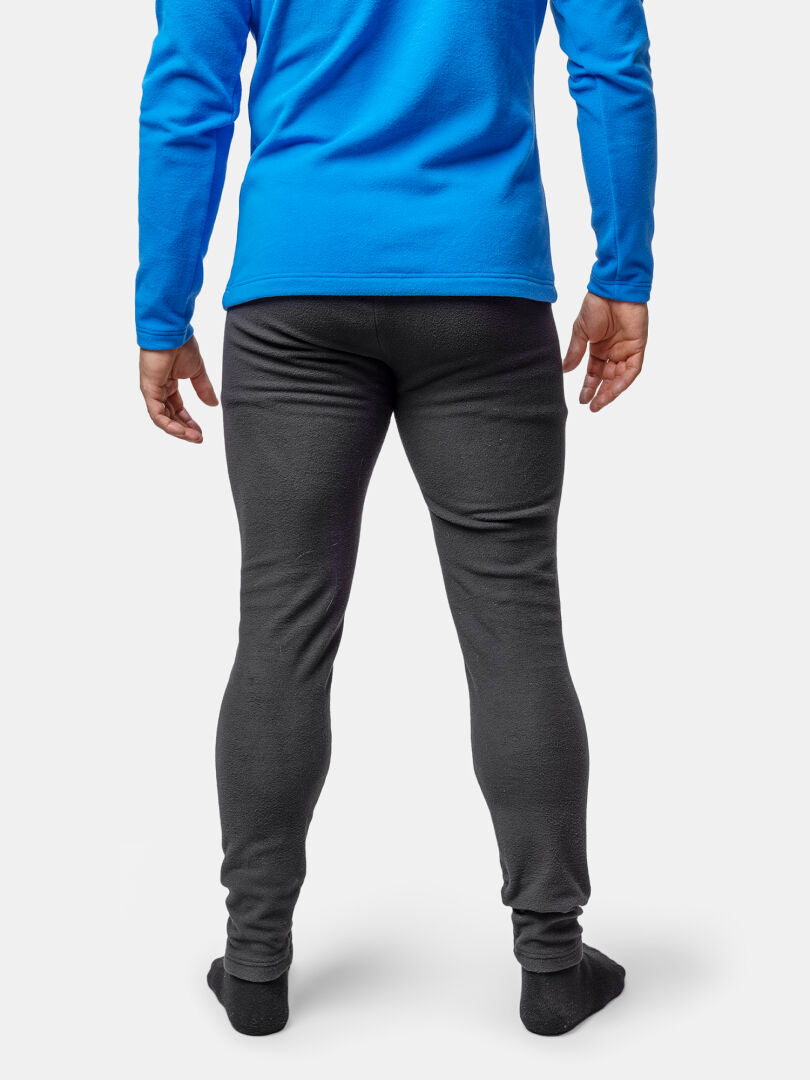
Trone Fleece Pants Men's
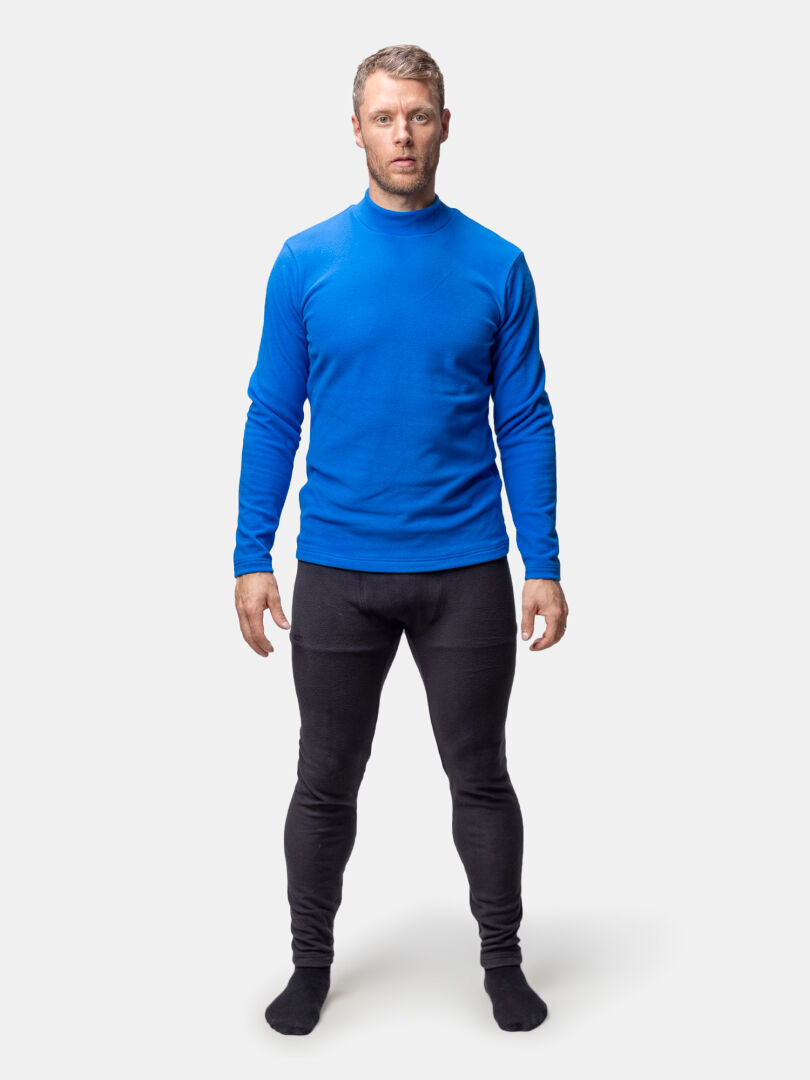
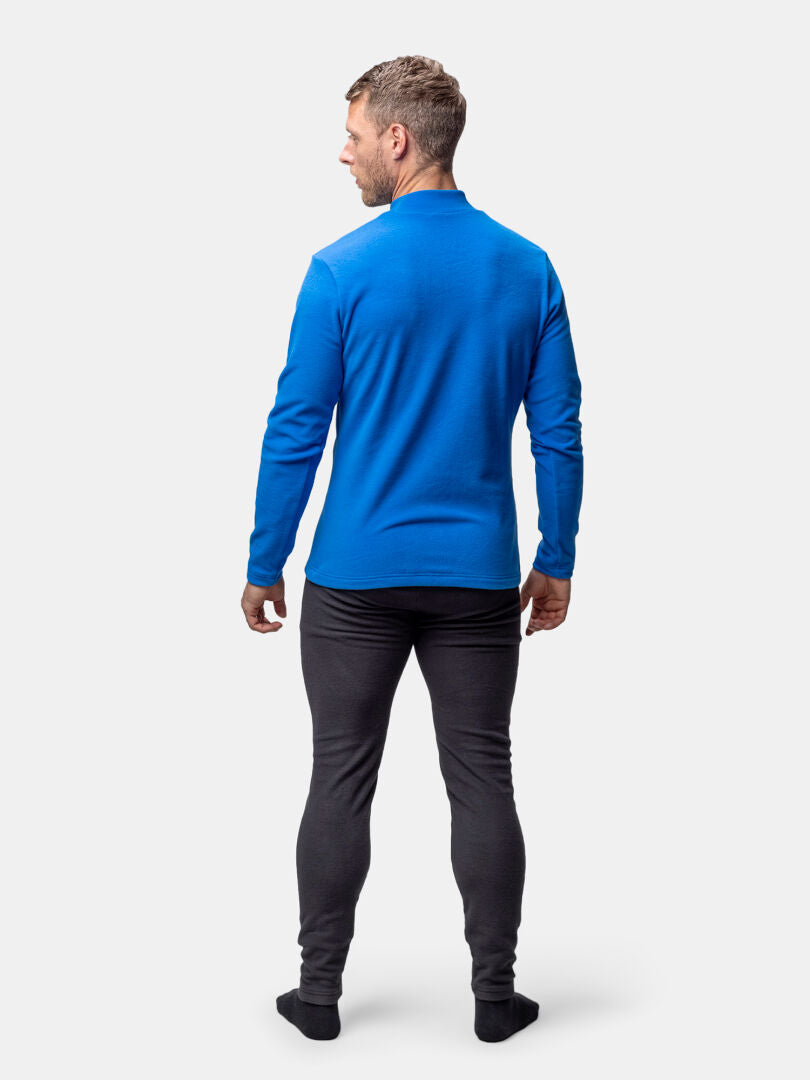
Trone Fleece Shirt Men's
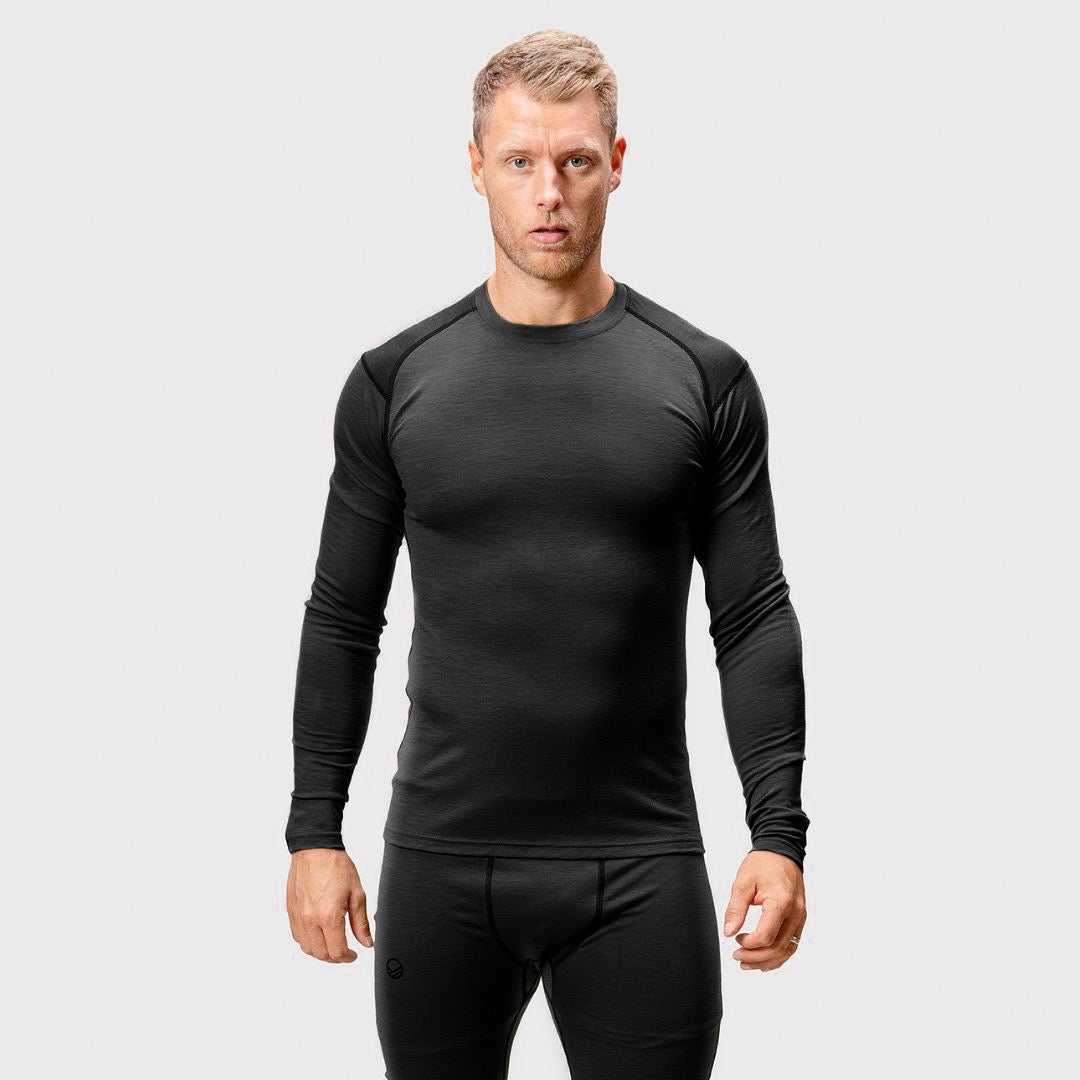
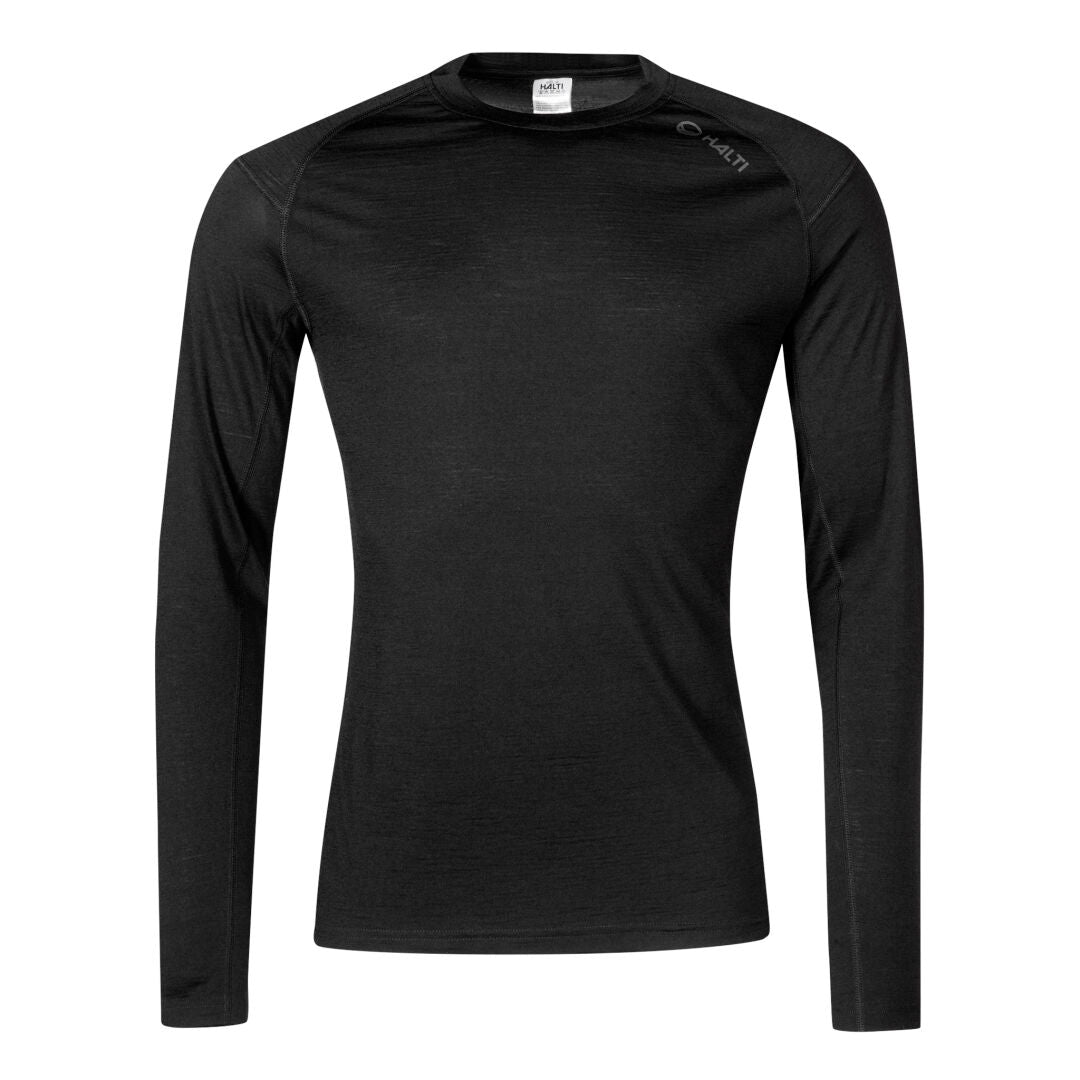
Pihka II Merino Baselayer Shirt Men's
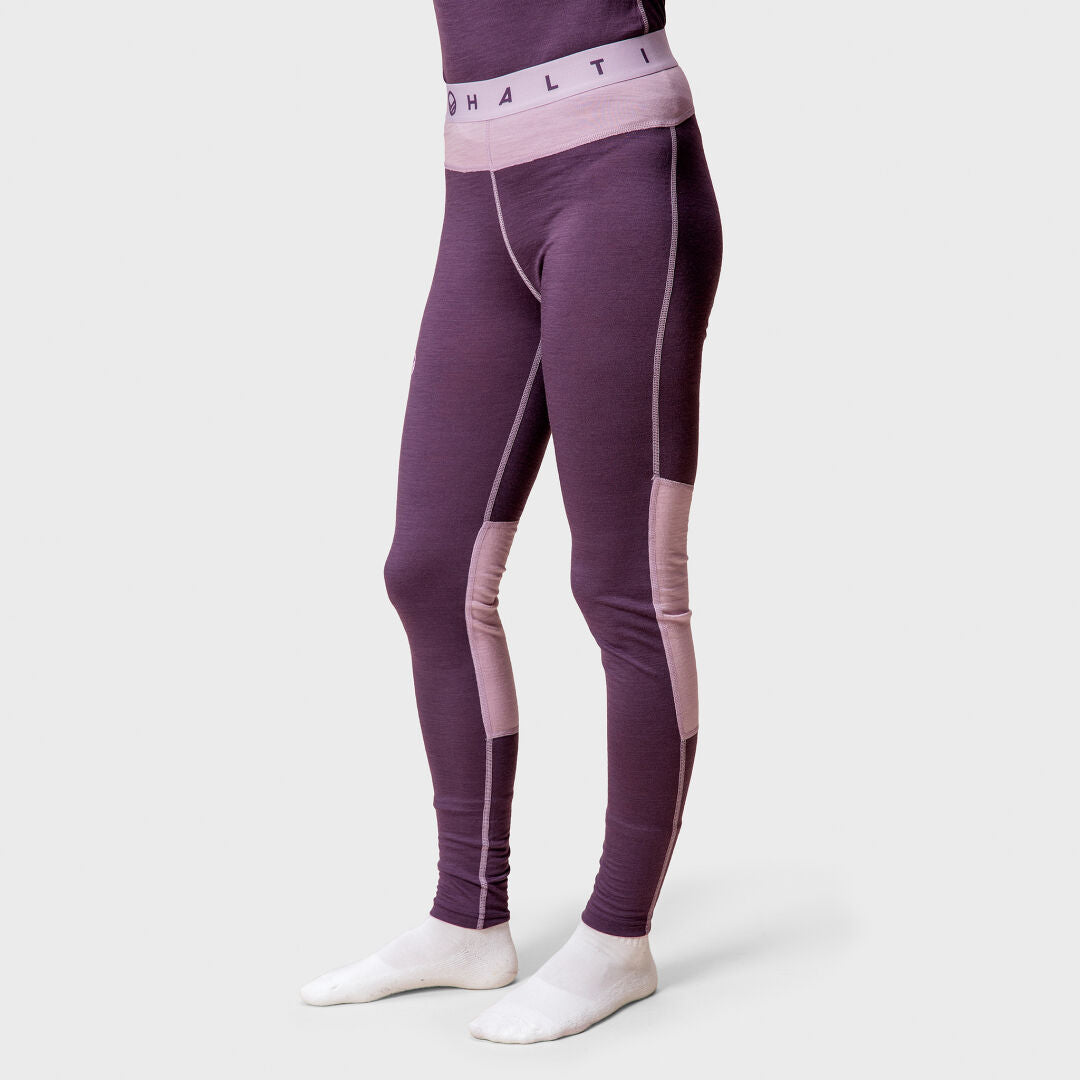
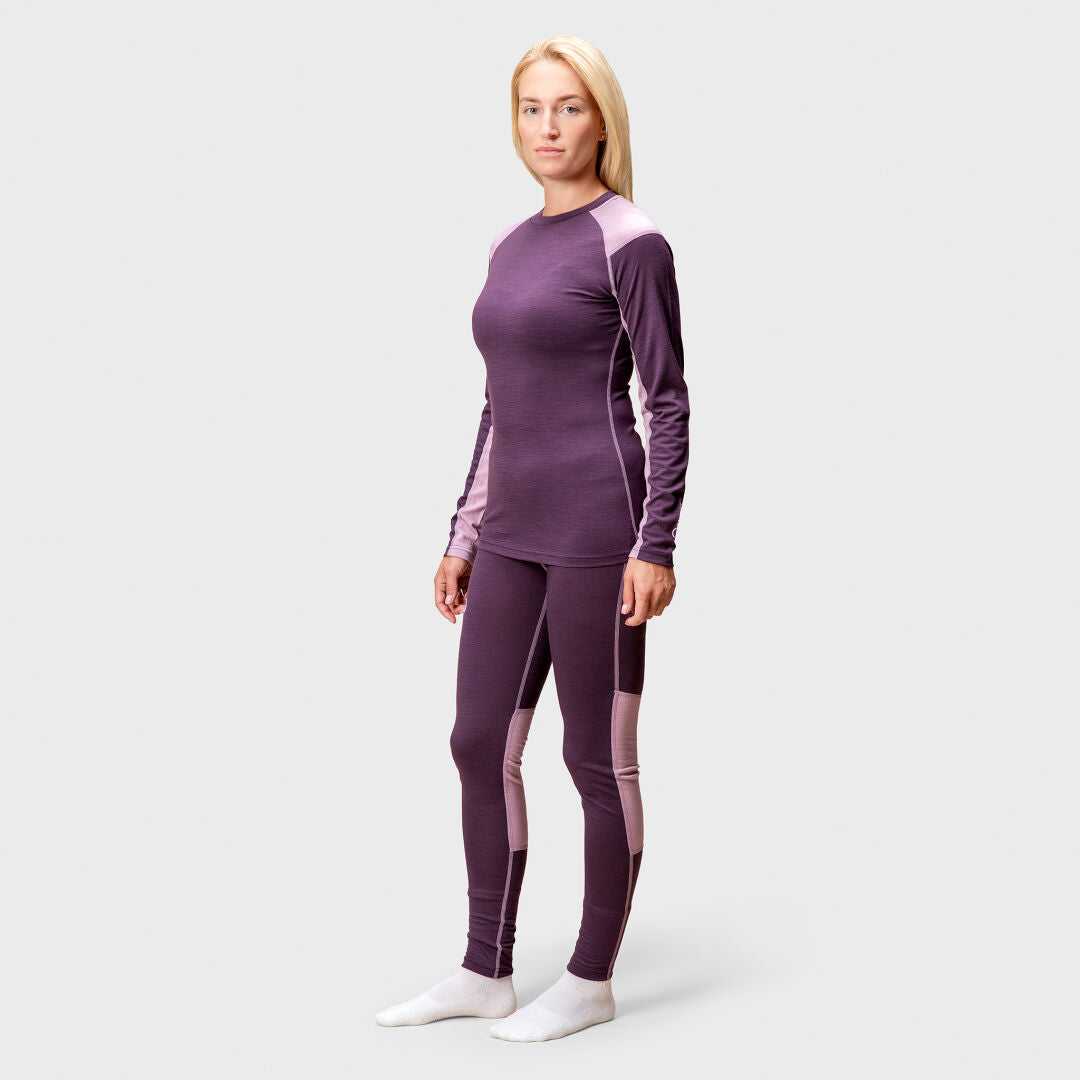
Pihka II Merino Baselayer Pants Women's
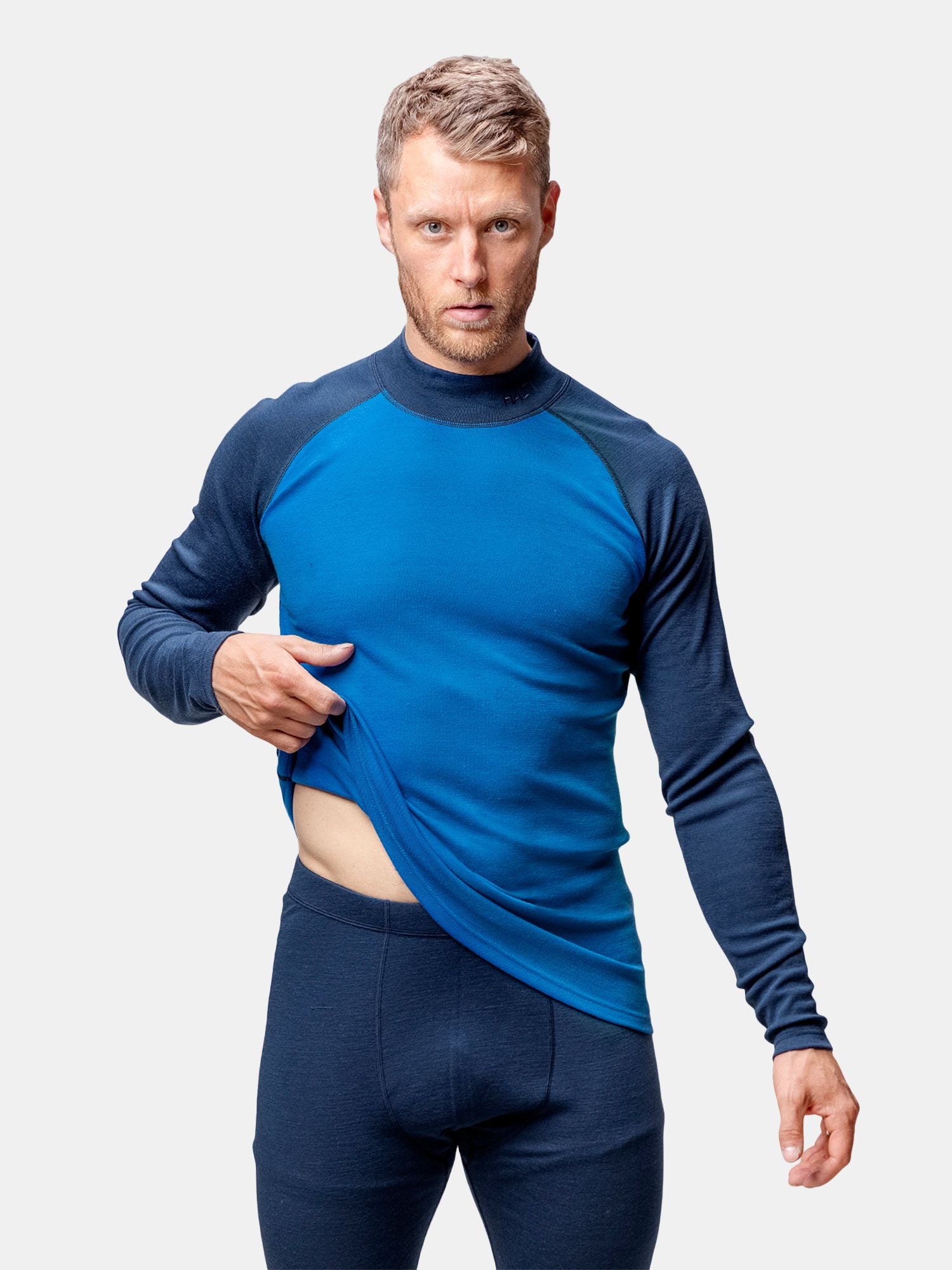
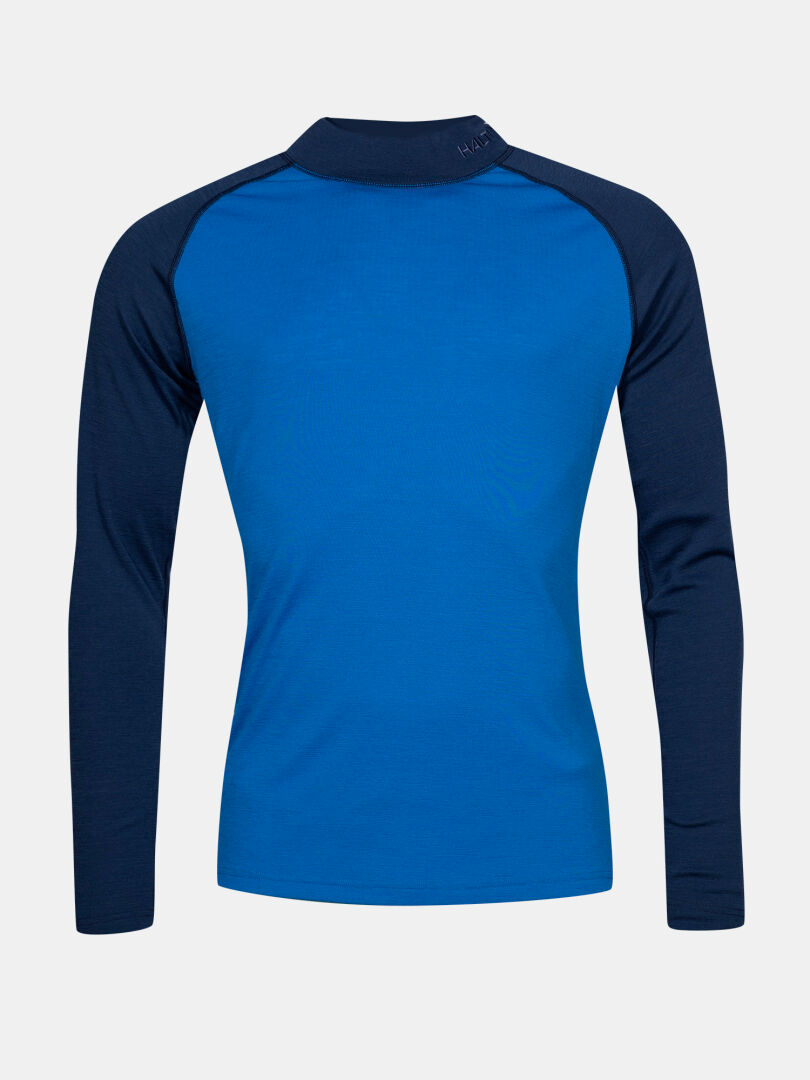
Neva Merino Base Layer Set Men's
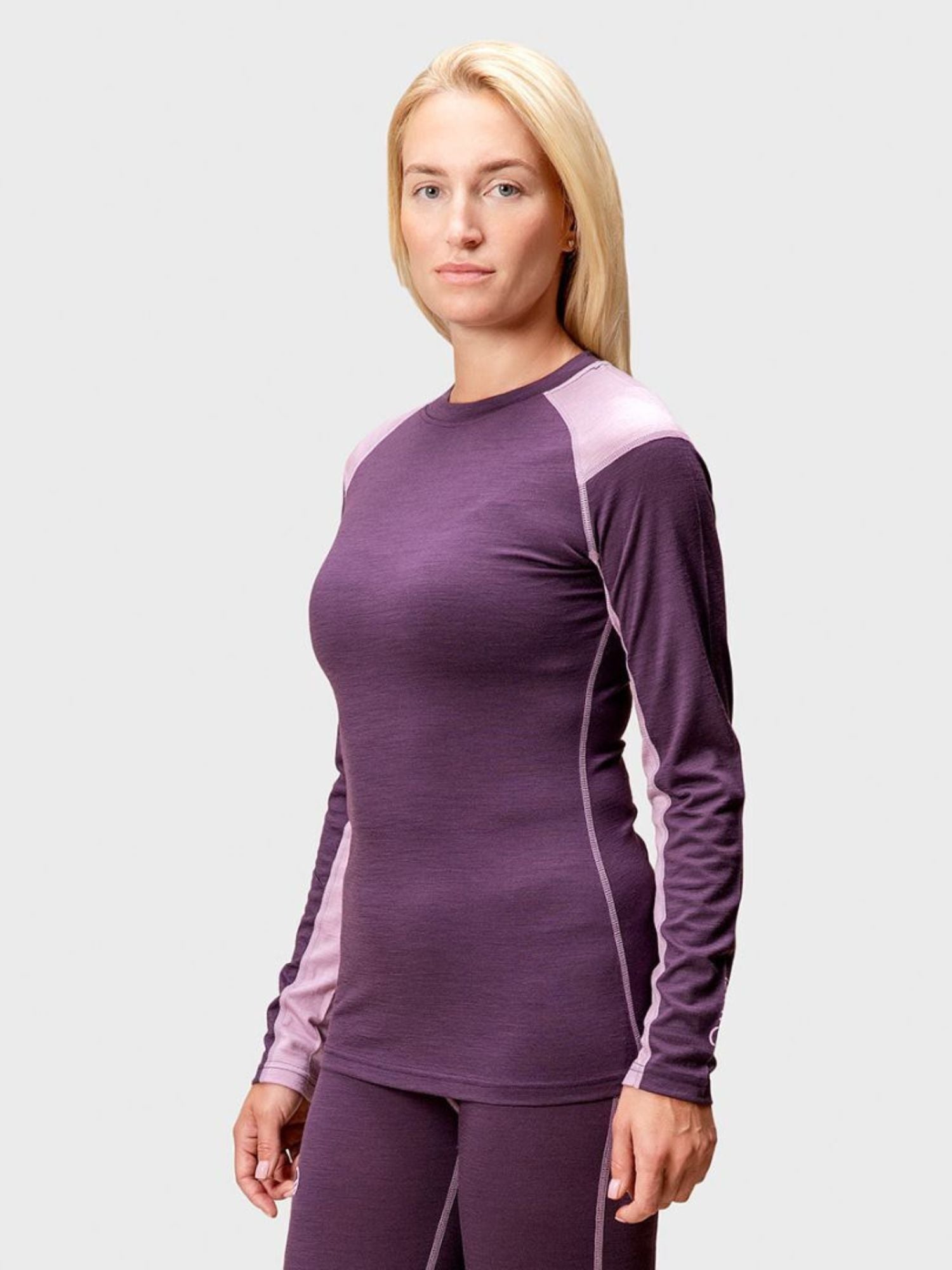
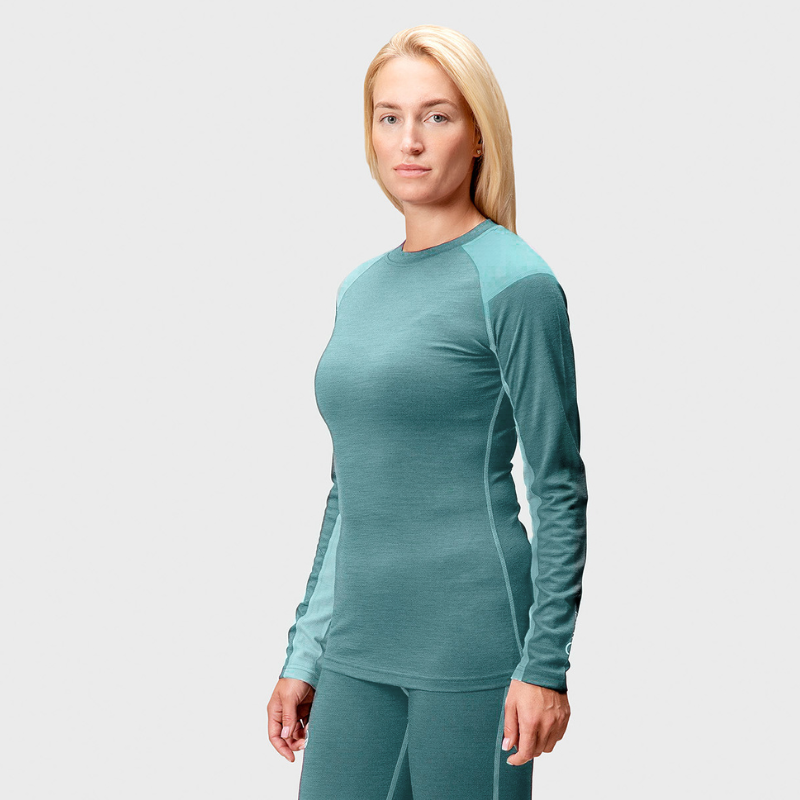
Pihka II Merino Baselayer Shirt Women's
Mid-layer
The second layer, or mid-layer, is responsible for warmth and temperature regulation. It traps heat inside while allowing moisture to escape. There are many options to choose from—technical materials, fleece, or wool—depending on the intensity of your activity or the weather conditions.
It’s also worth considering the weight and packability of the mid-layer, as adding or removing it allows you to easily adjust your body temperature while spending time outdoors.
Shirts & mid-layers
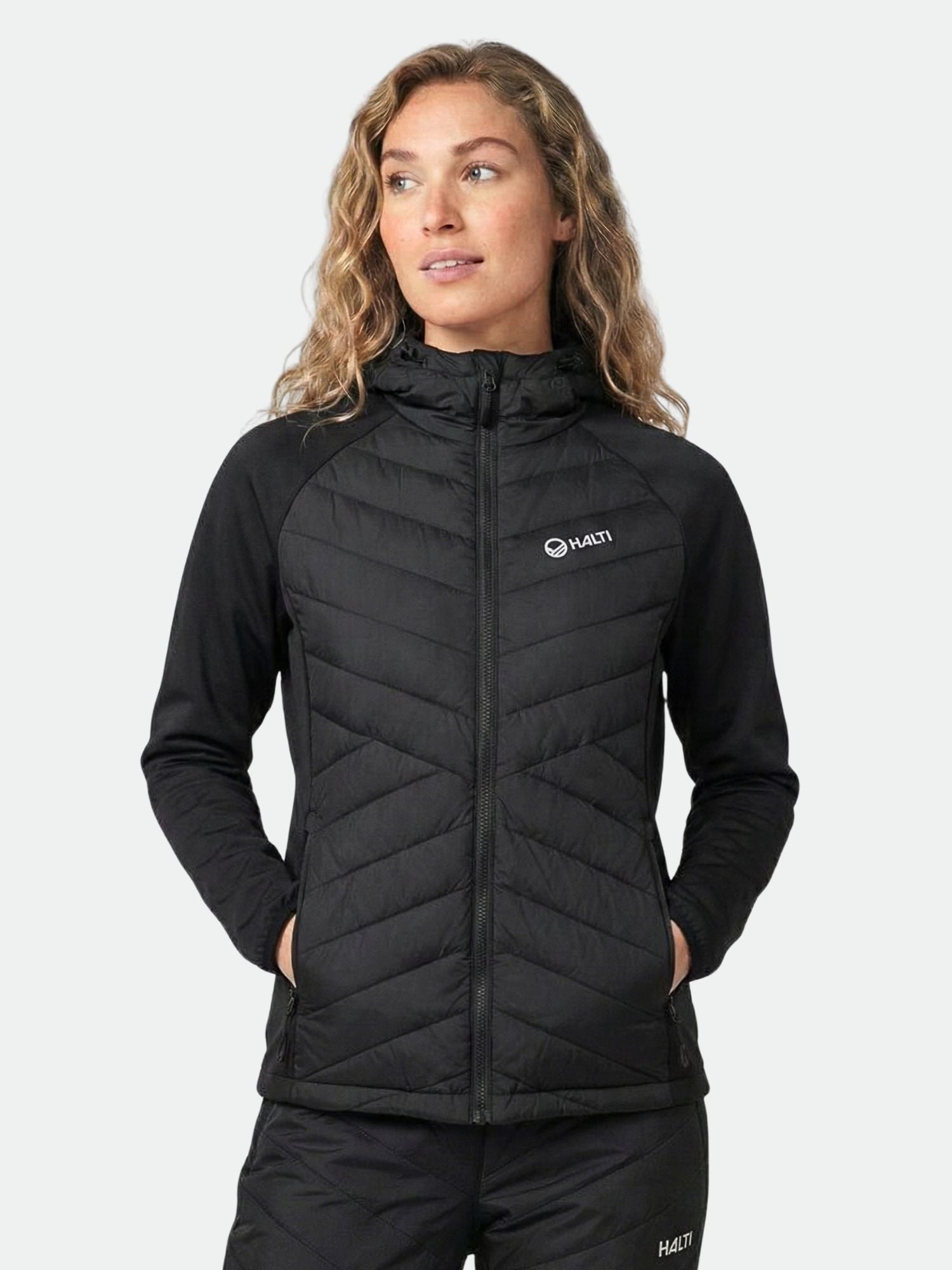
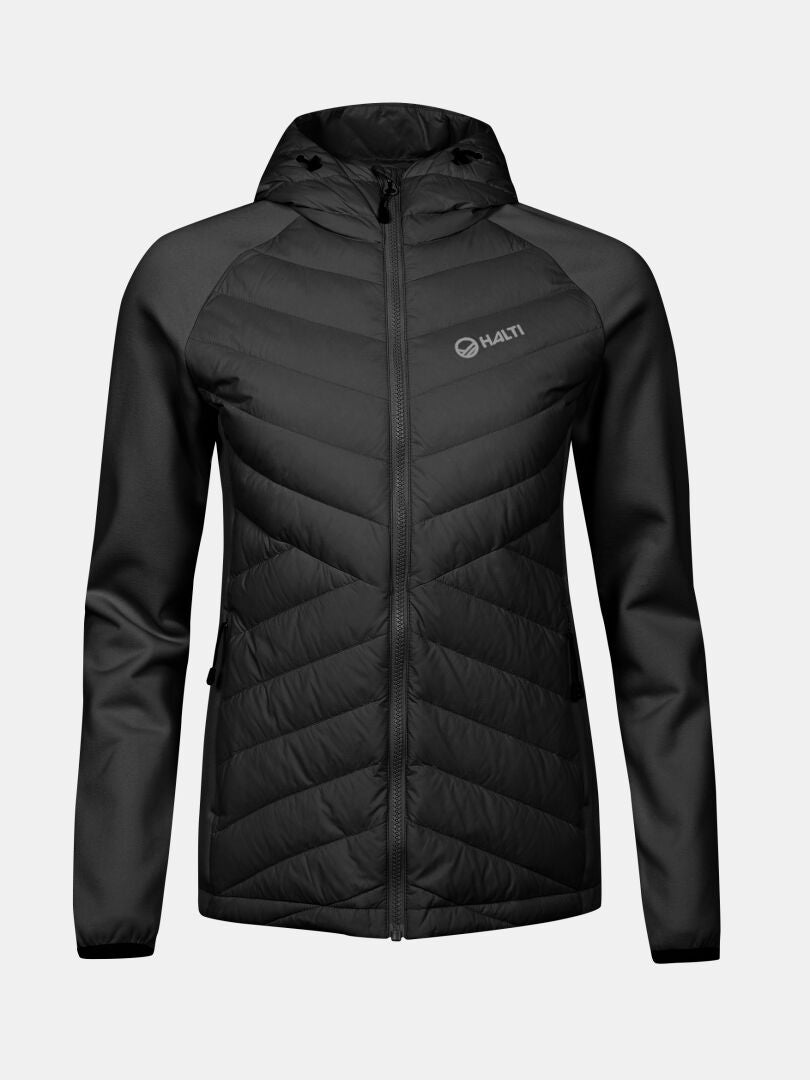
Huippu Hybrid Down Jacket Women's
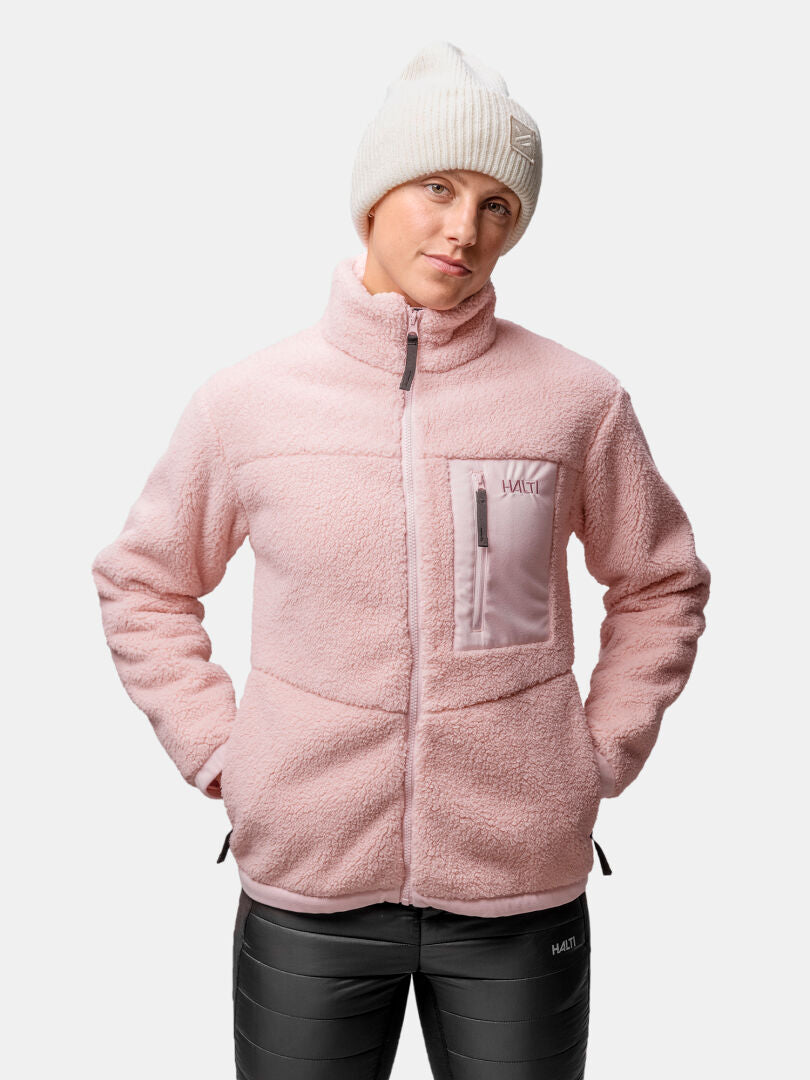
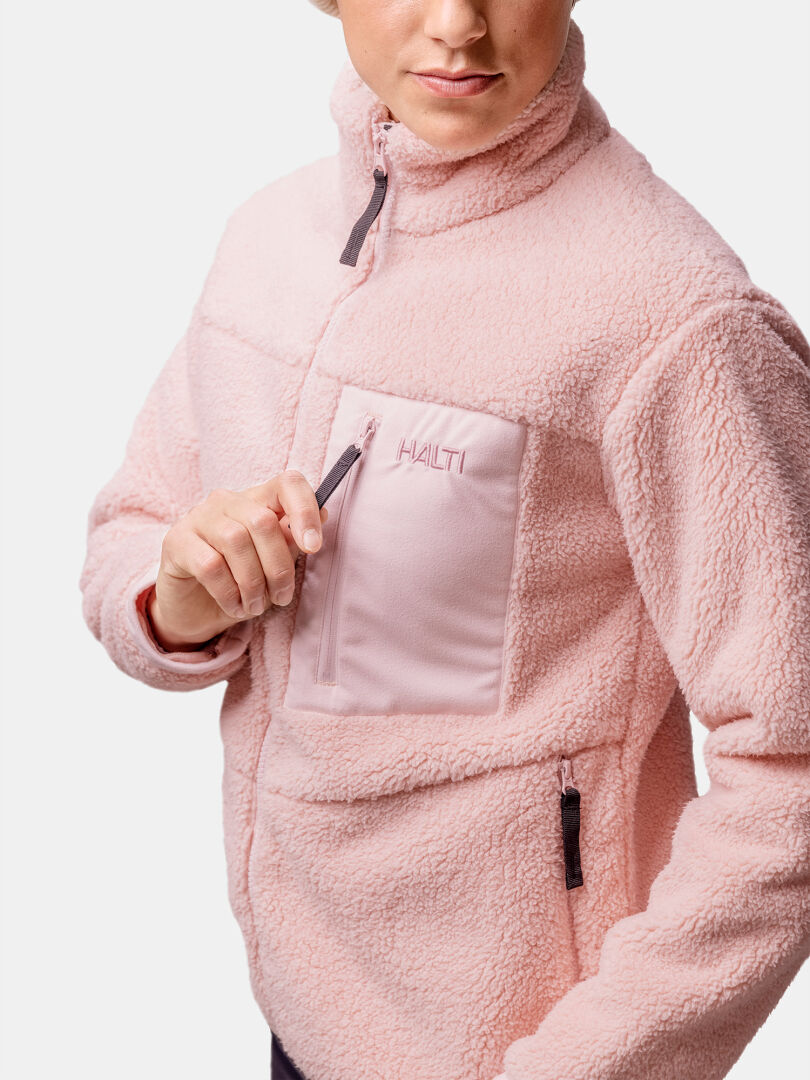
Lumista Polar Fleece Jacket Women's
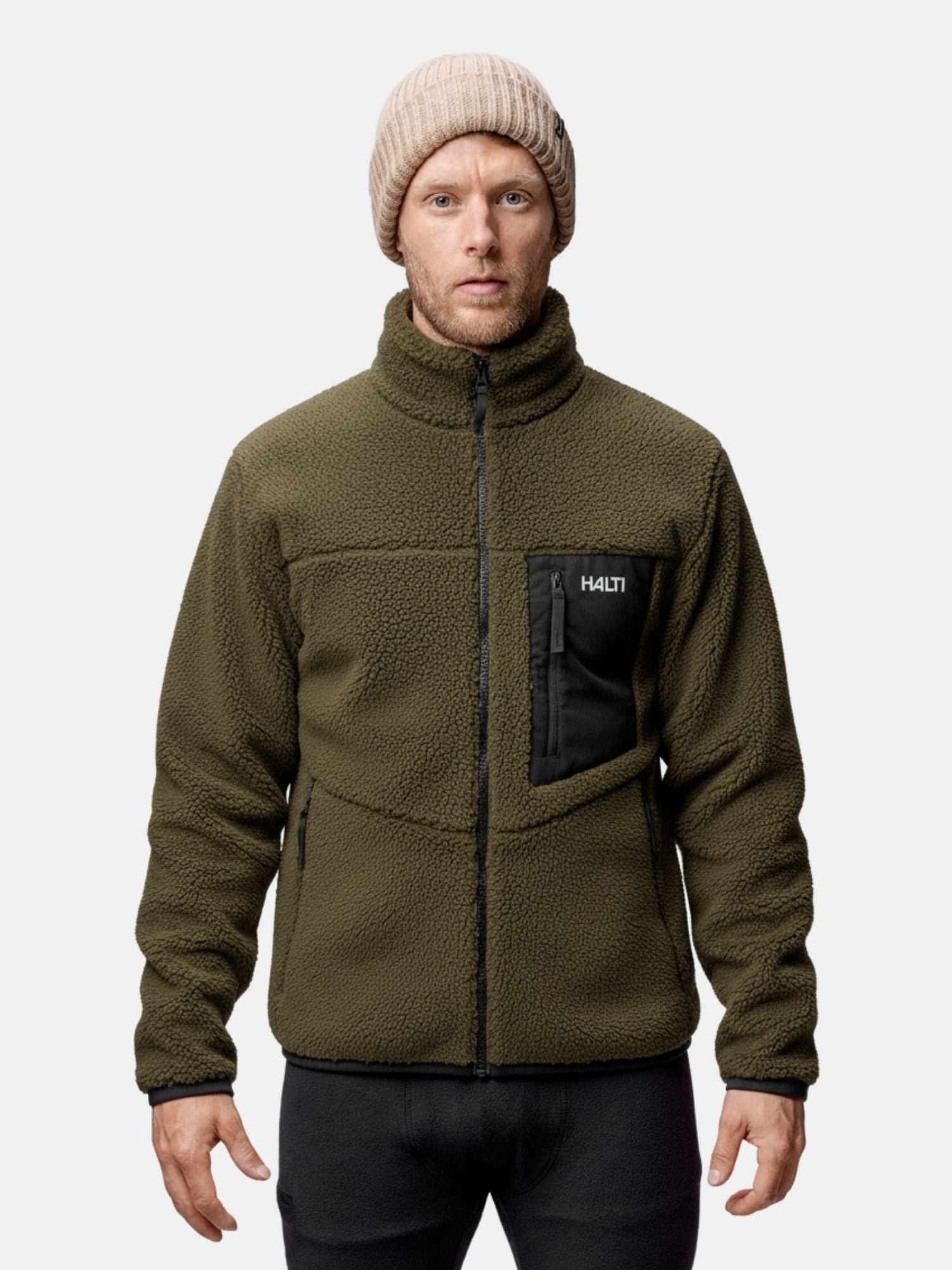

Lumista Polar Fleece Jacket Men's
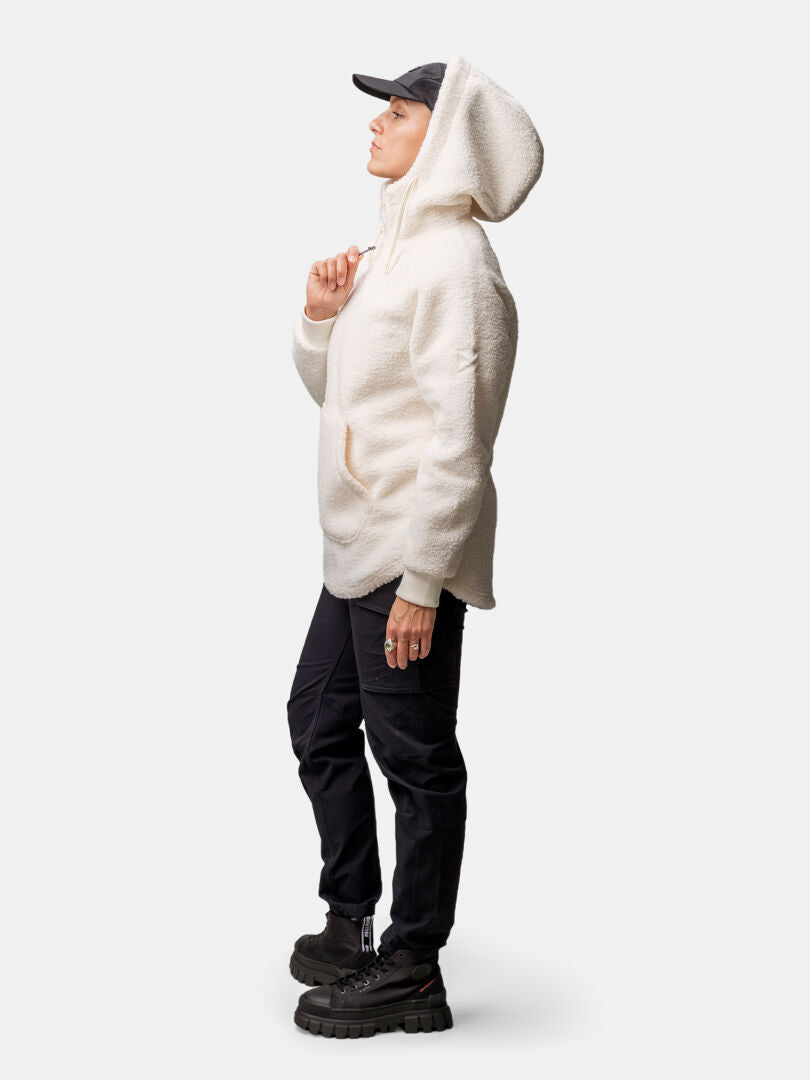
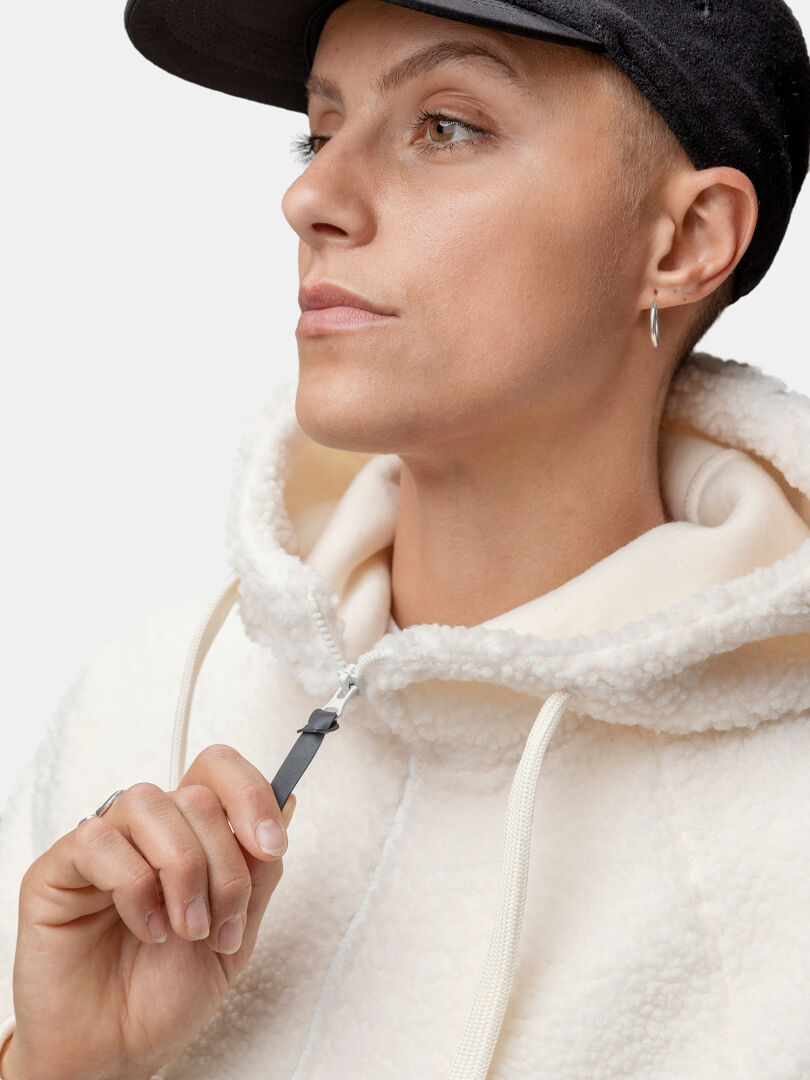
Lykky Fleece Pullover Women's
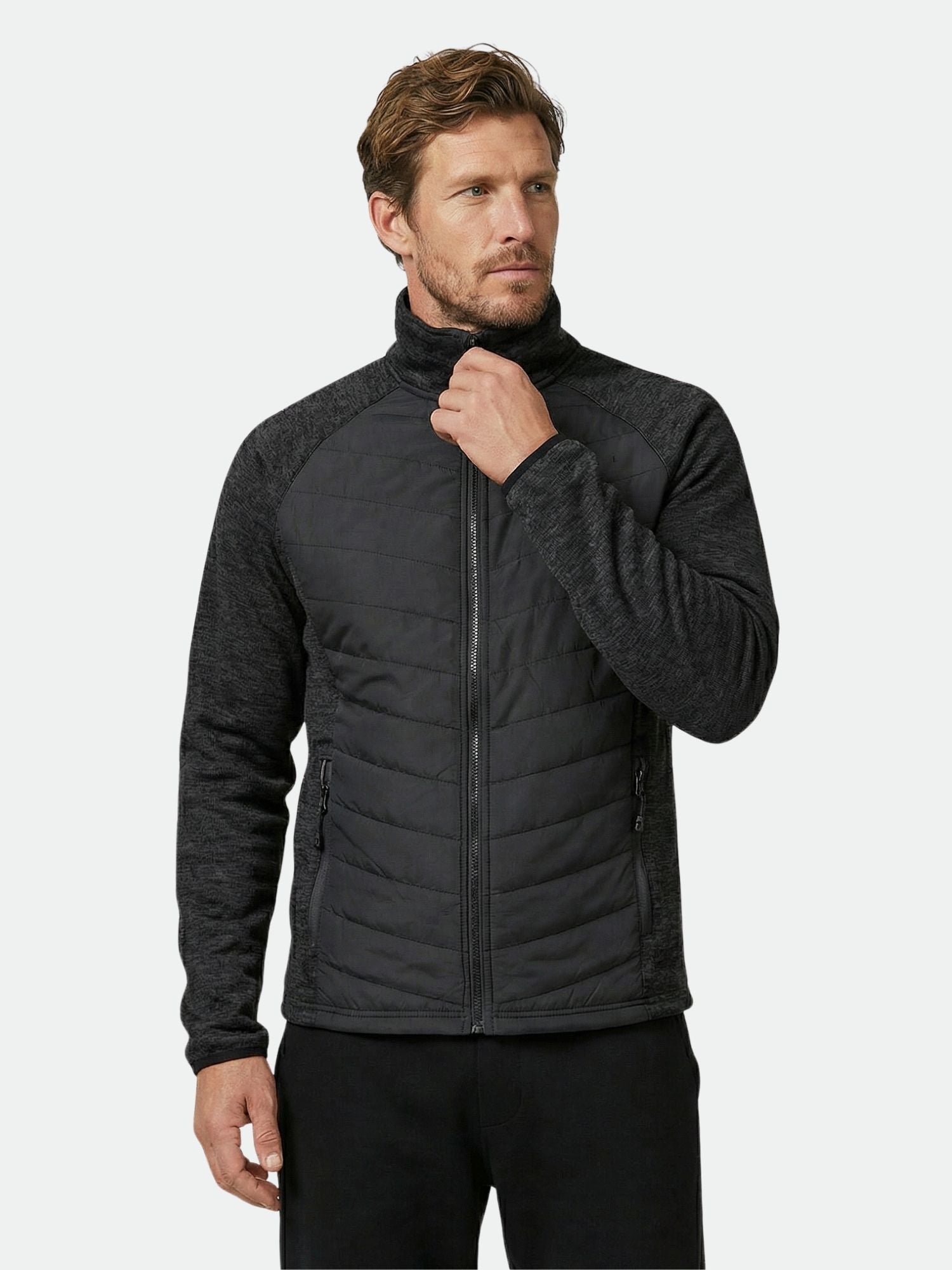
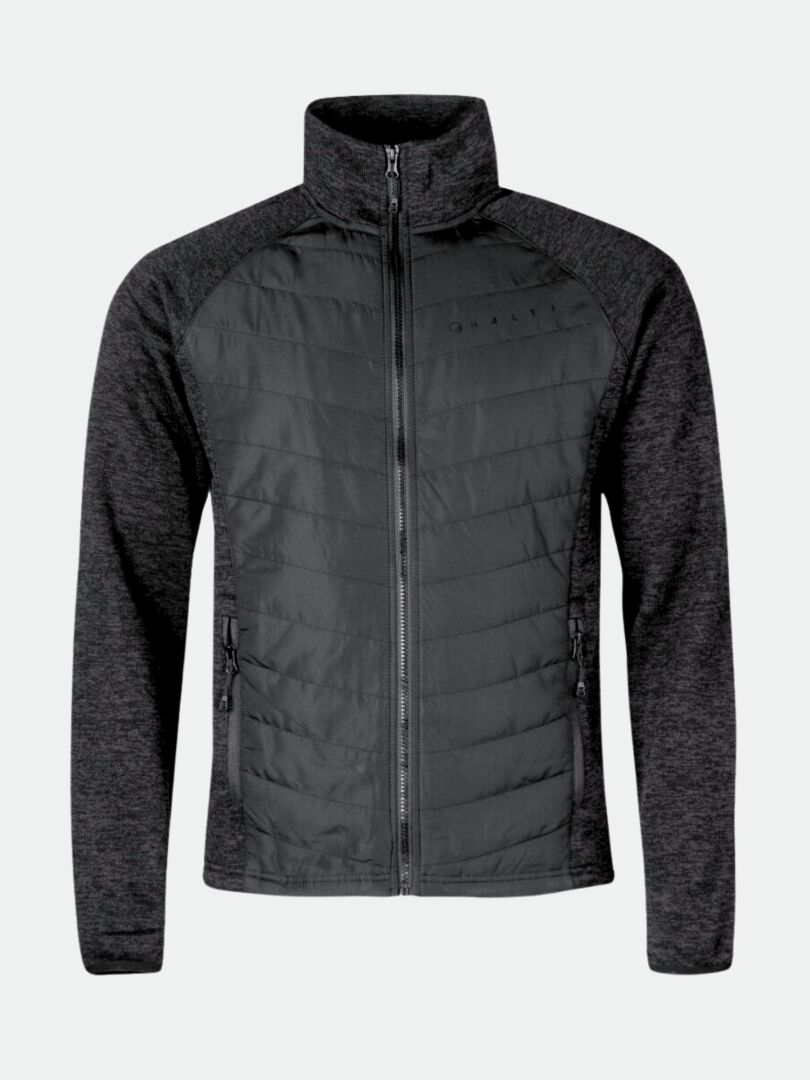
Streams Hybrid Layer Jacket Men's
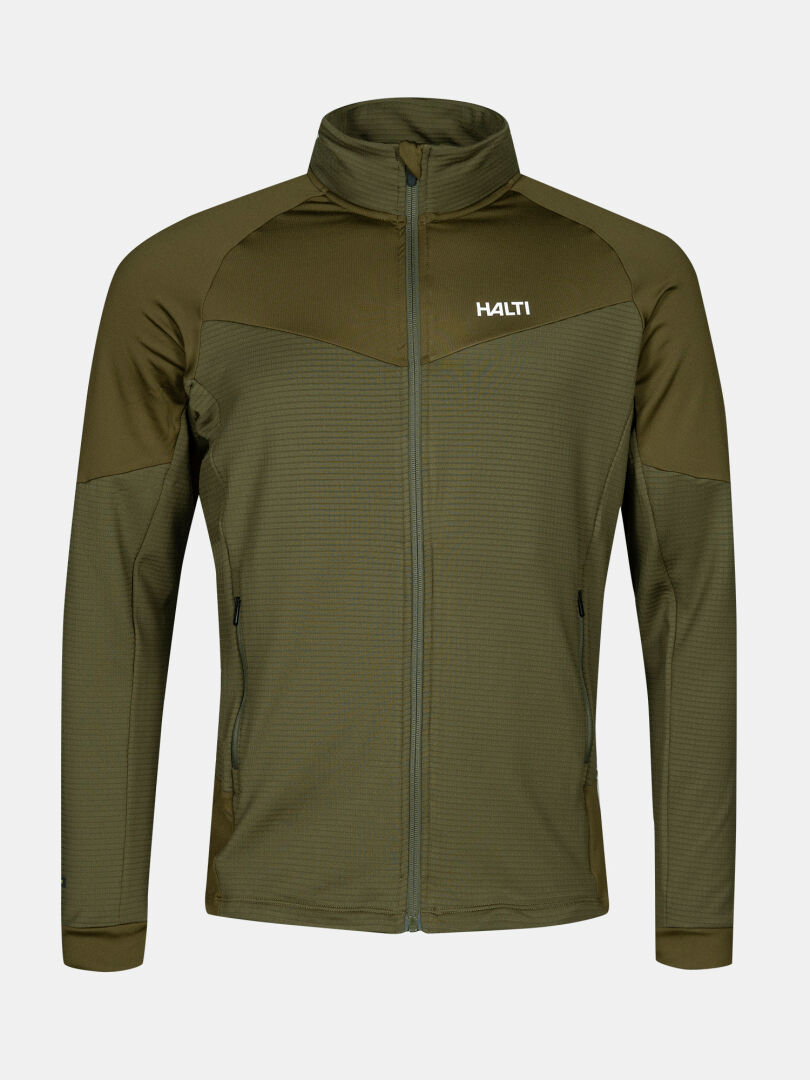
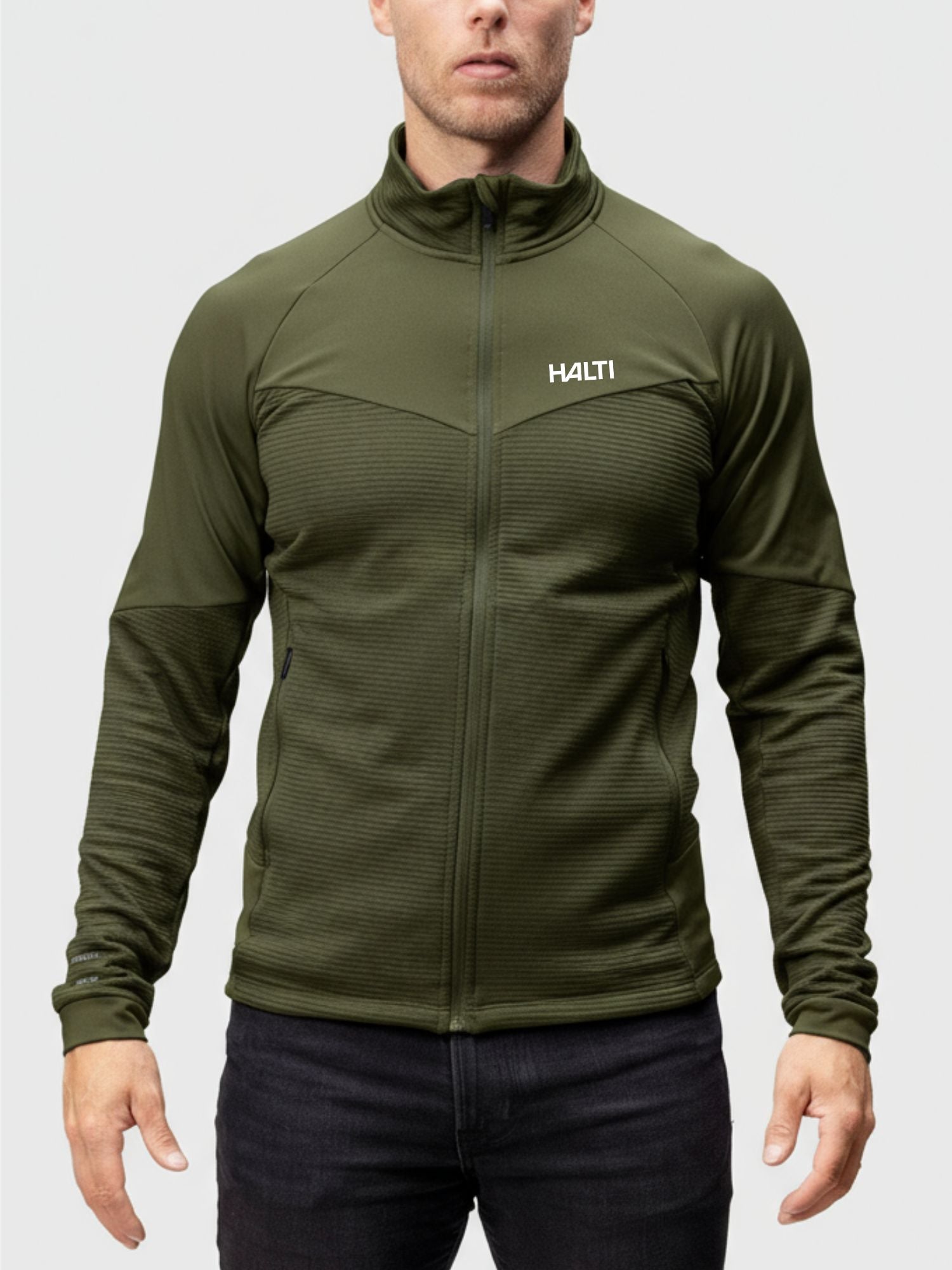
HeatGrid Layer Jacket Men's
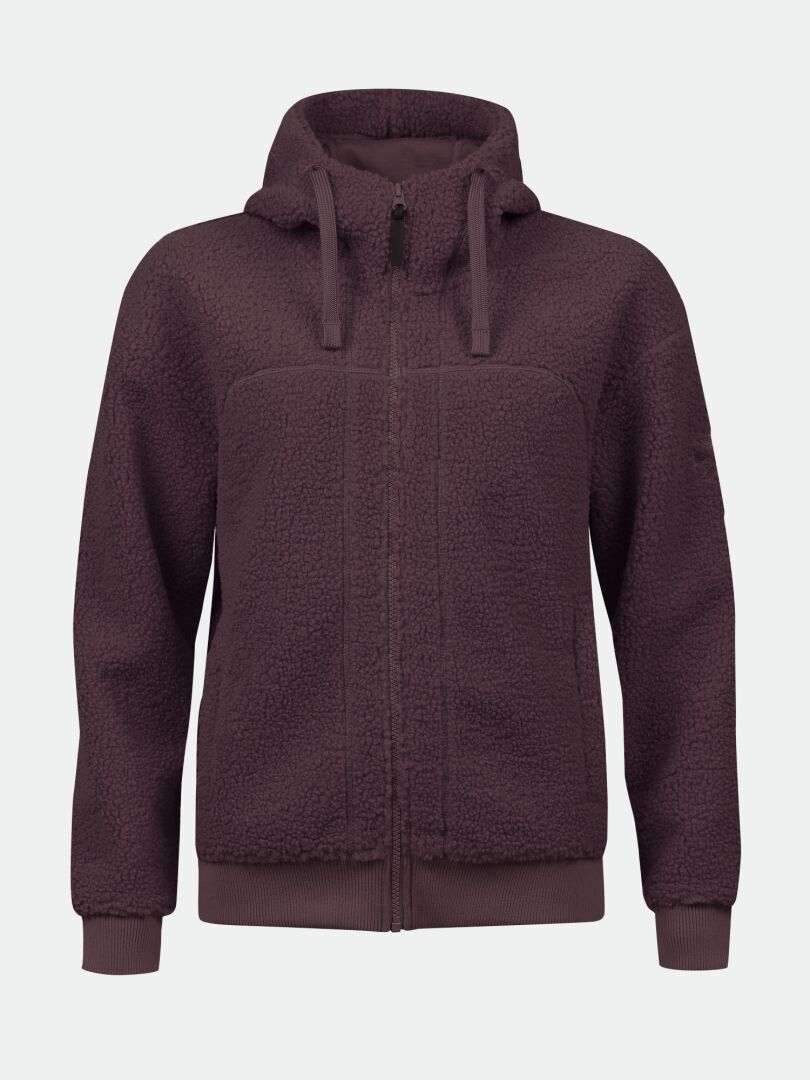
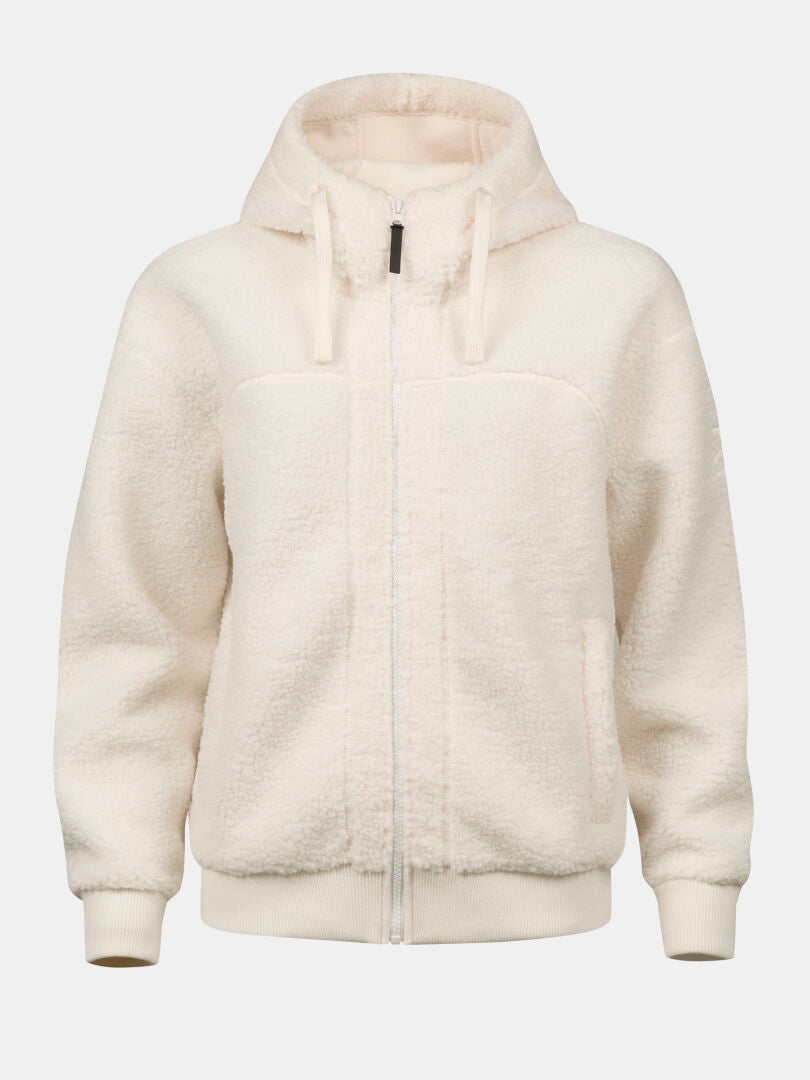
Lykky Fleece Jacket Women's
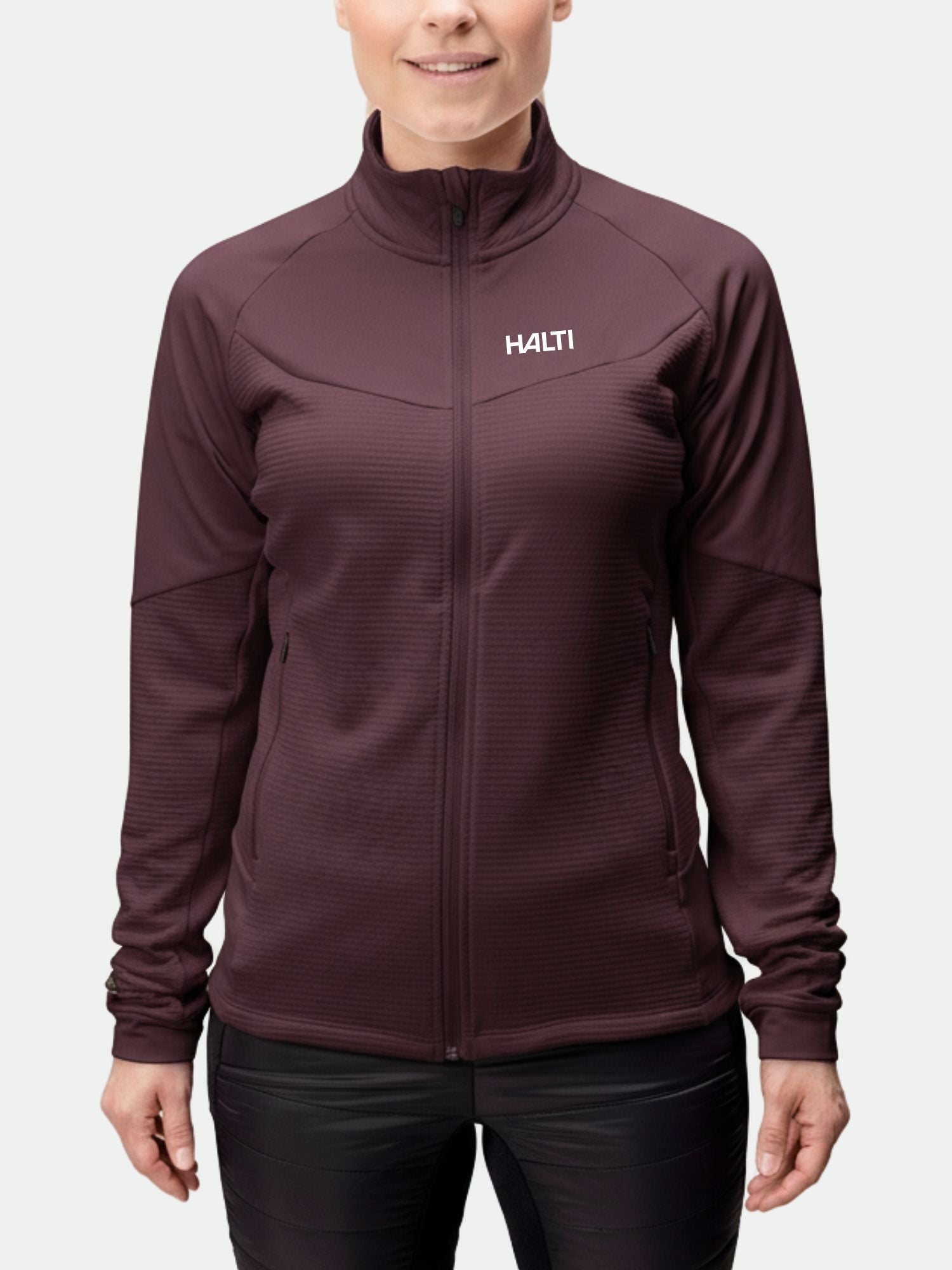
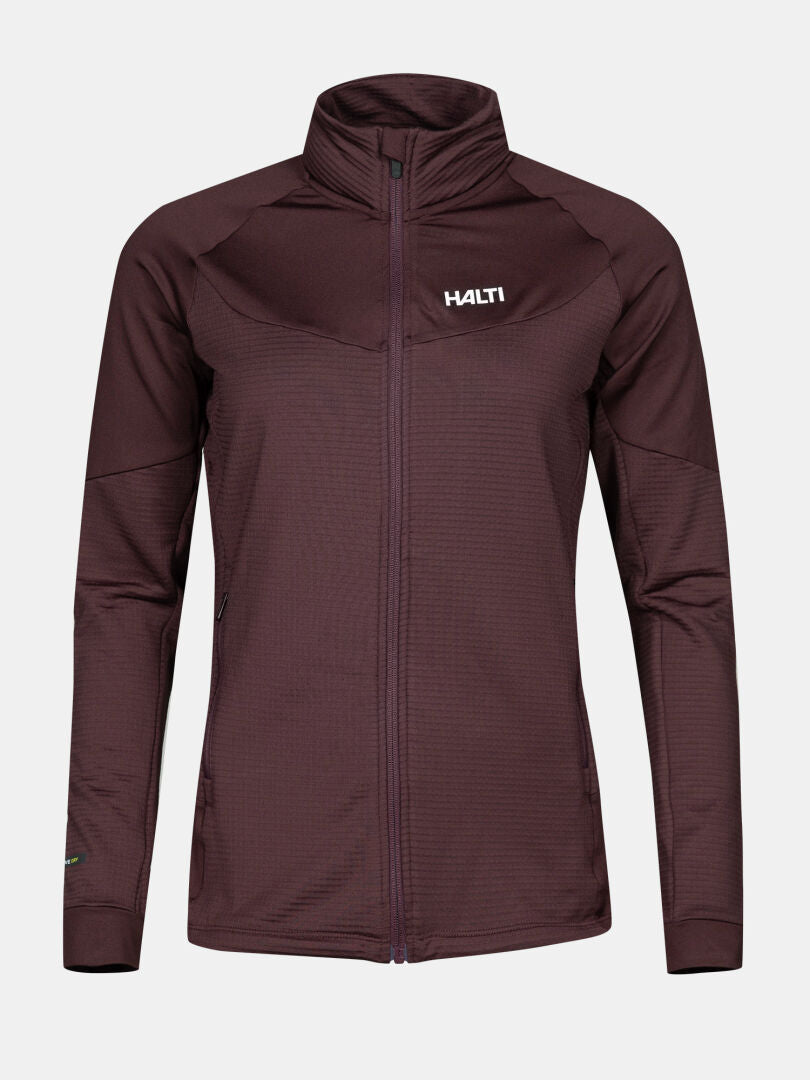
HeatGrid Layer Jacket Women's
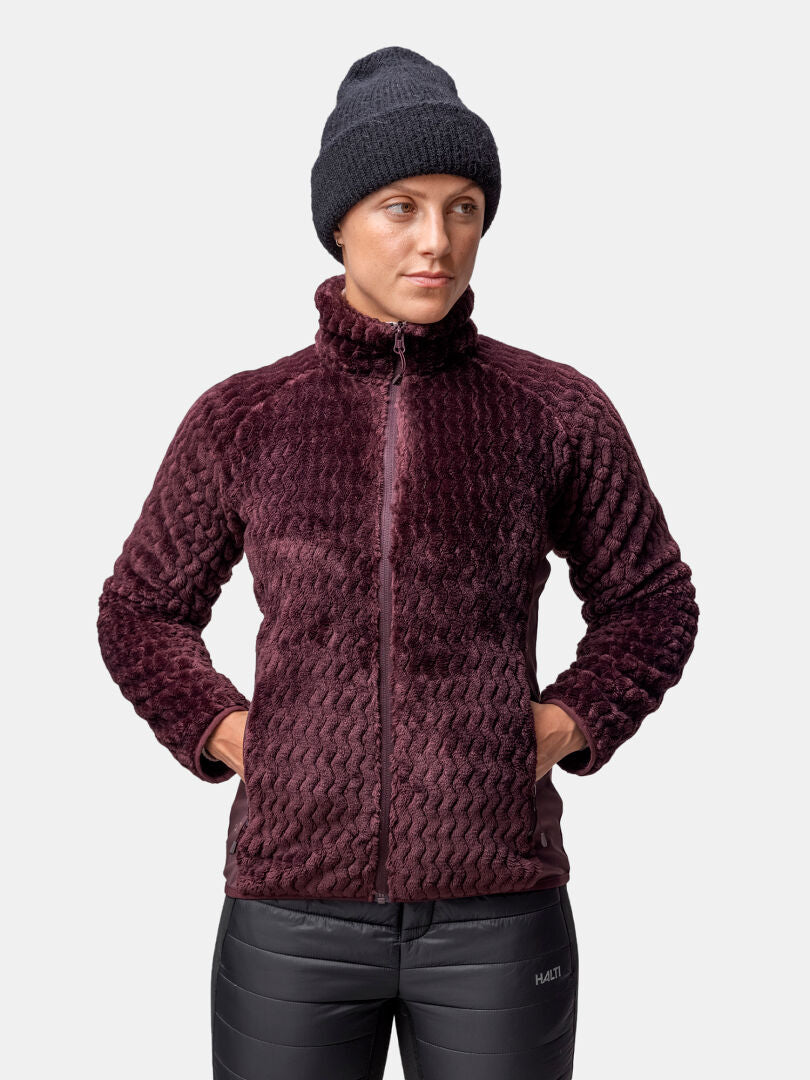
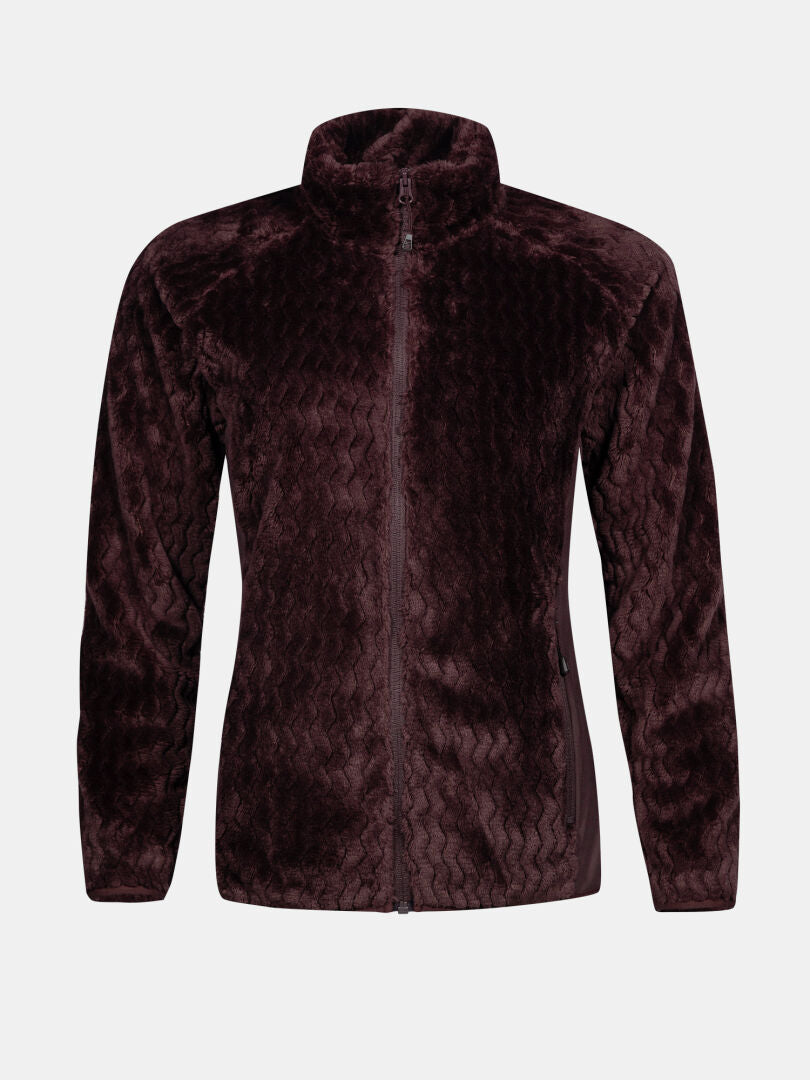
Thermel Layer Jacket Women's
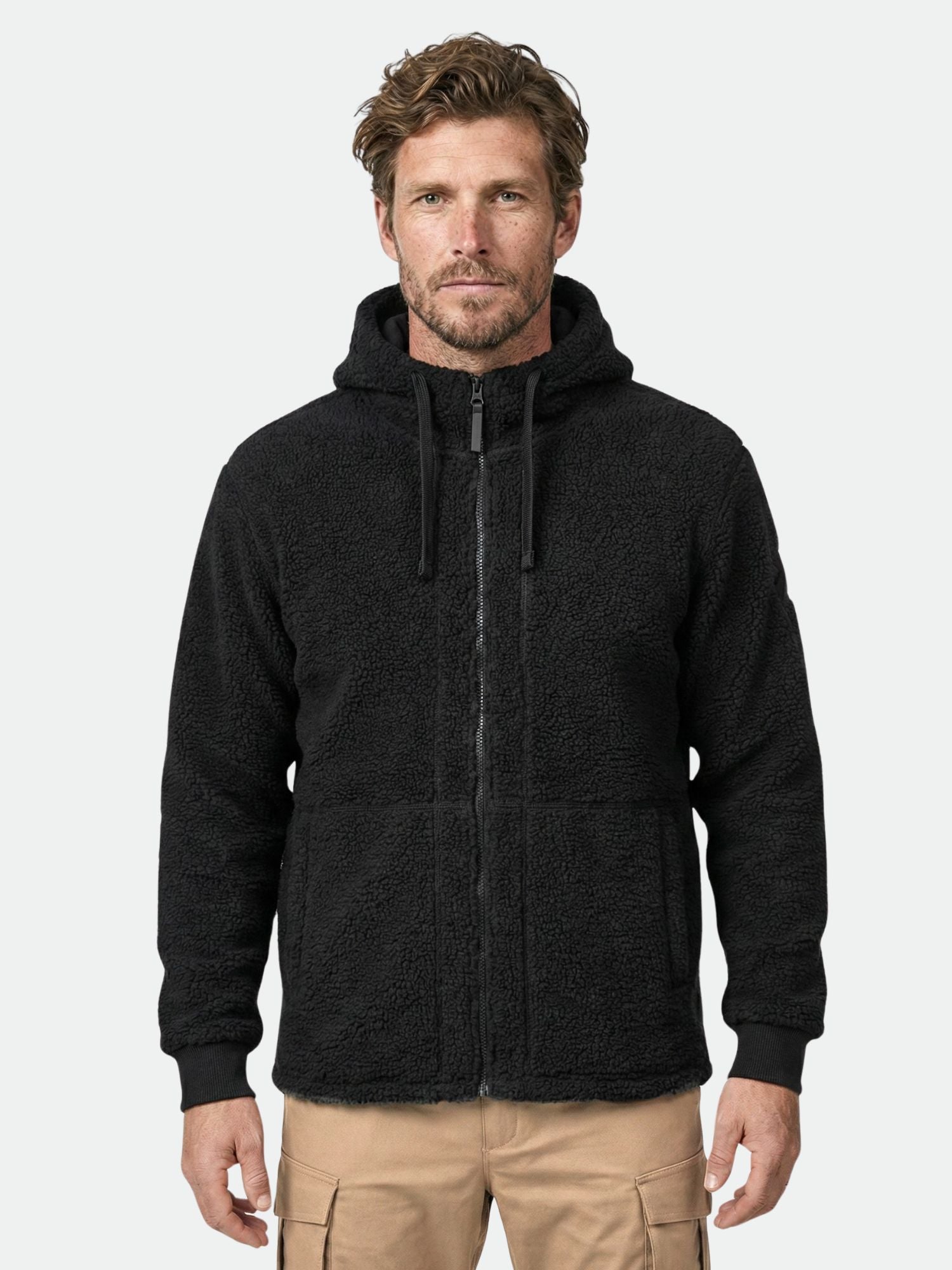
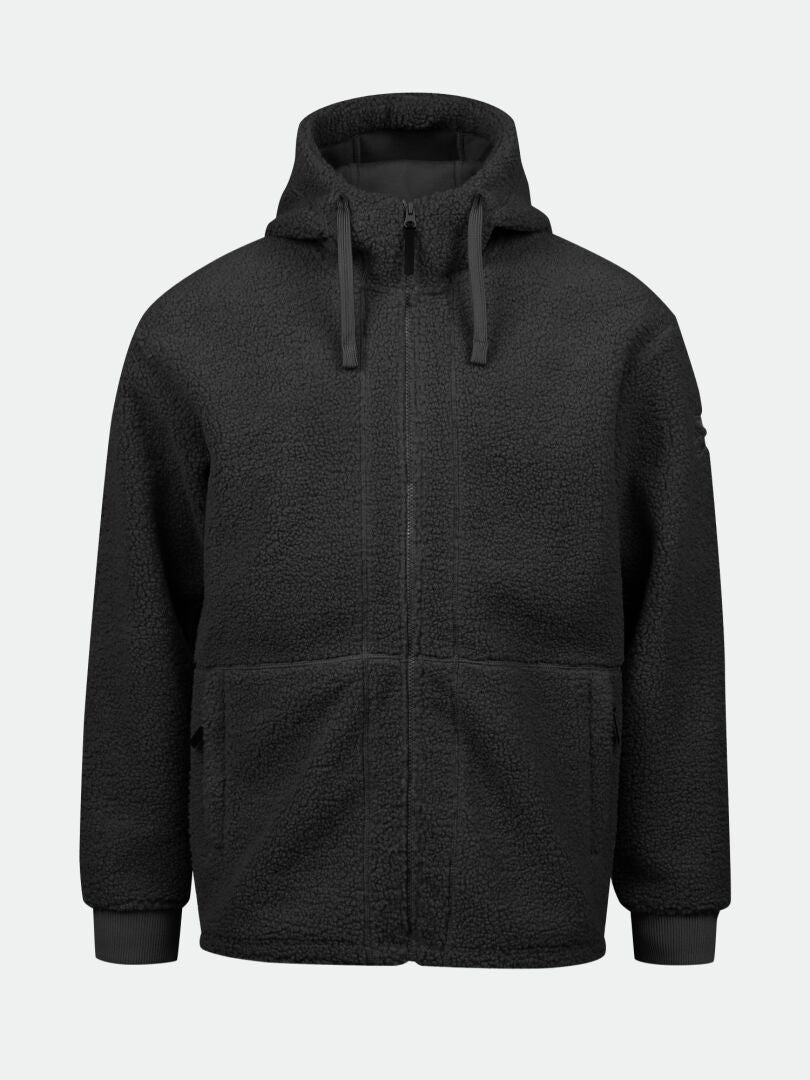
Lykky Fleece Jacket Men's
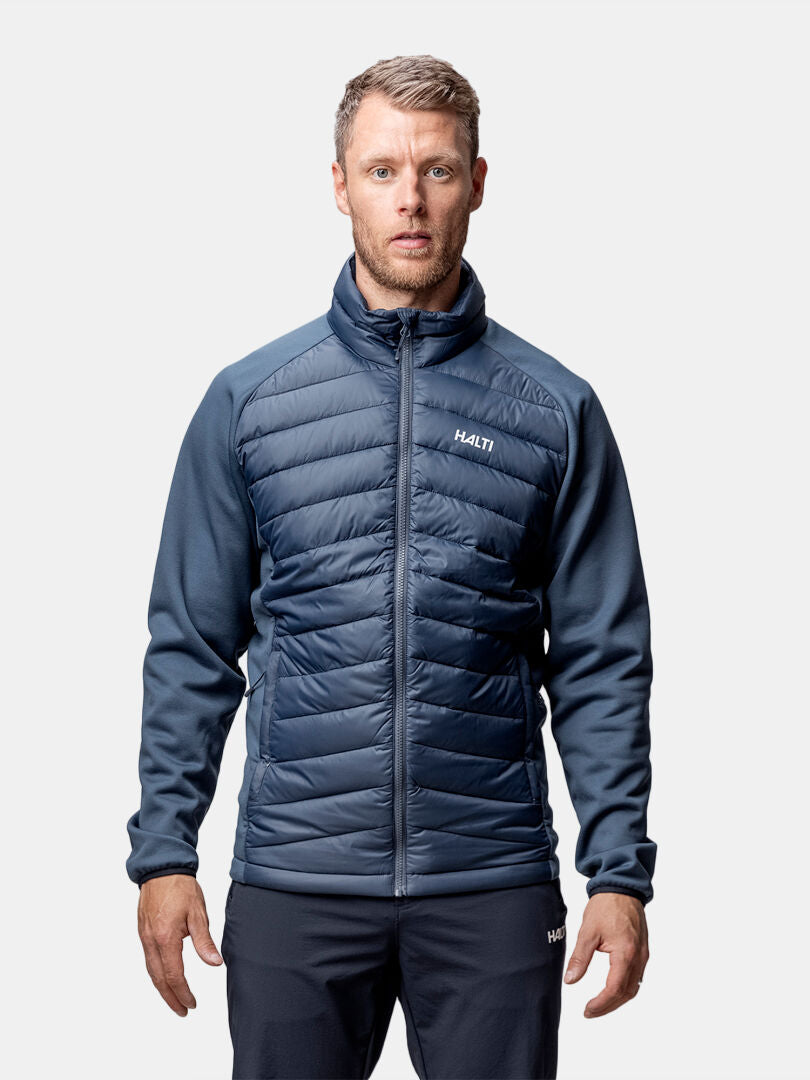
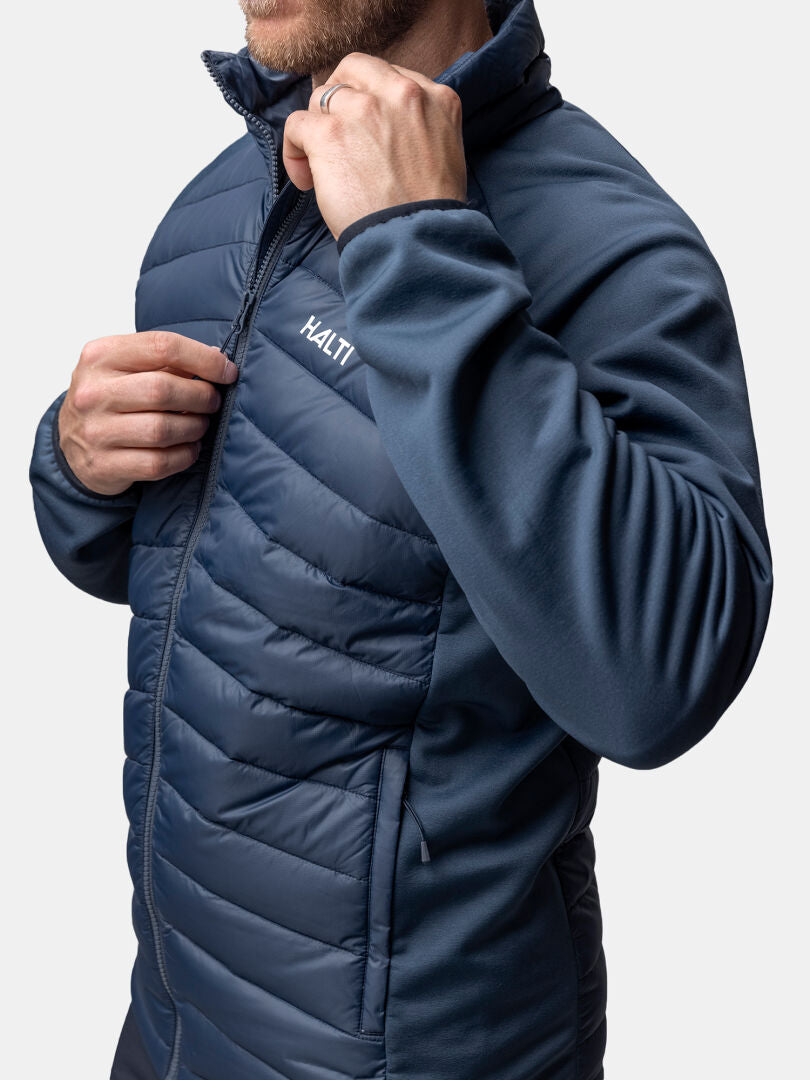
Huippu Hybrid Down Jacket Men's
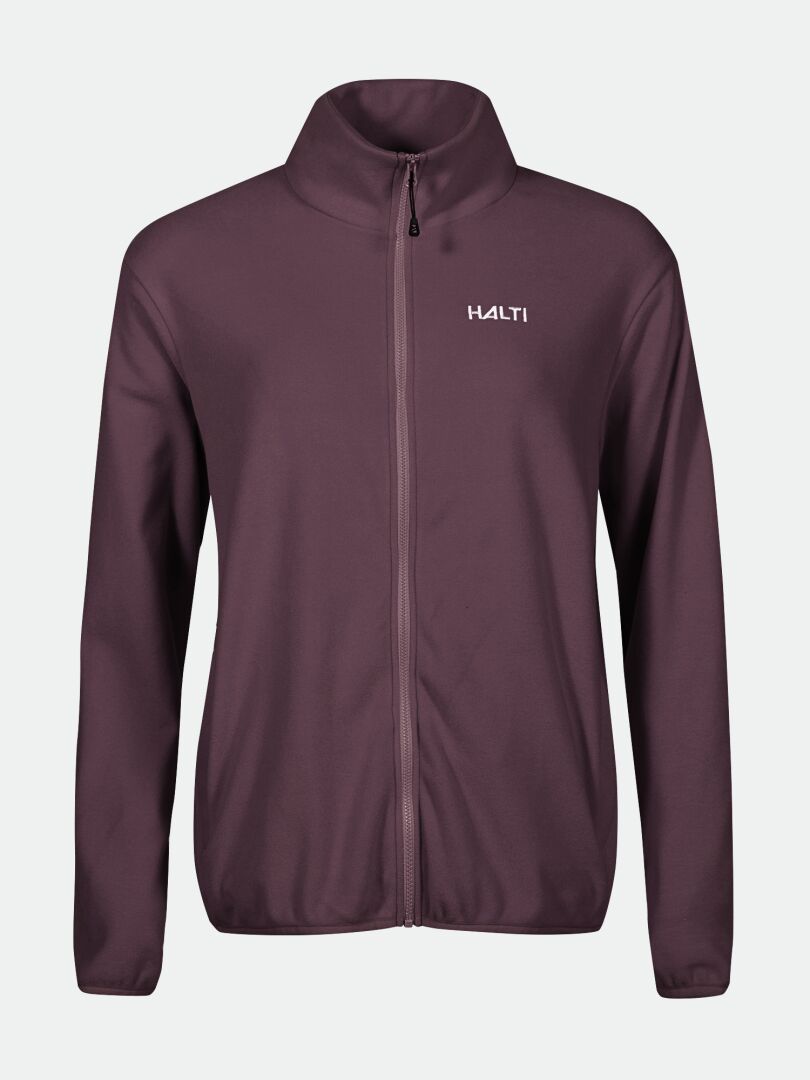
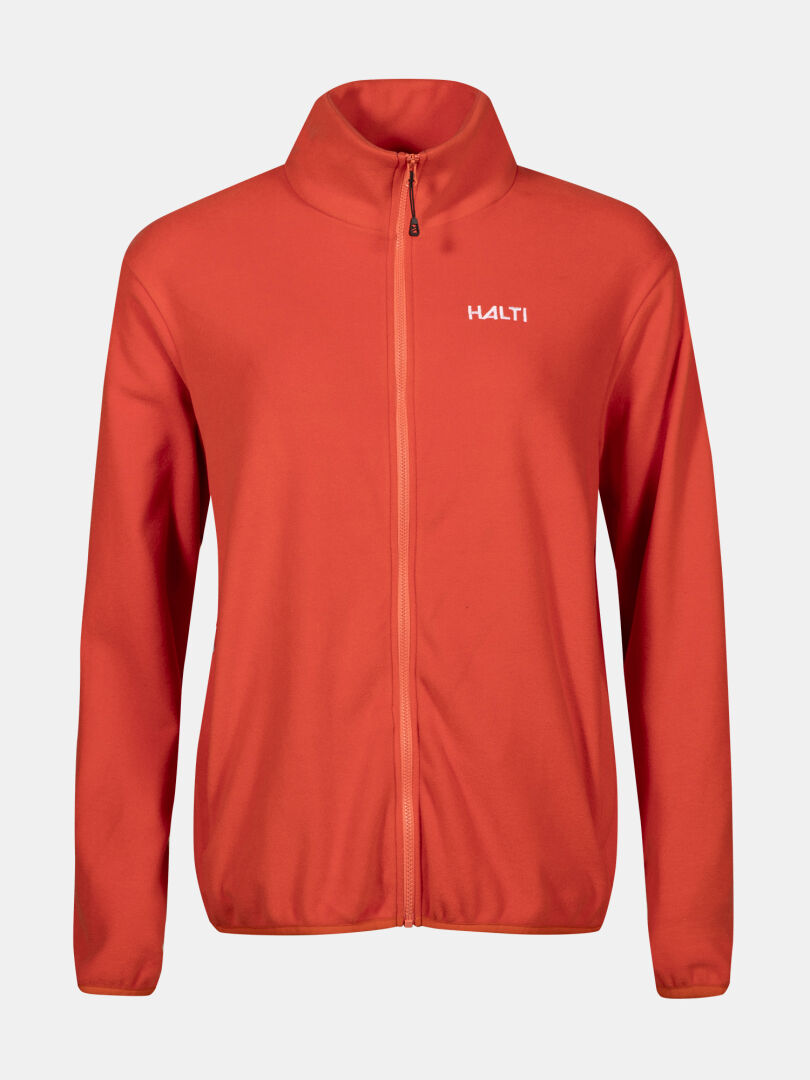
Rockmoon Fleece Jacket Women's Plus
Insulation
The insulation layer provides extra warmth, especially in cold or windy conditions. This insulating layer sits between the mid-layer and the outer shell, and its purpose is to effectively trap heat around your body.
Common insulation materials include down, synthetic fibers (padding), or hybrid solutions that combine different materials to achieve optimal warmth and breathability.
Insulated jackets & vests
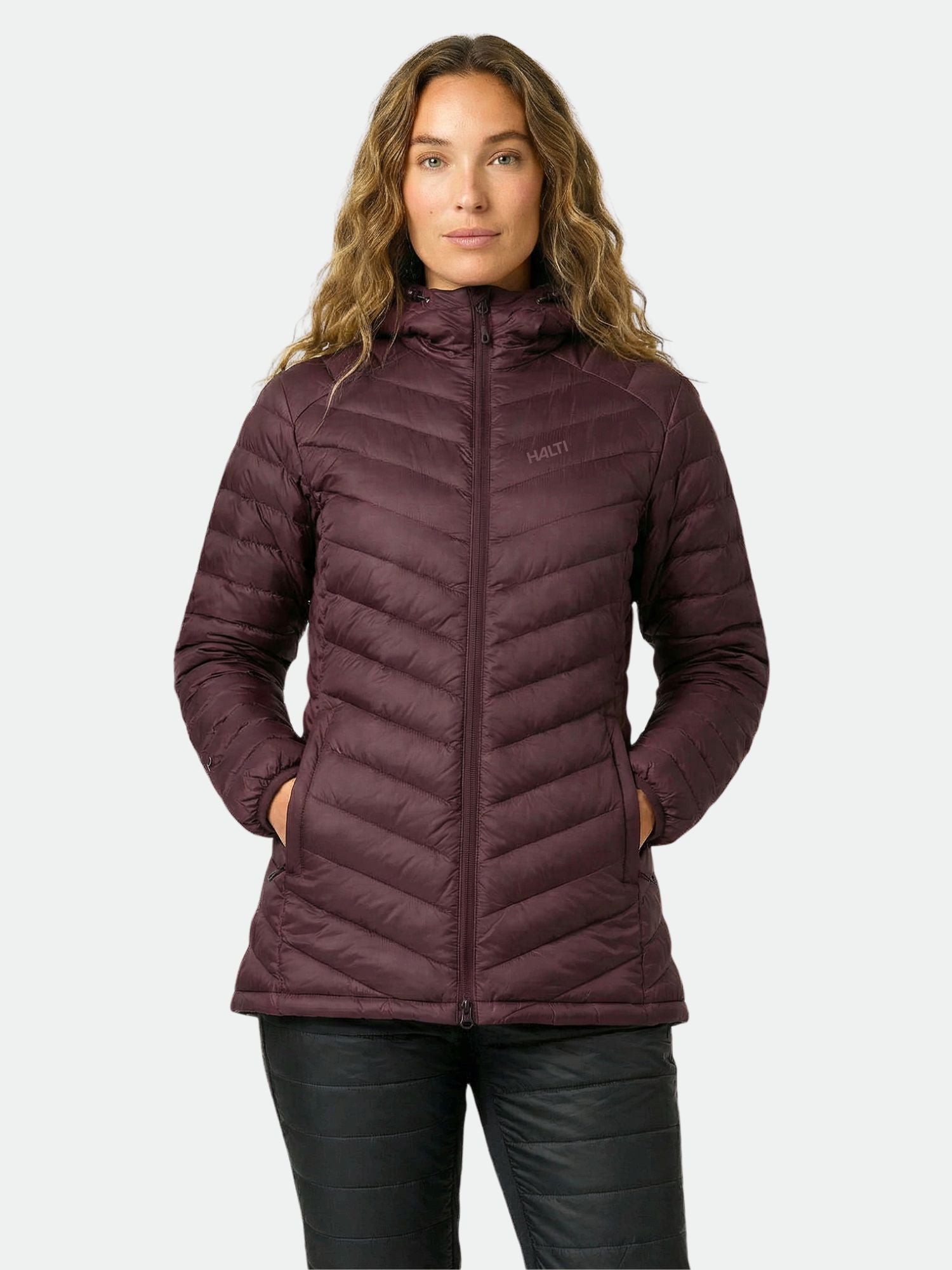
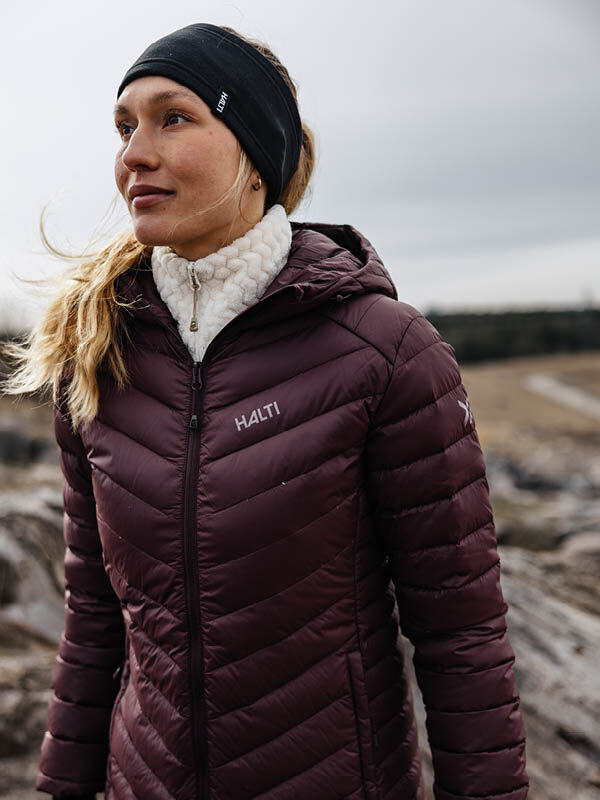
Huippu Mid Down Jacket Women's
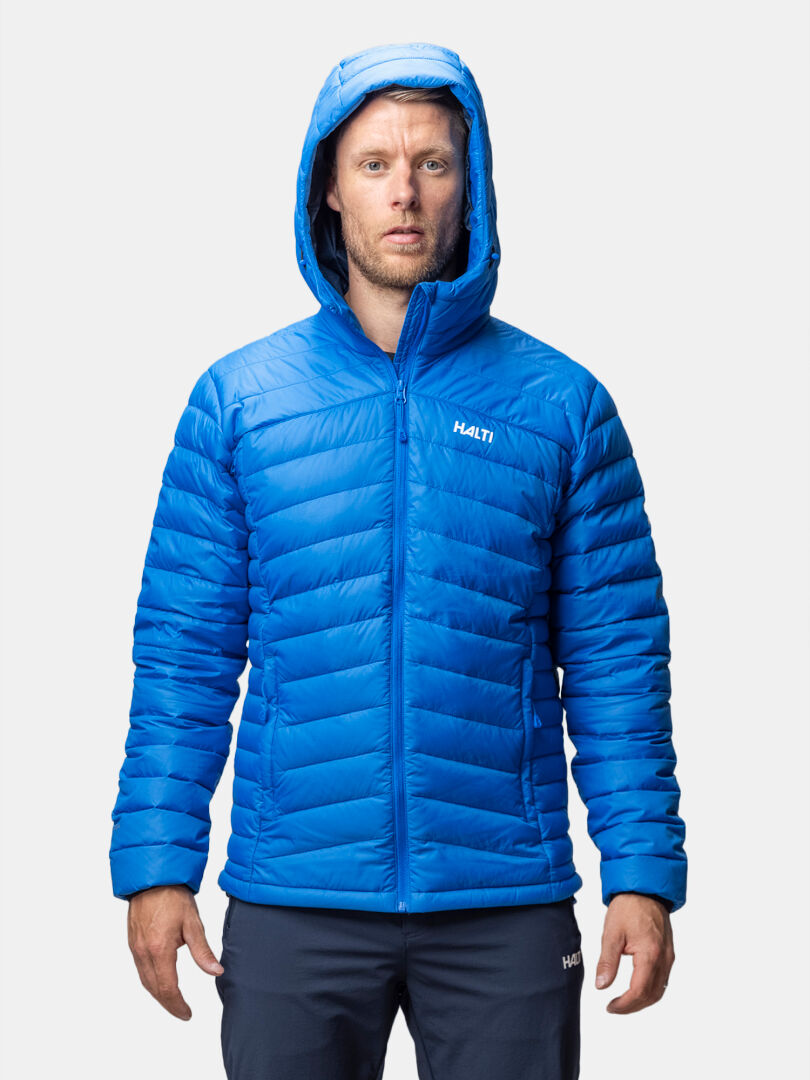
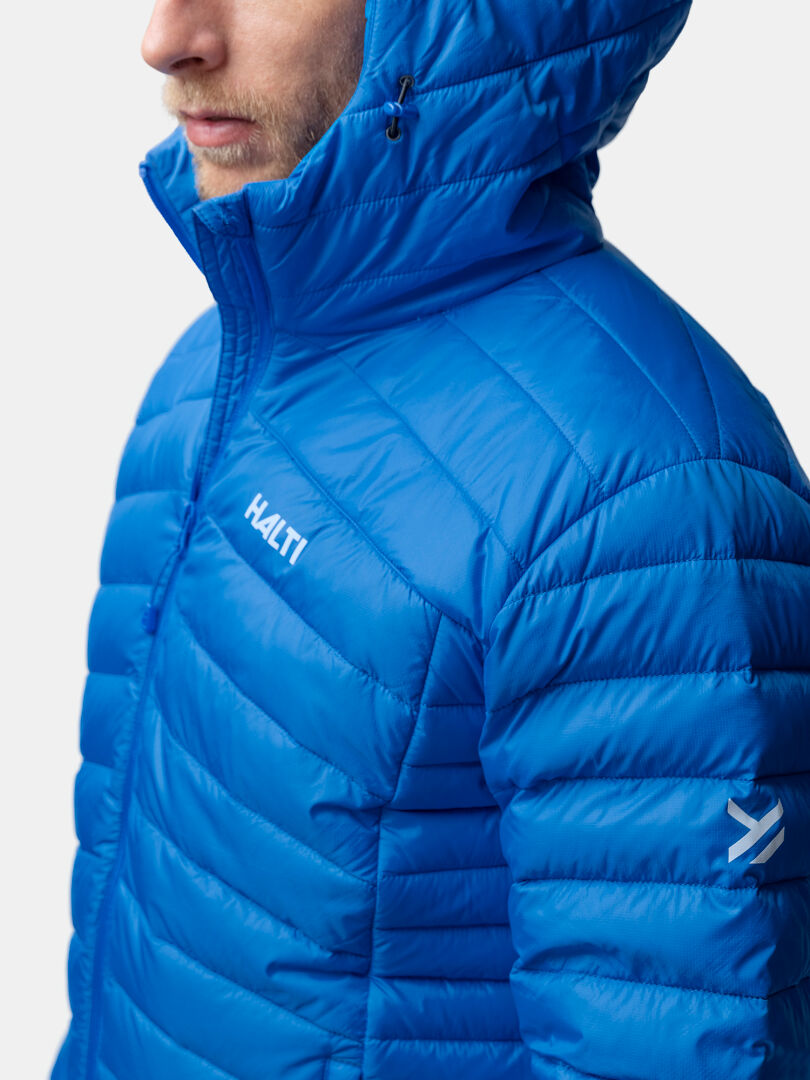
Huippu Down Jacket Men’s
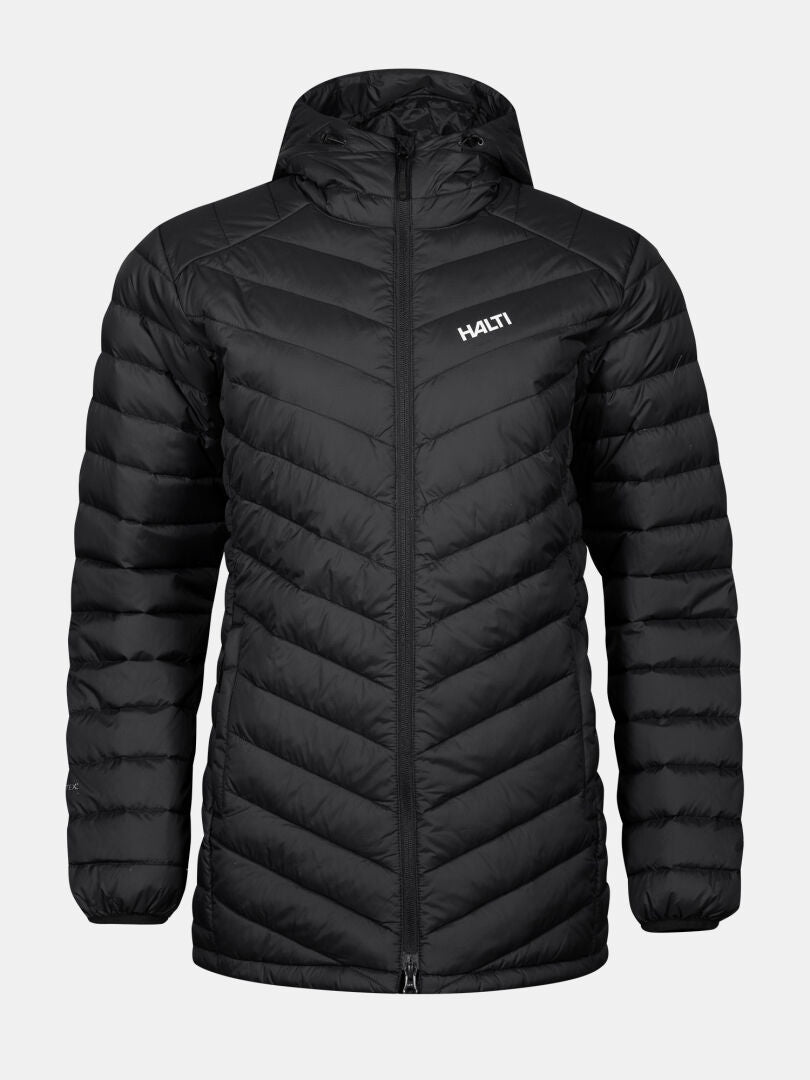
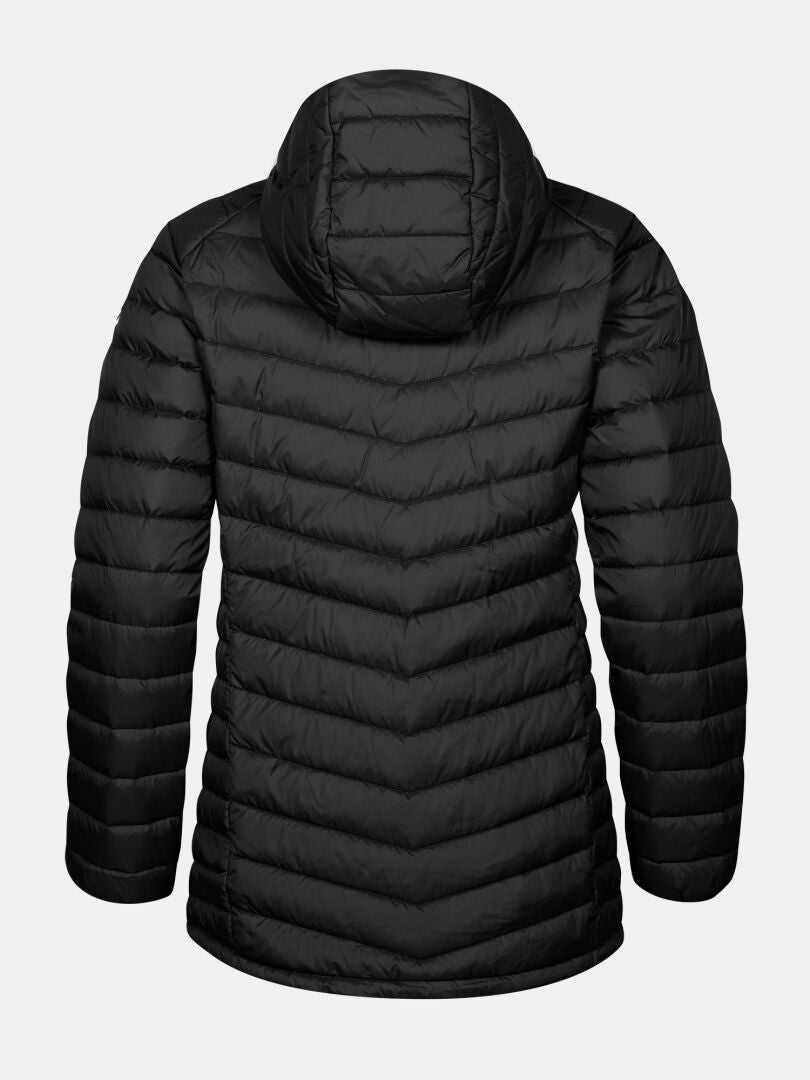
Huippu Mid Down Jacket Women's Plus


Huippu Hybrid Down Jacket Women's


Huippu Hybrid Down Jacket Men's
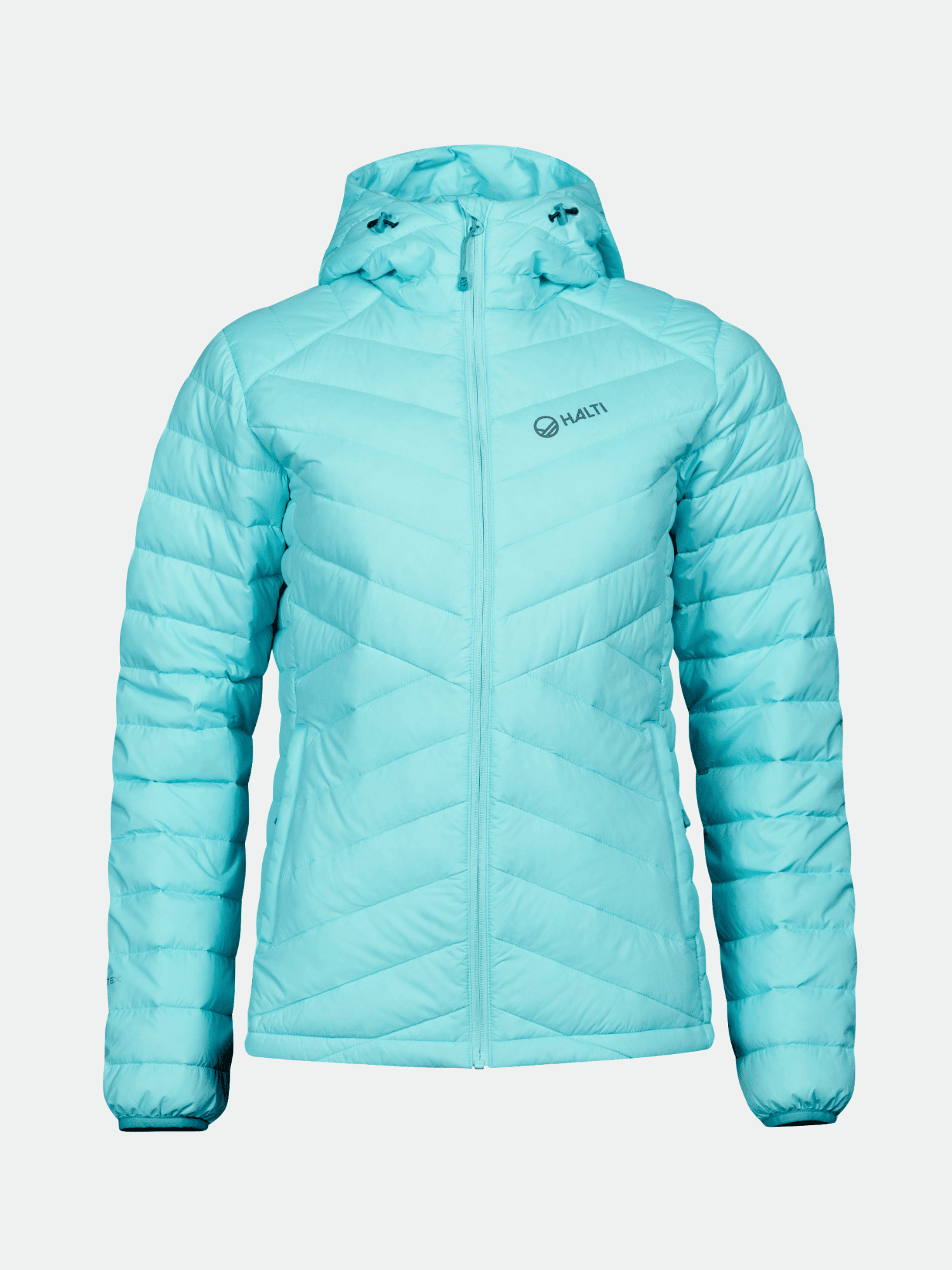

Huippu Down Jacket Women's
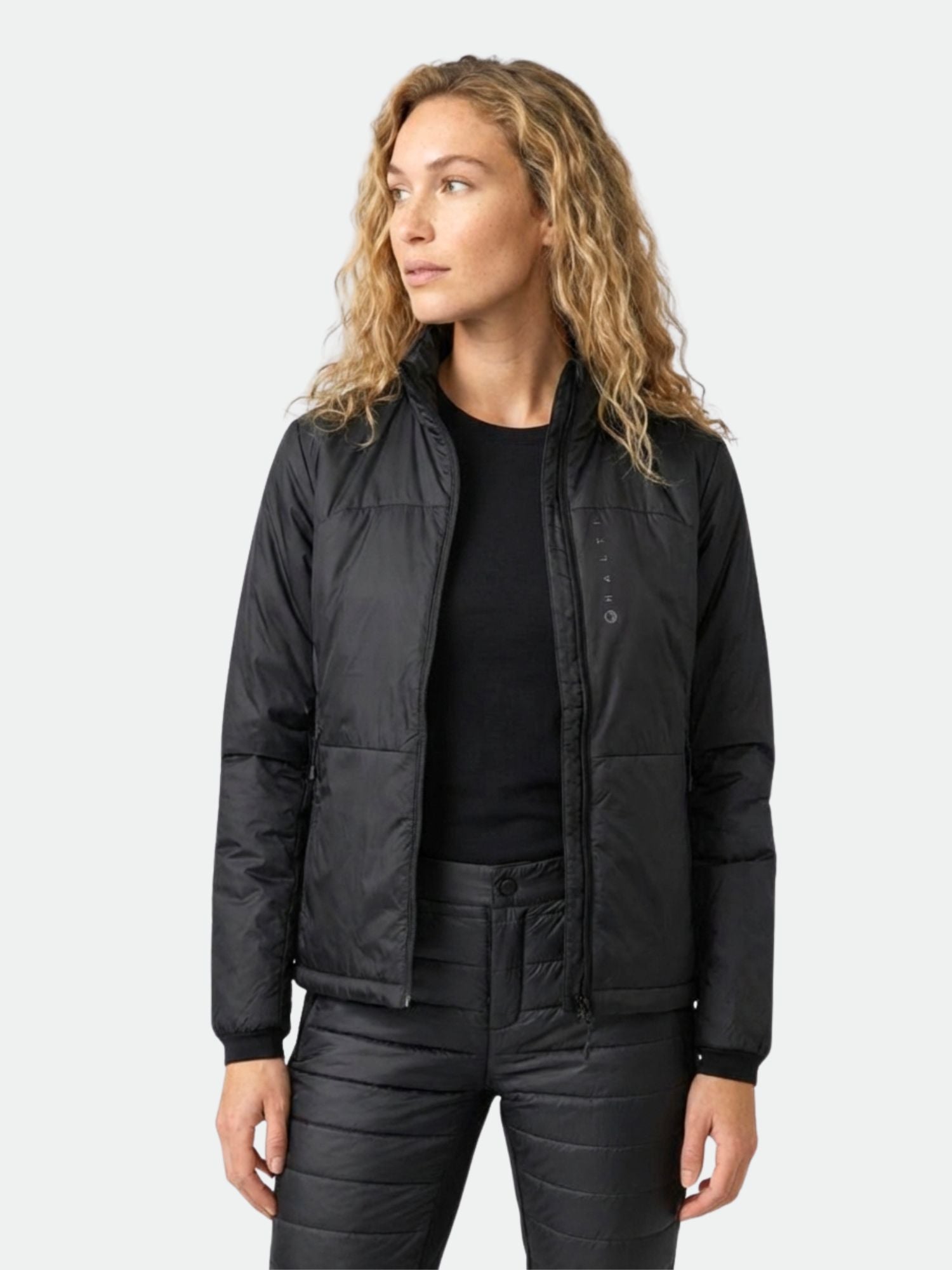
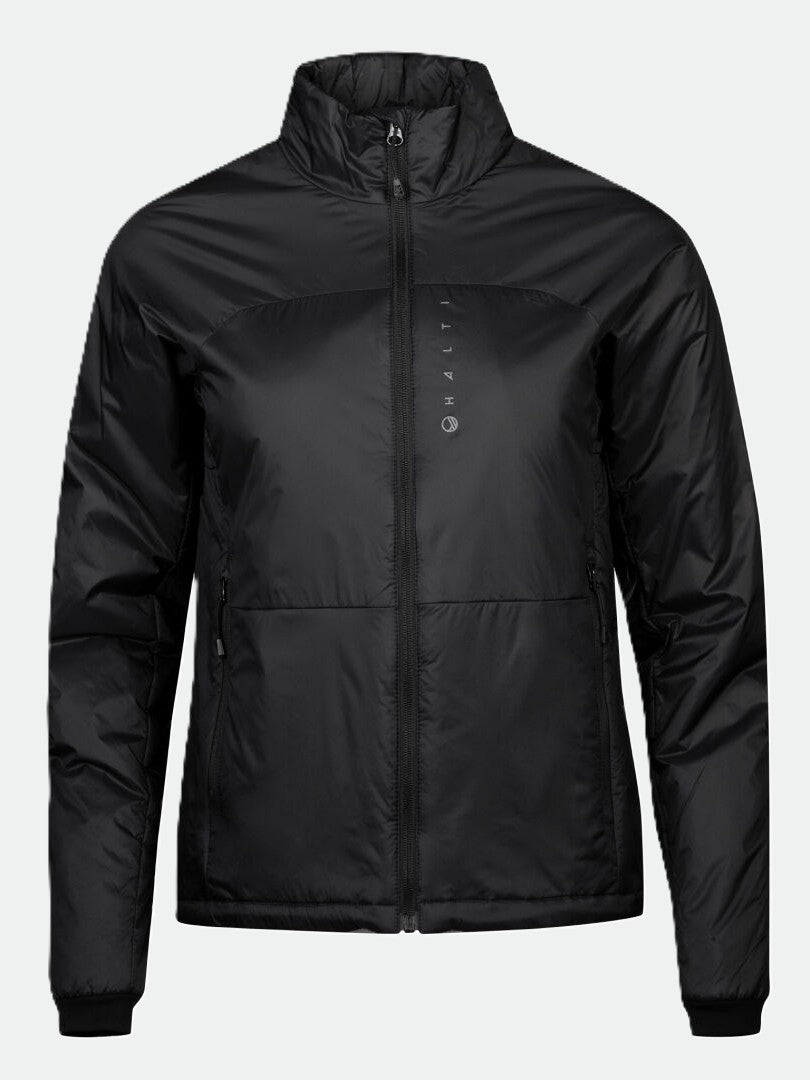
Neon Insulation Jacket Women's
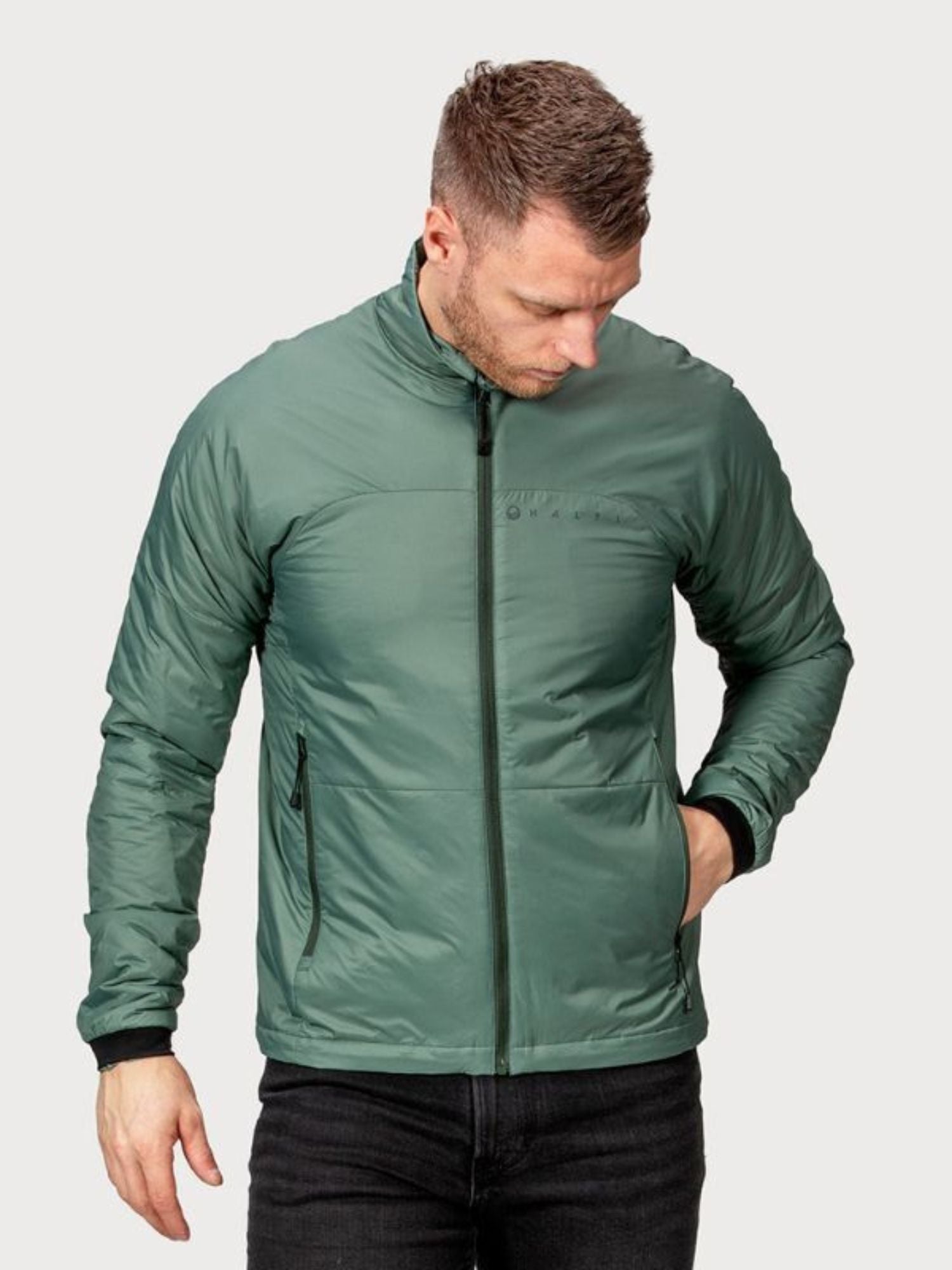
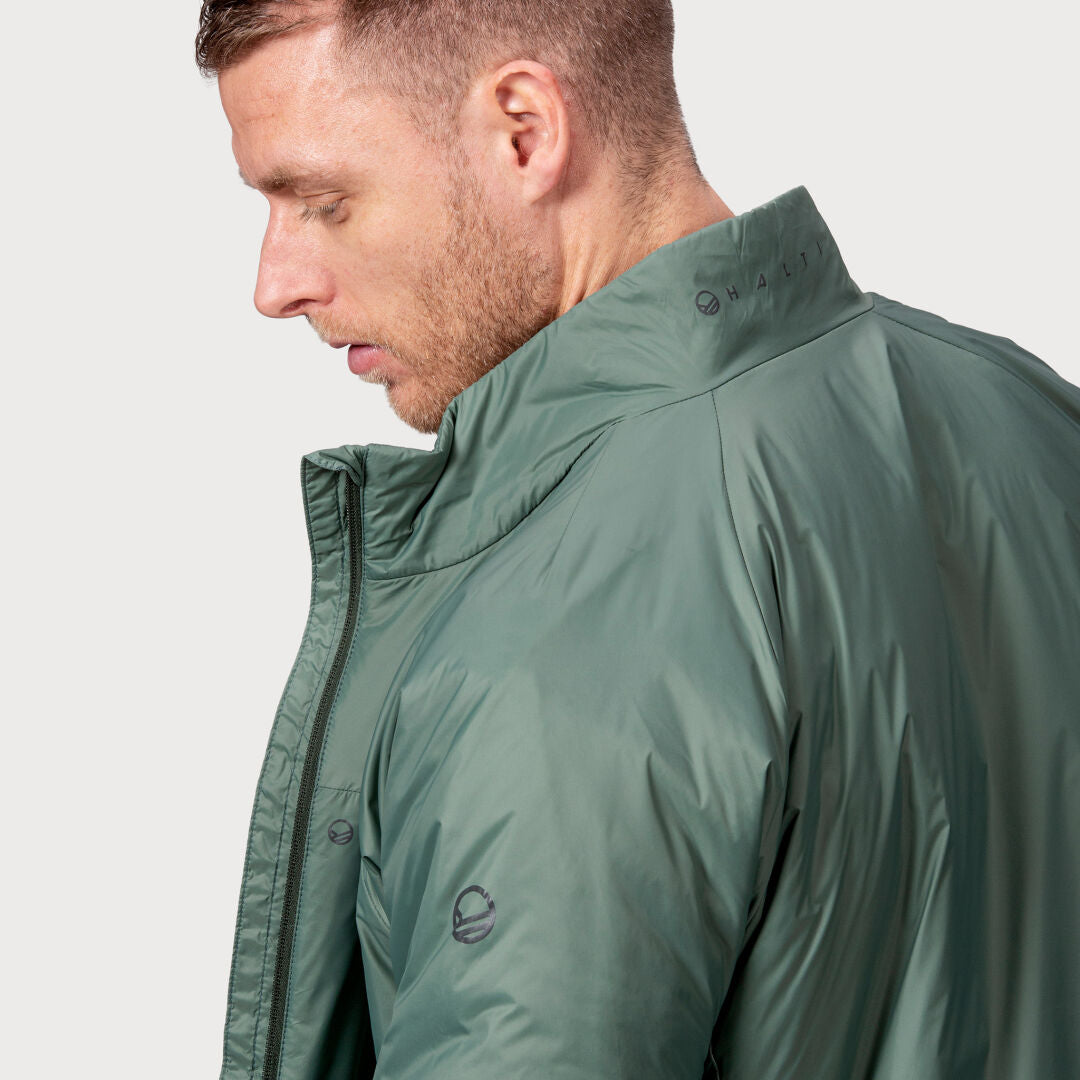
Neon Insulation Jacket Men's
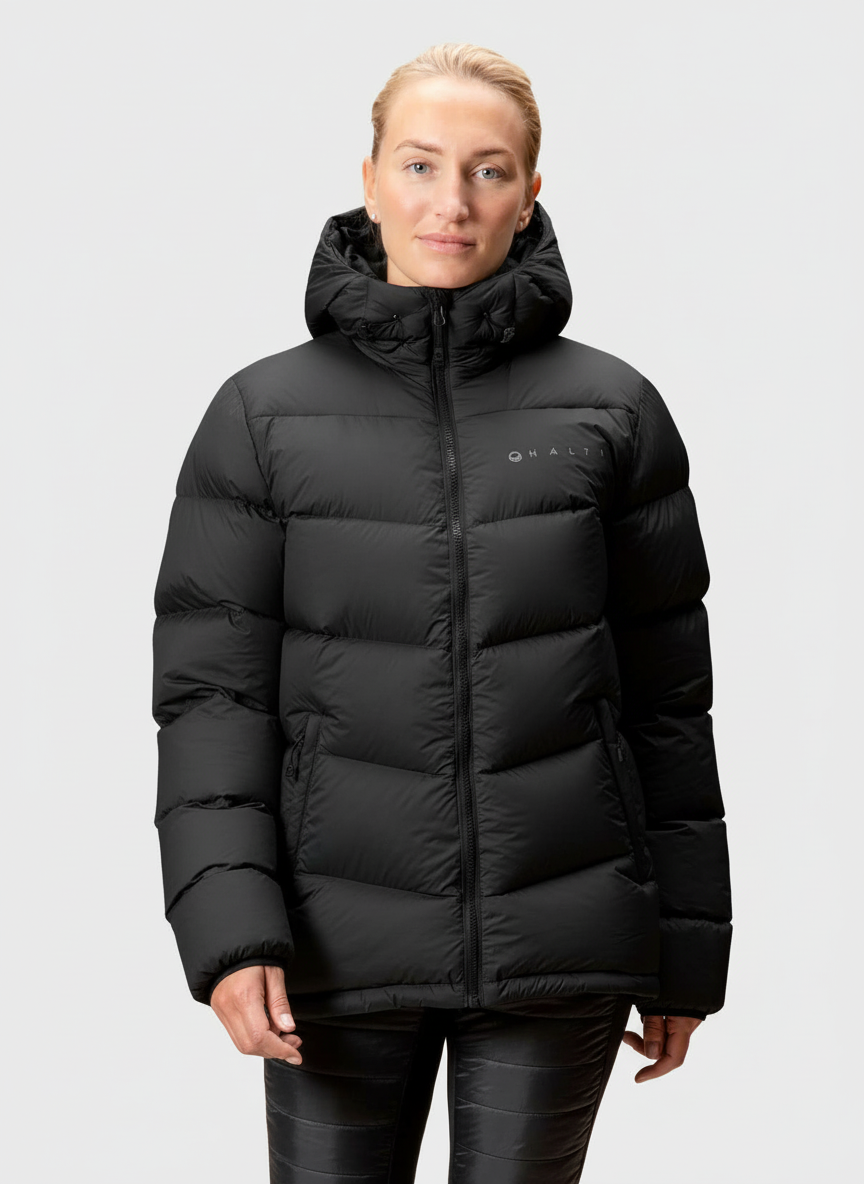
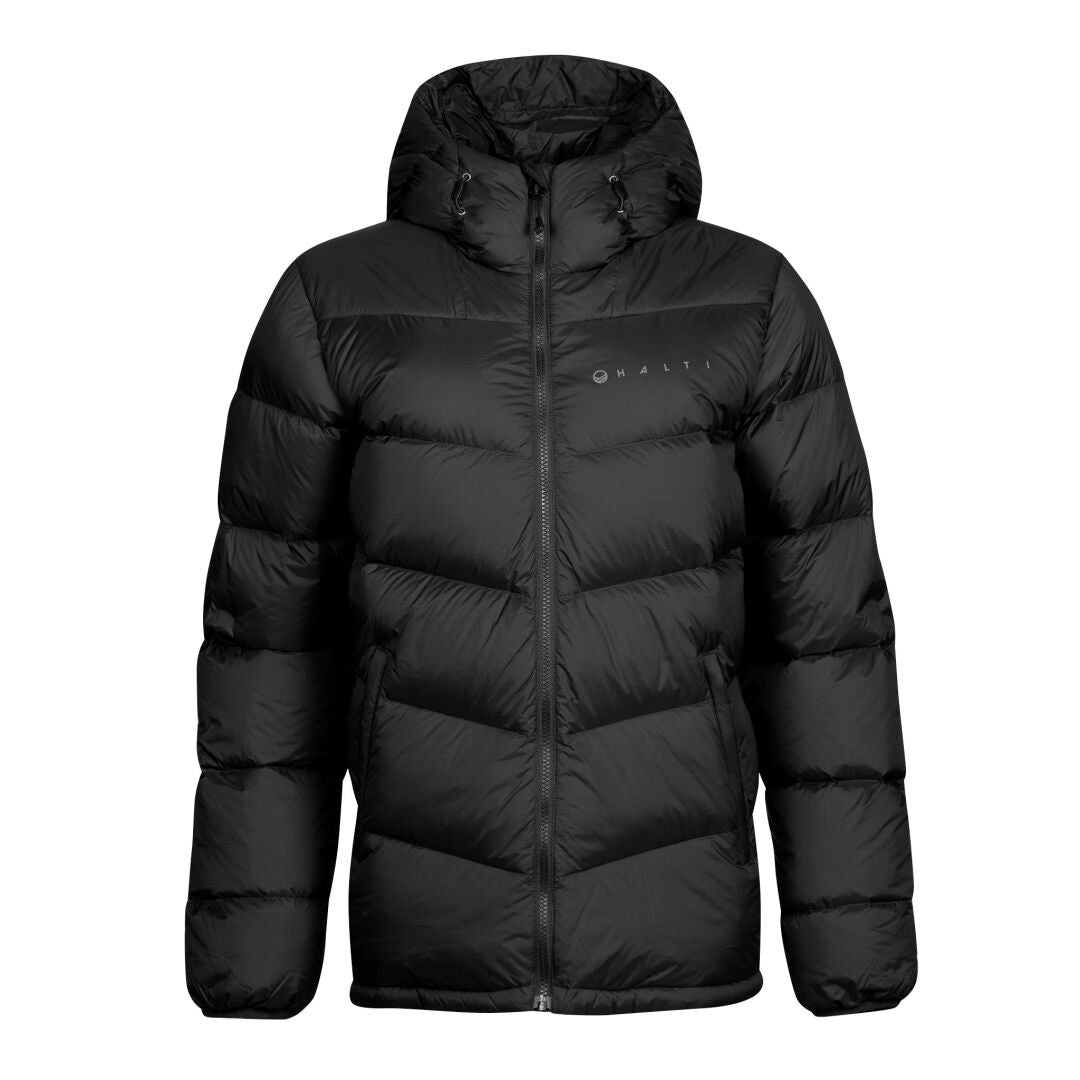
Versant Down Jacket Women's
1.0 / 5.0
(1) 1 total reviews


Evolve Lite Down Vest Men's
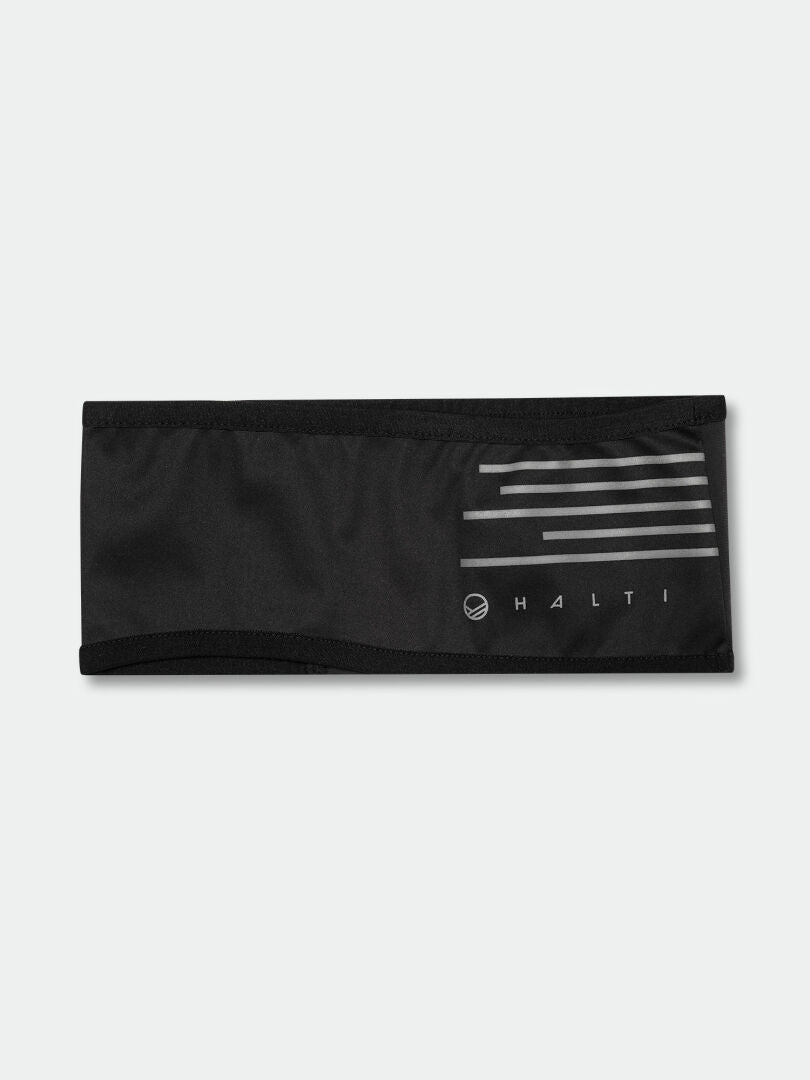
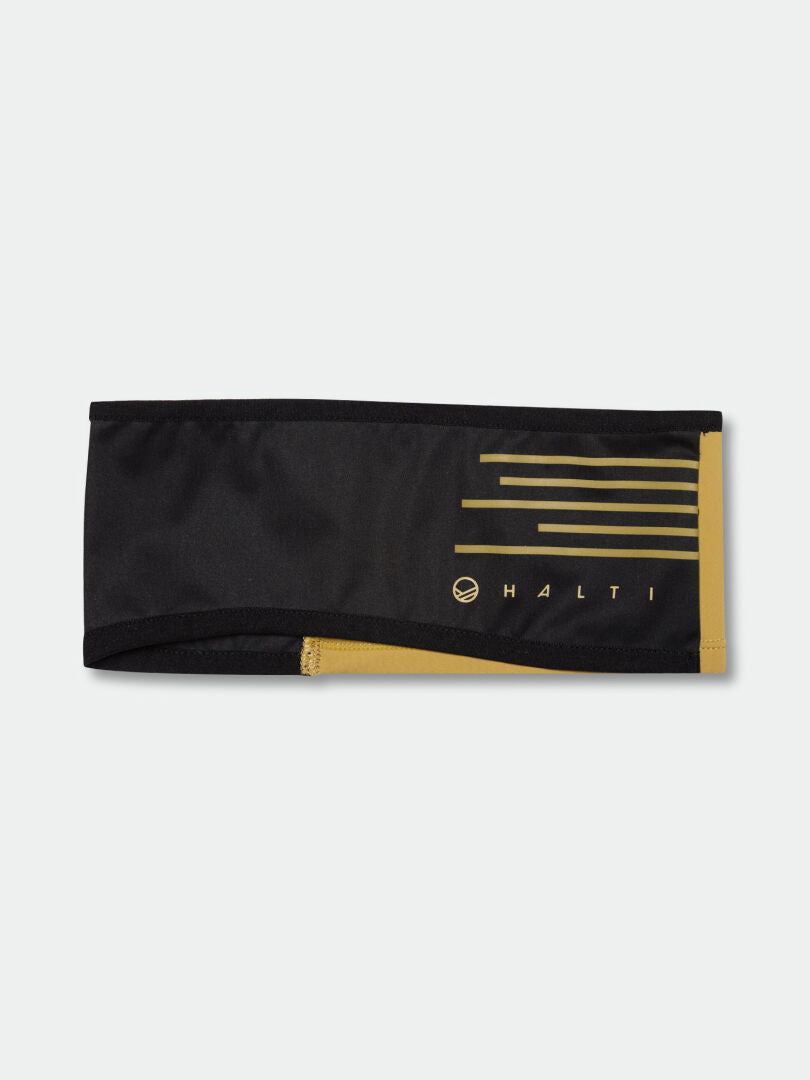
Veloce Band
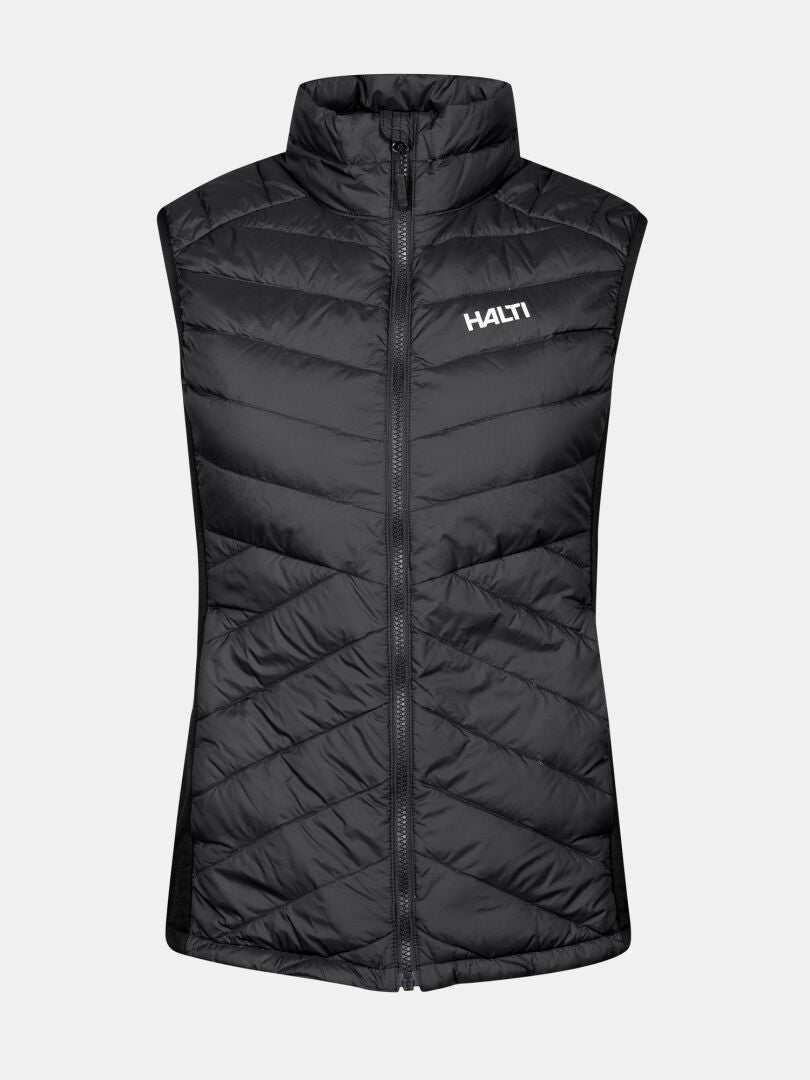
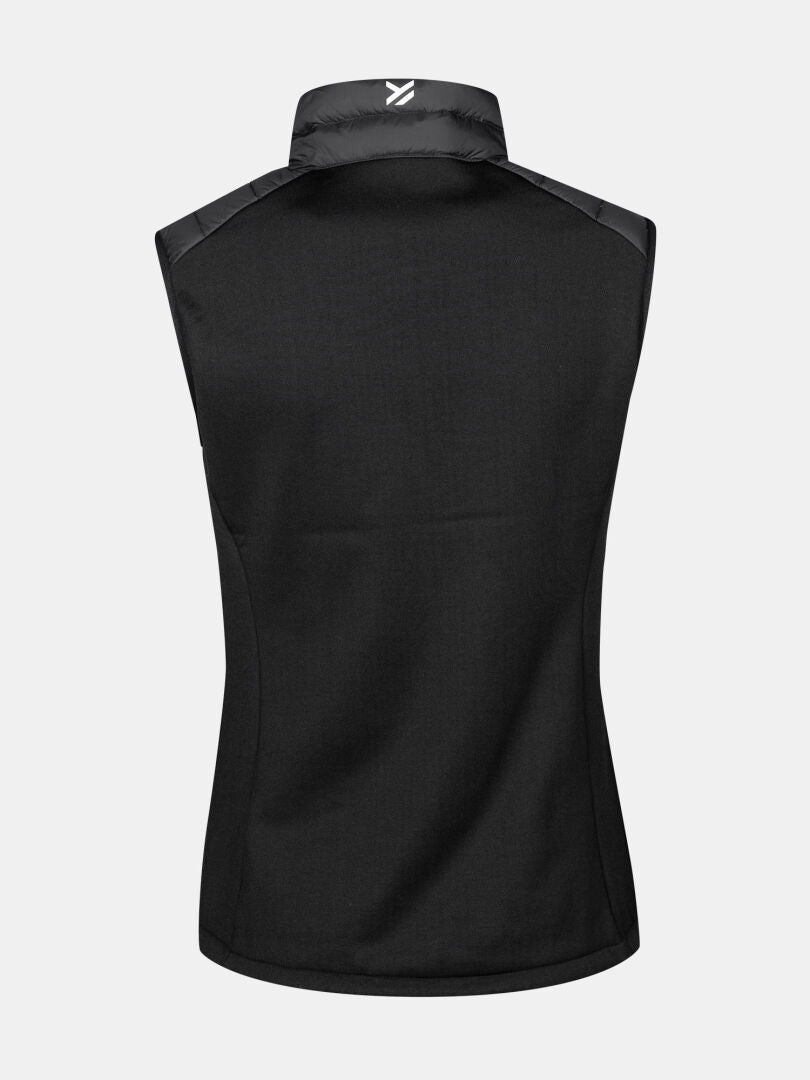
Huippu Hybrid Down Vest Women's
Outer layer
The outermost layer’s purpose is to protect you from wind, rain, and snow. A shell garment offers the best weather protection, but a softshell or even a padded or down jacket can be perfectly sufficient if it’s not raining. When choosing your outer layer, check the weather—and especially any potential changes—and consider the intensity of your activity.
For the best protection, choose outerwear that is waterproof, windproof, and breathable.
Shell clothing
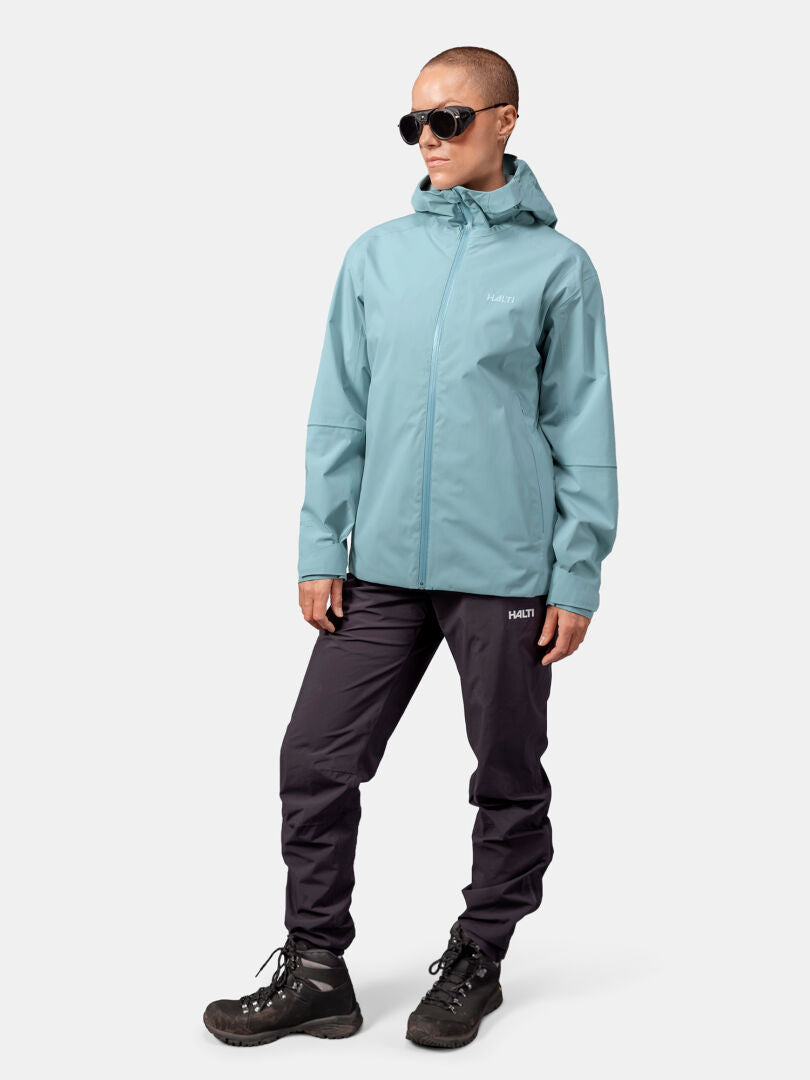
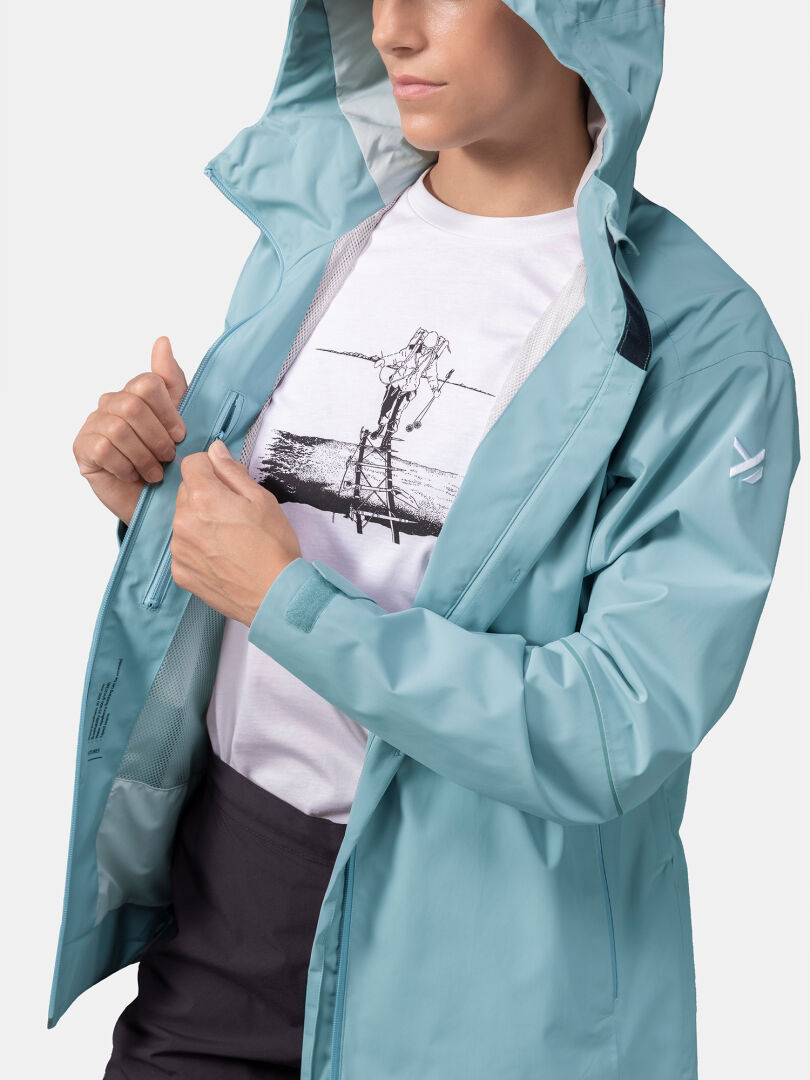
Staala DX Shell Jacket Women's
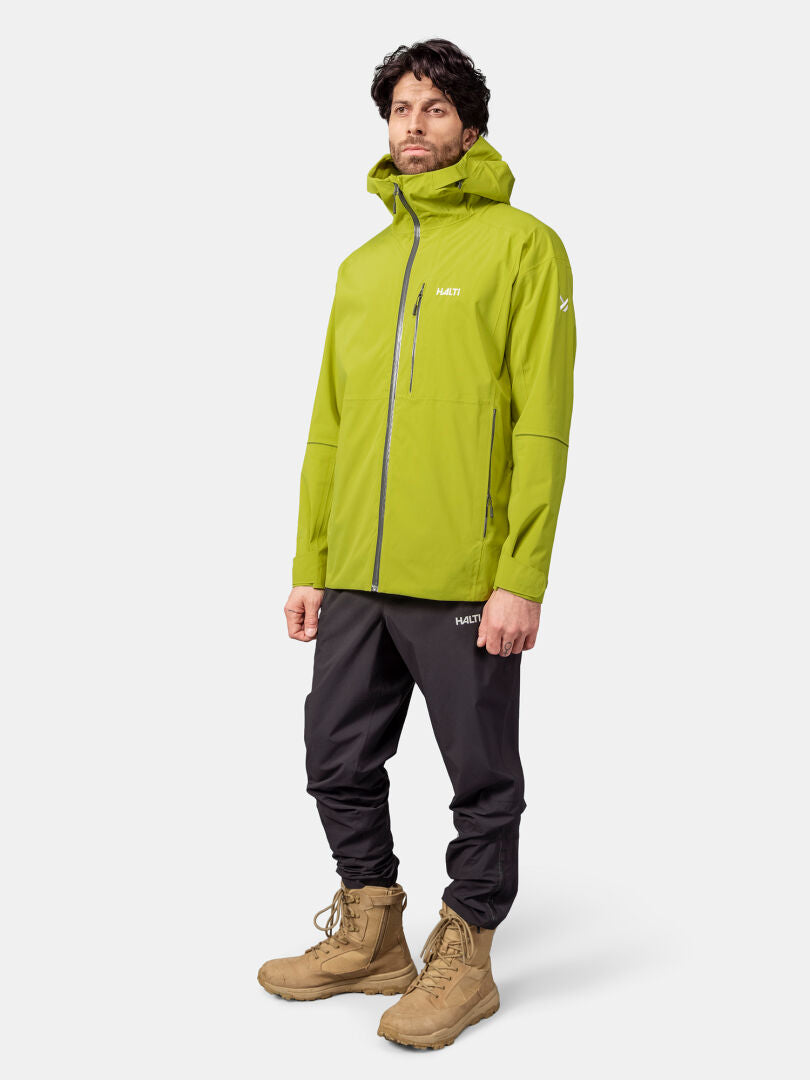

Staala DX Shell Jacket Men's
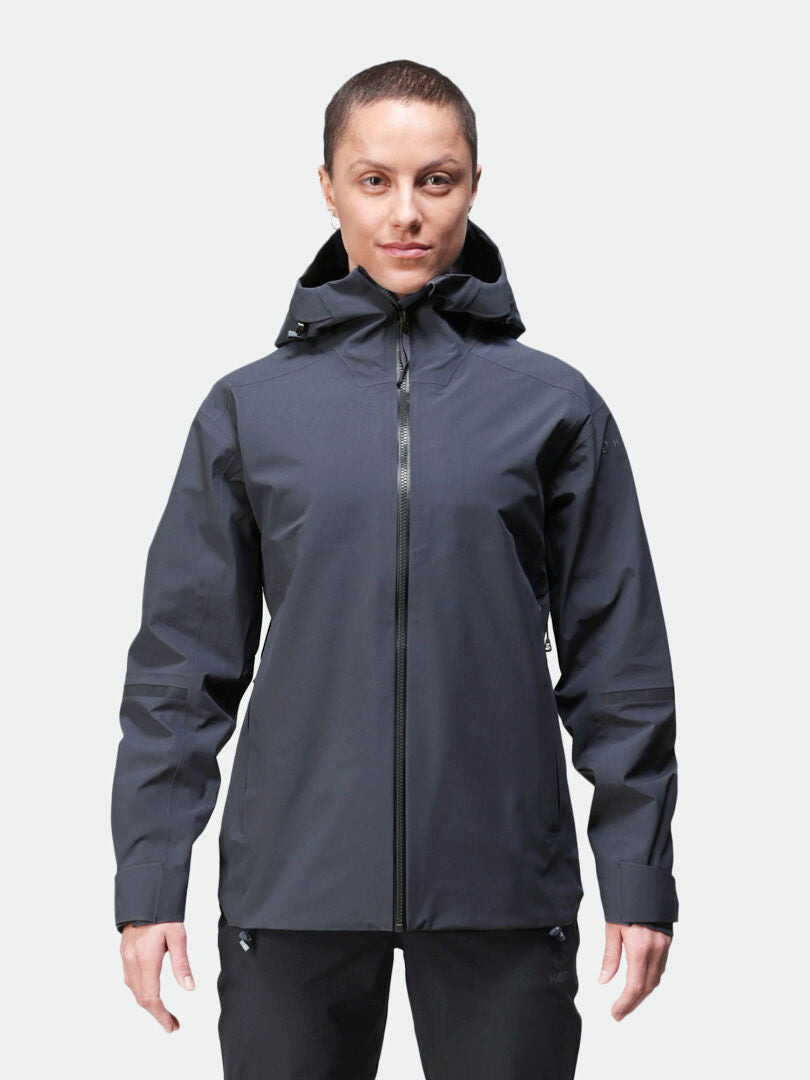
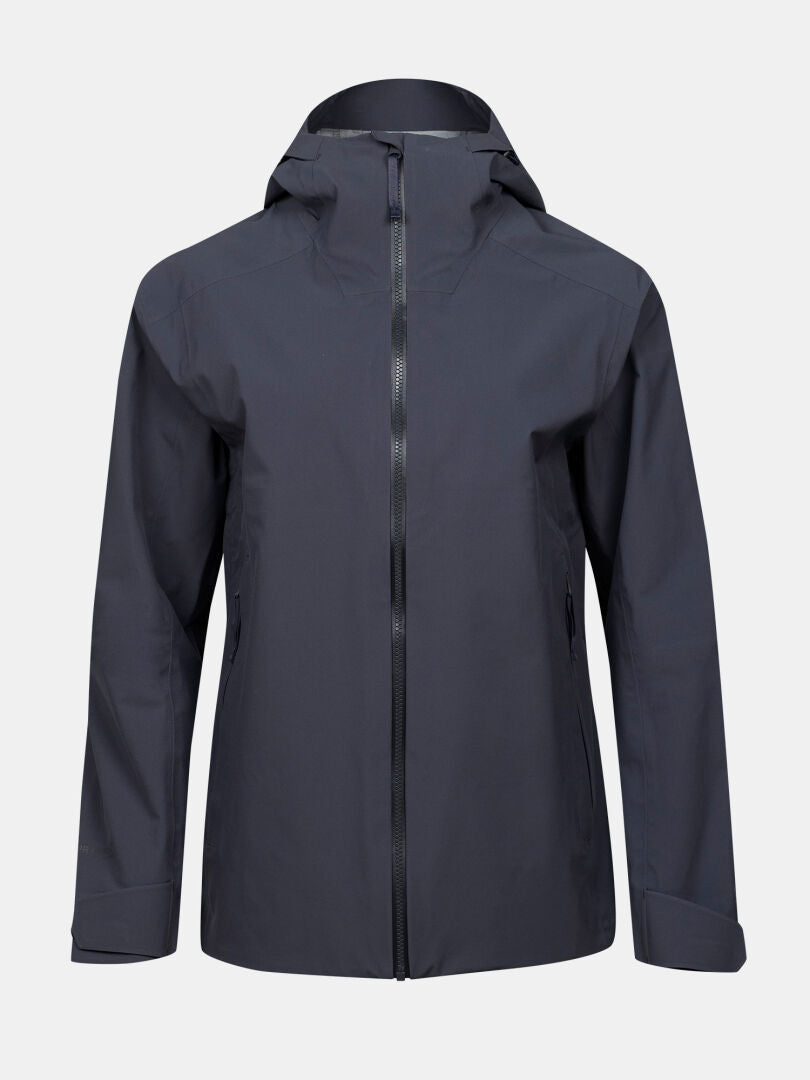
Kajana 3L DX Shell Jacket Women's
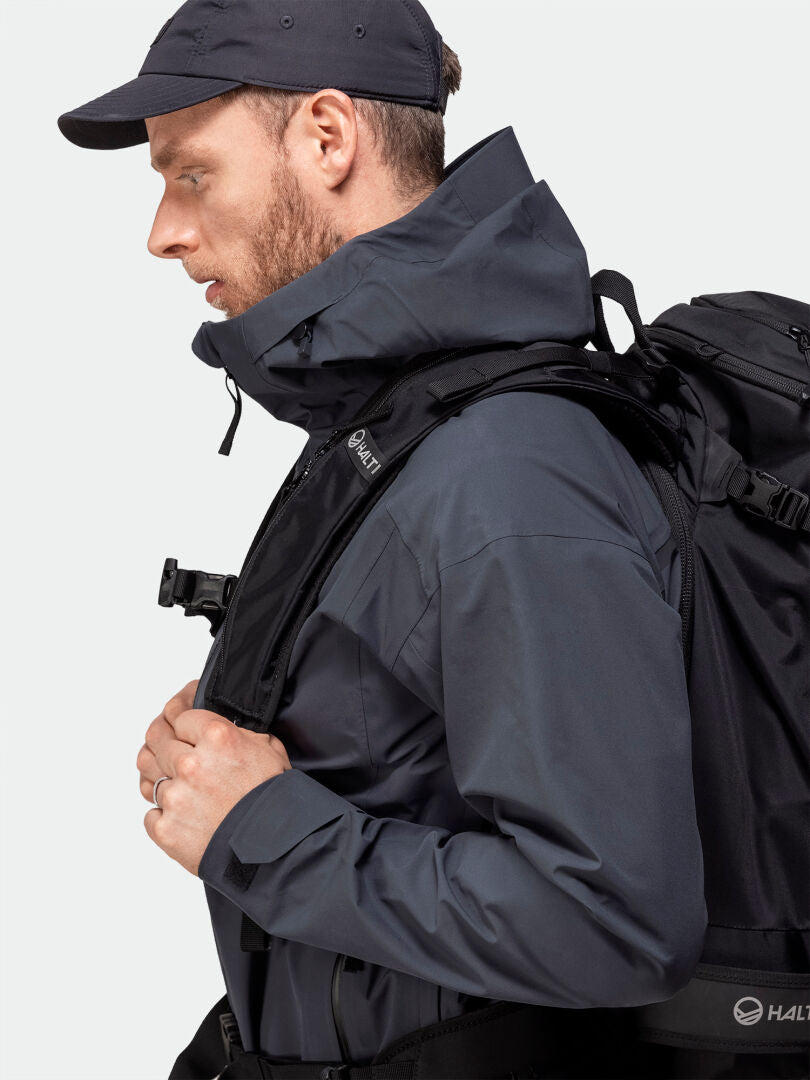
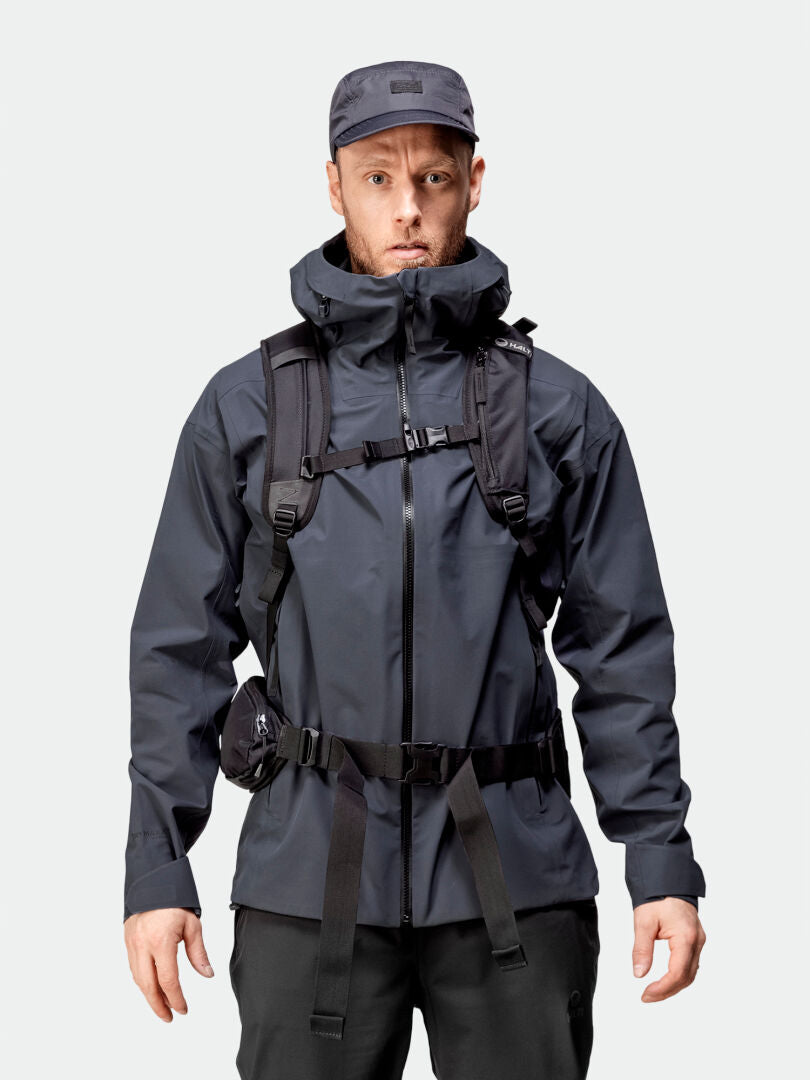
Kajana 3L DX Shell Jacket Men's
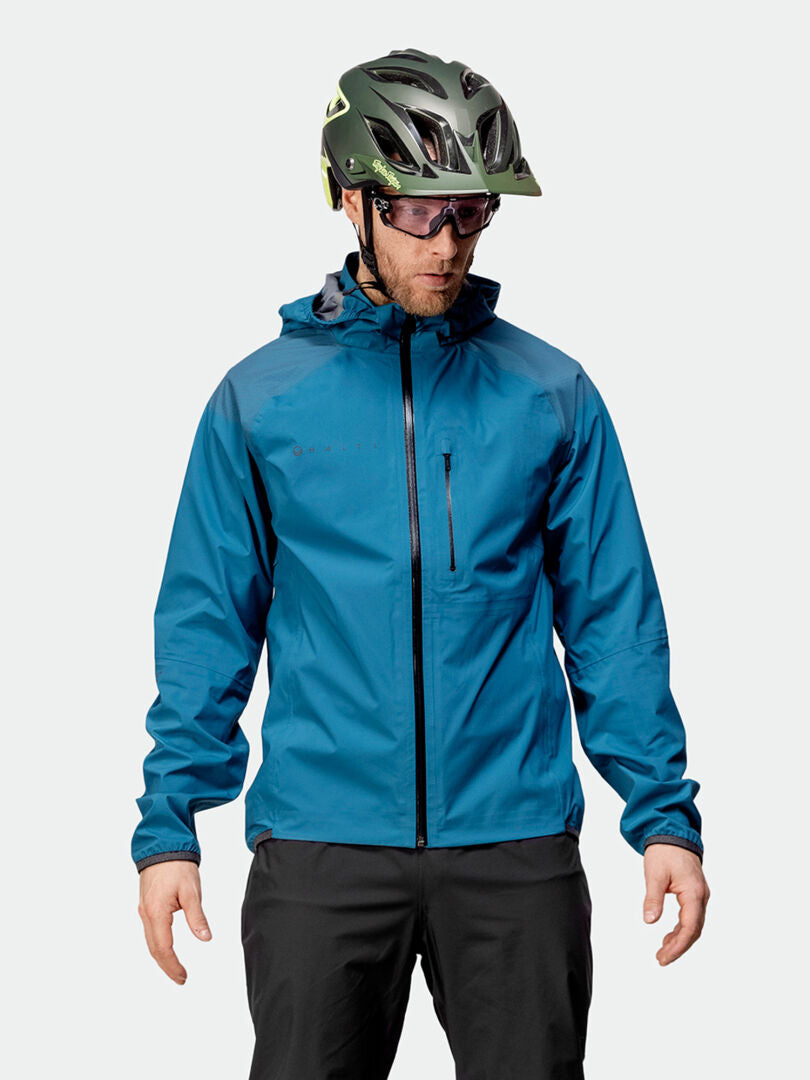
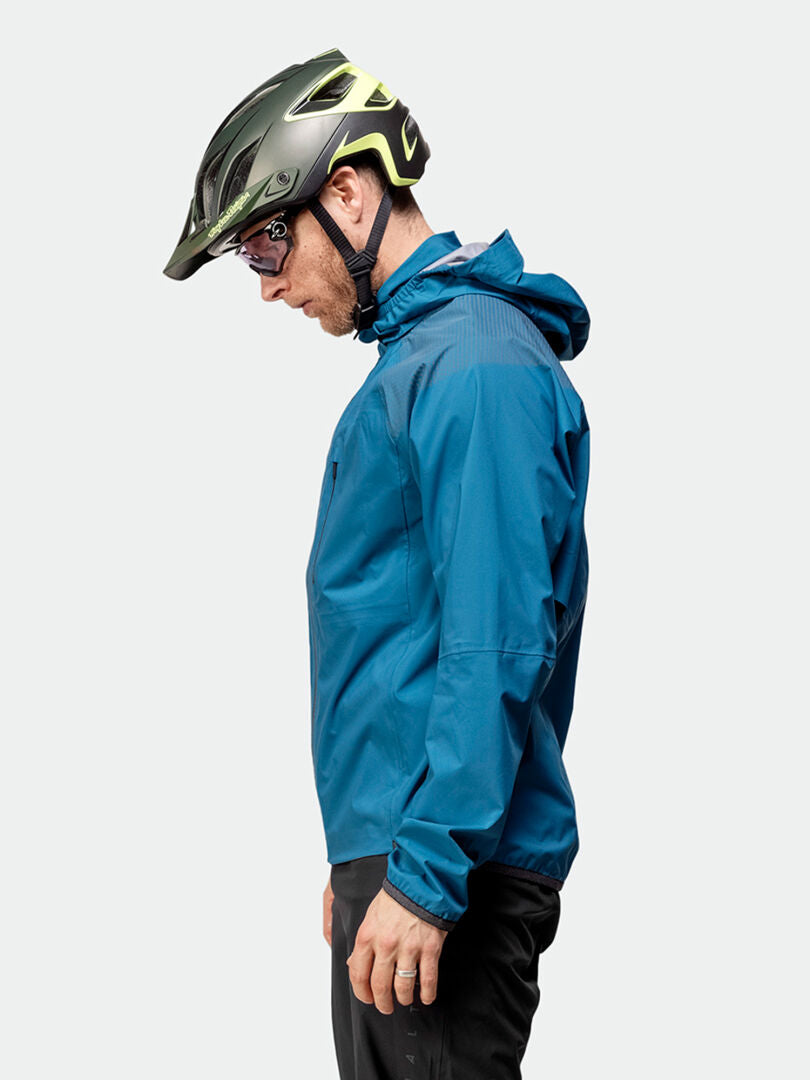
Liike Men's 3L DrymaxX Wind Jacket
5.0 / 5.0
(1) 1 total reviews
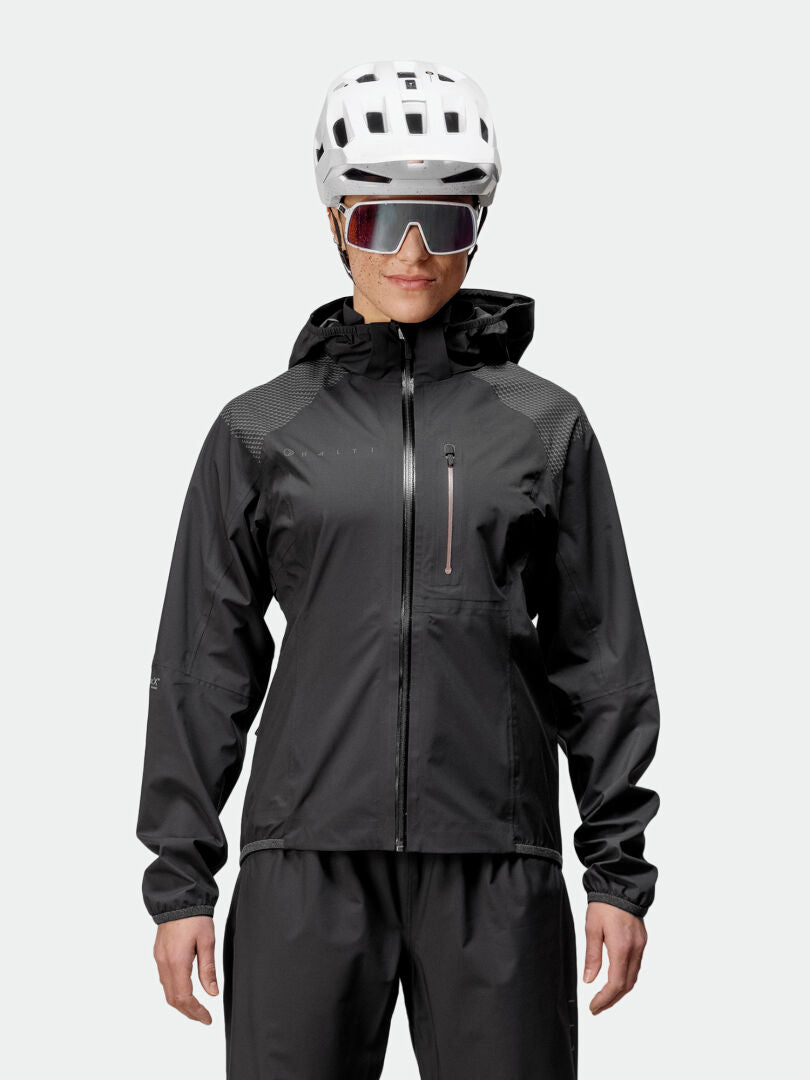
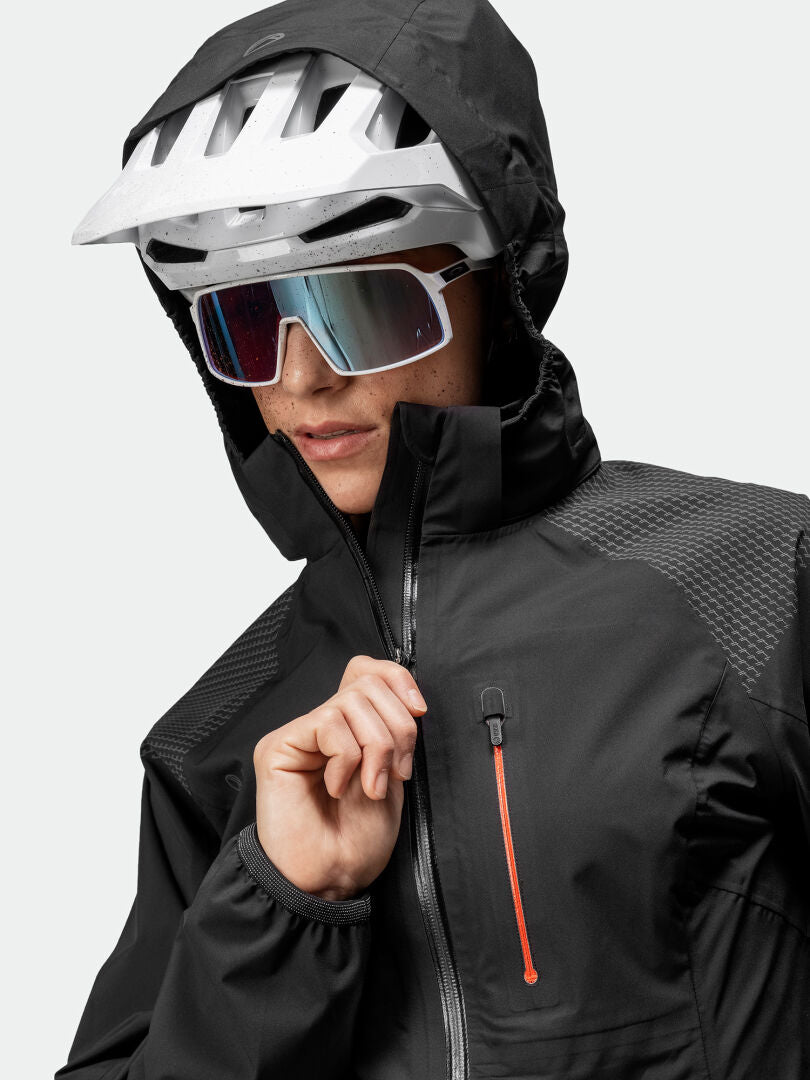
Liike Women's 3L DrymaxX Wind Jacket
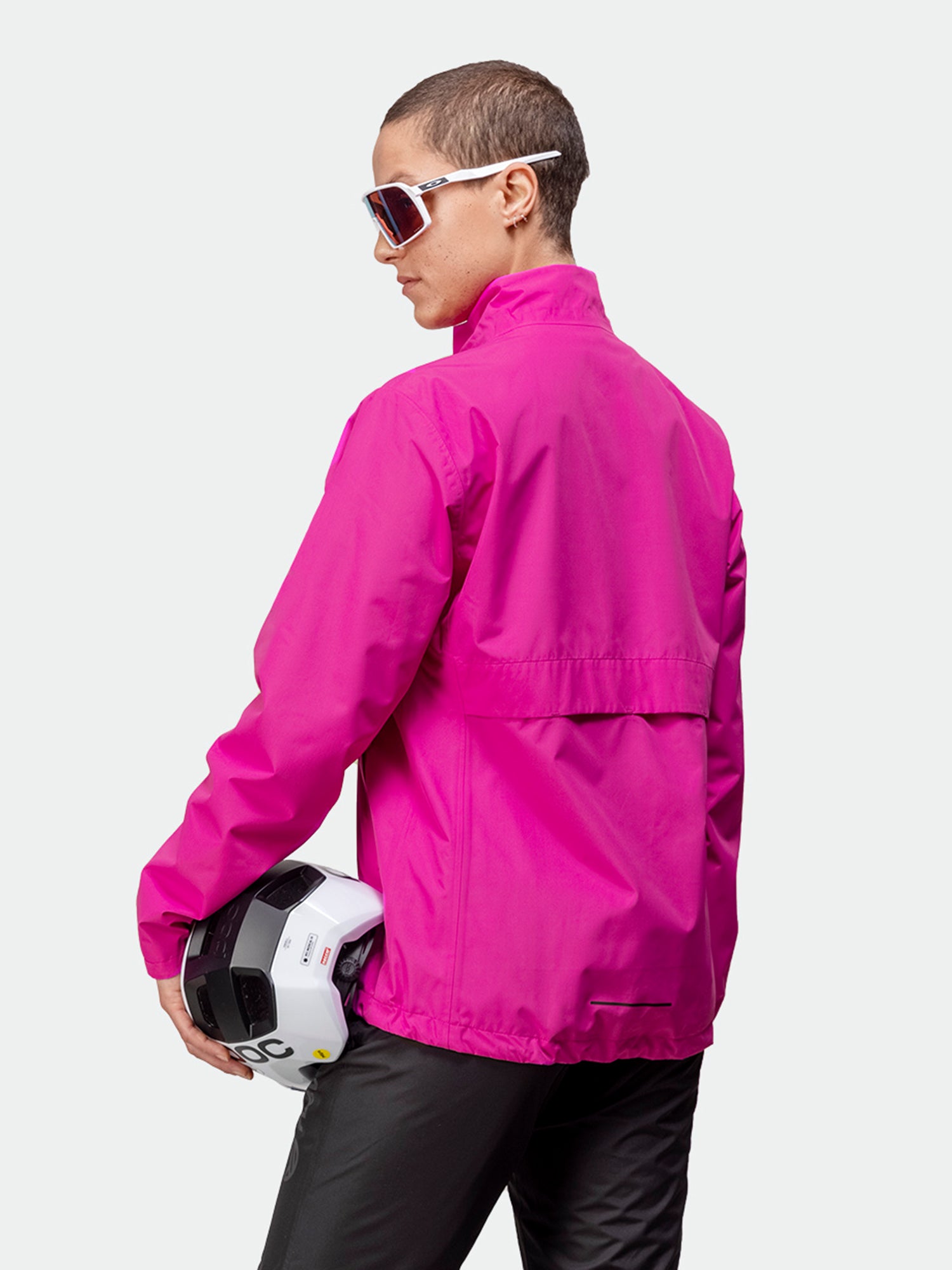
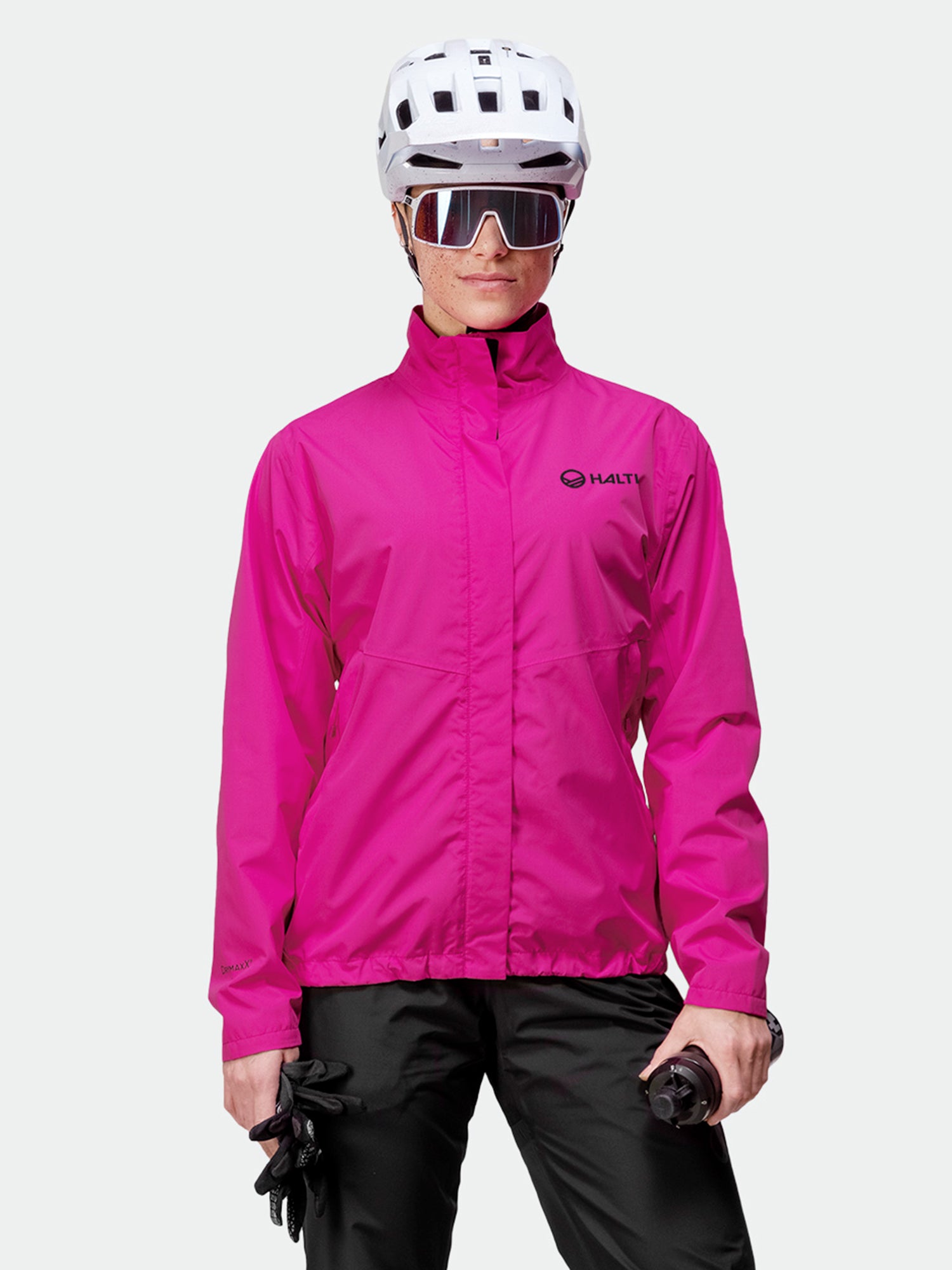
Triant DX Cycling Jacket Women's
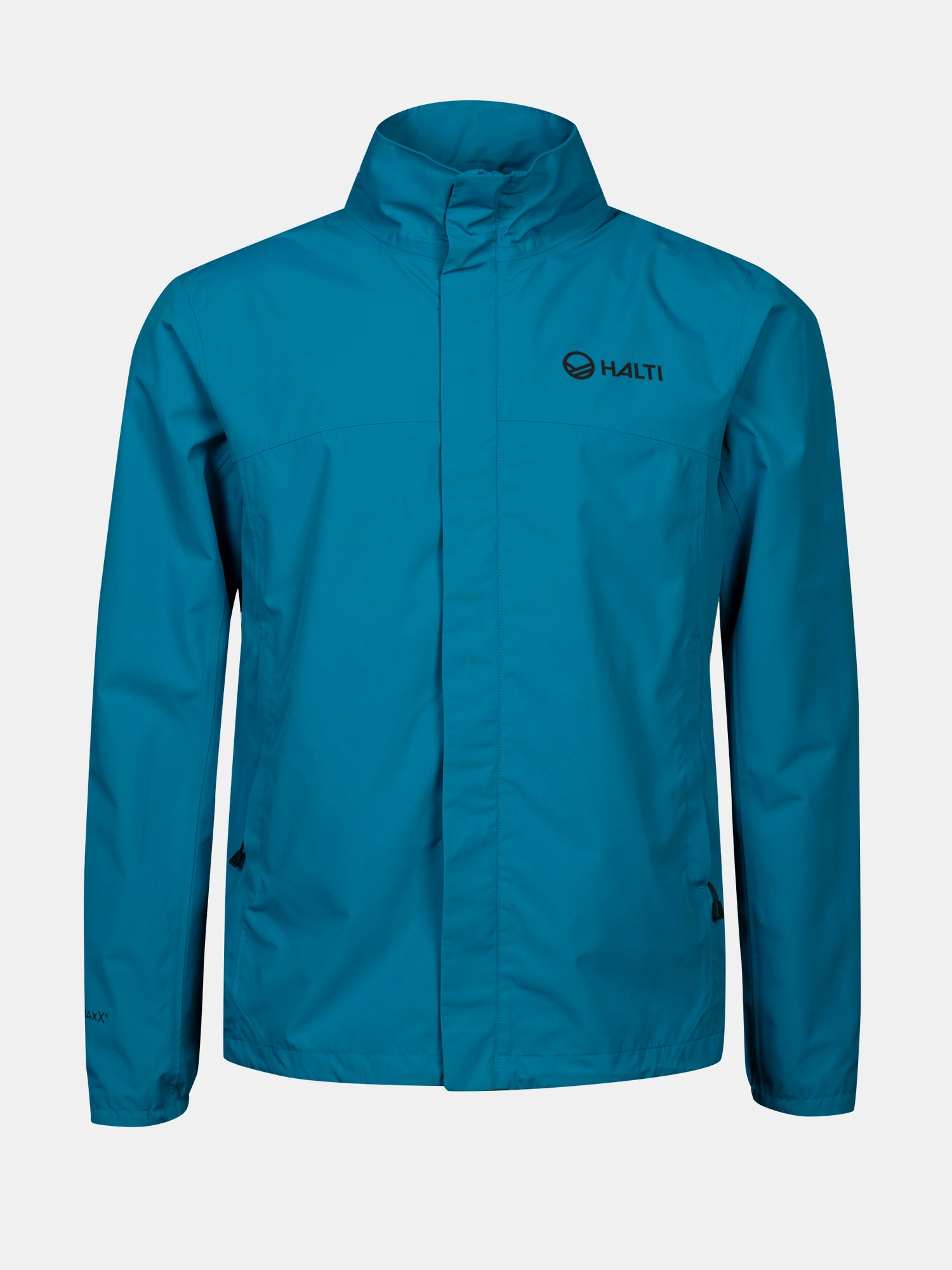

Triant DX Cycling Jacket Men's
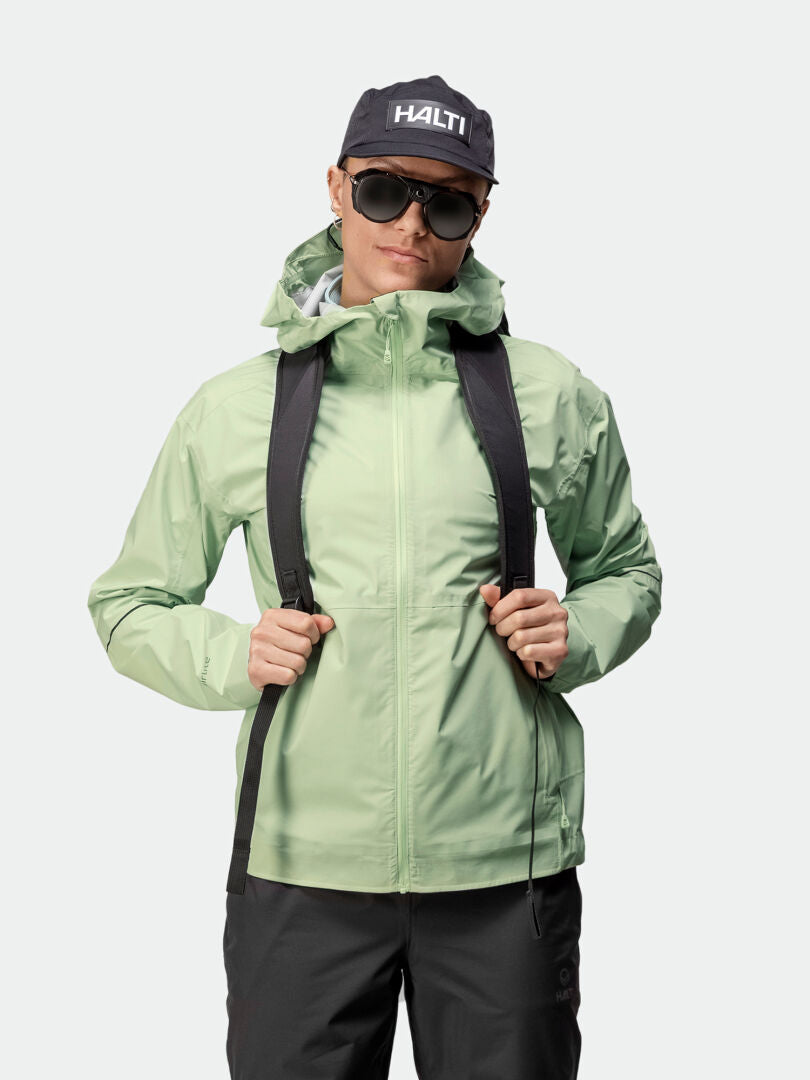
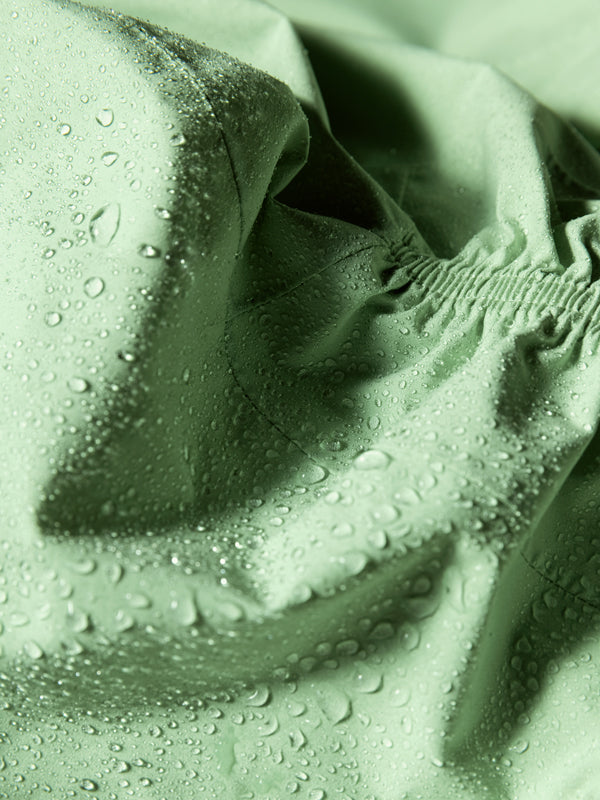
Pisarat 2,5L DX Shell Jacket Women's
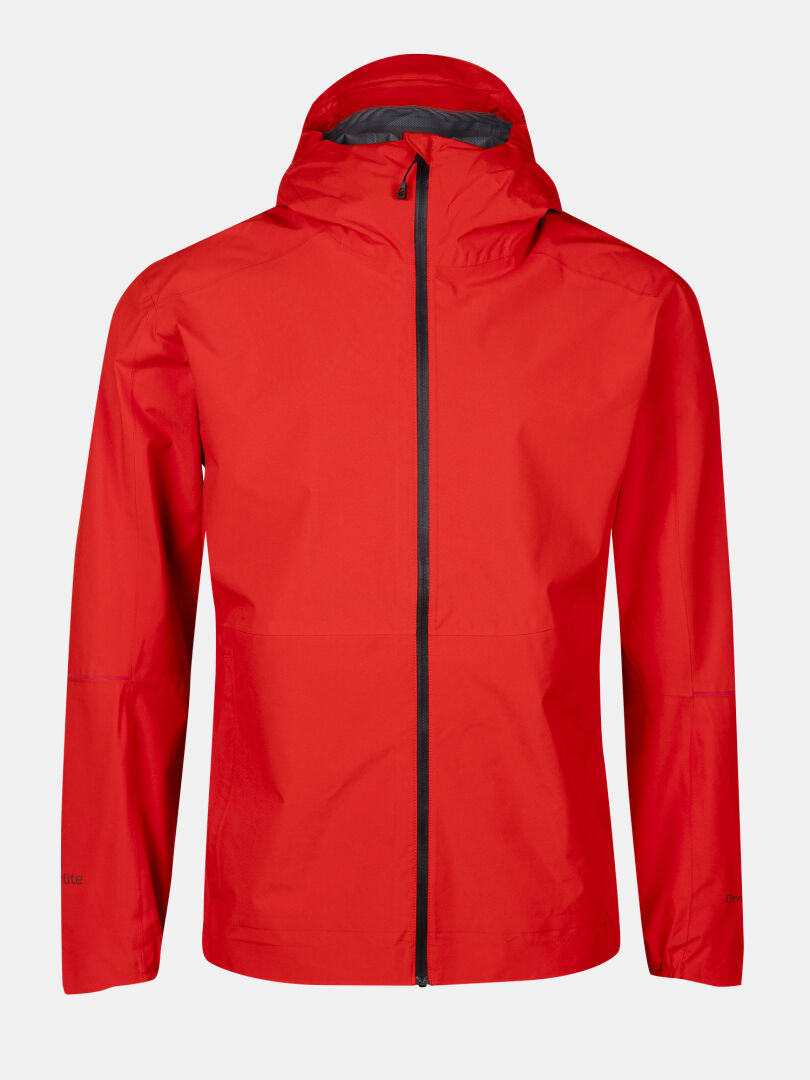
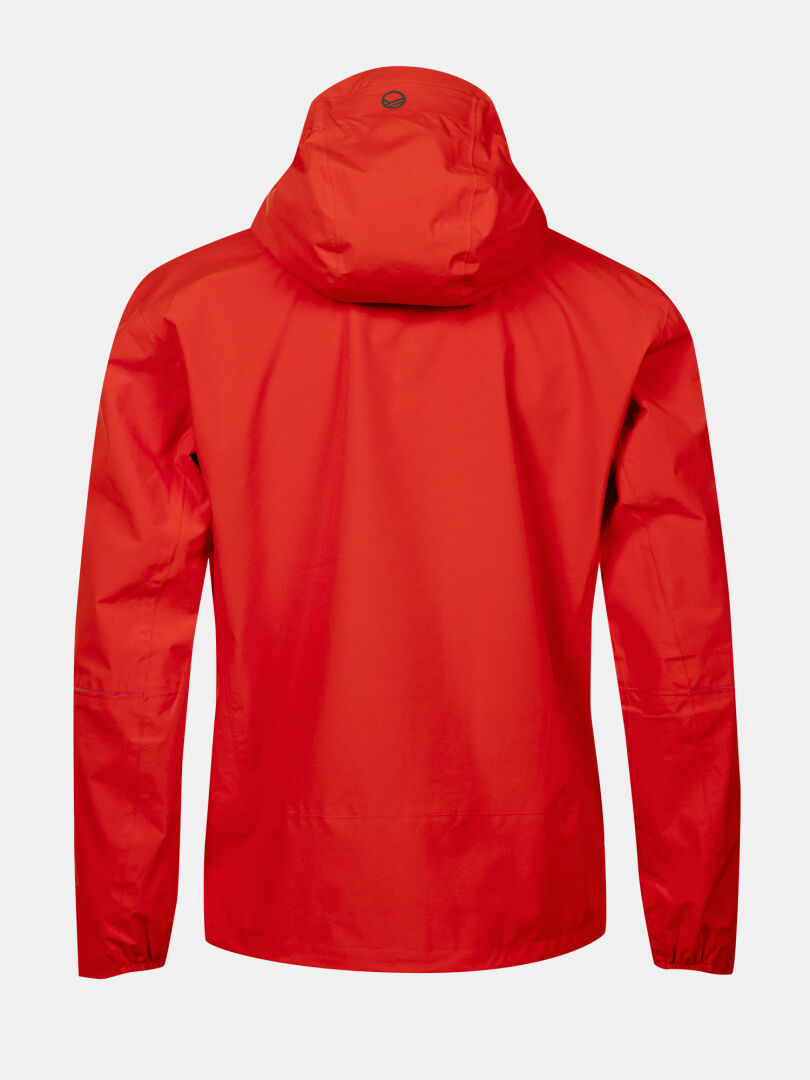
Pisarat 2,5L DX Shell Jacket Men's
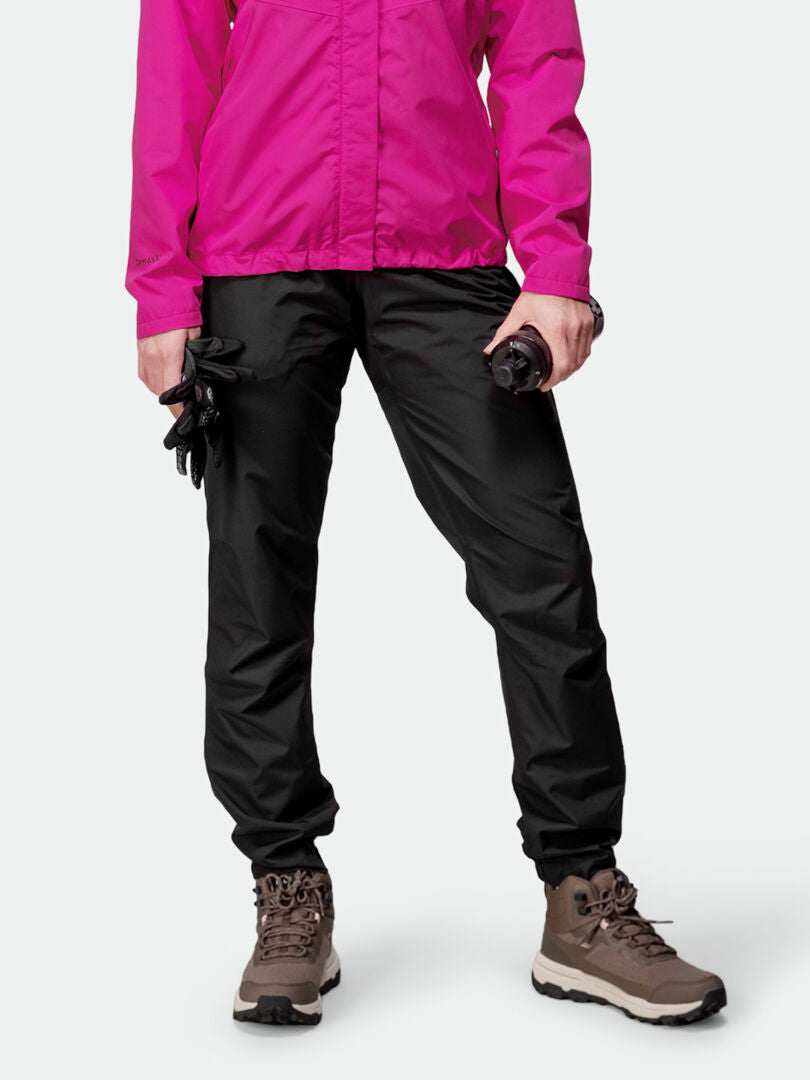
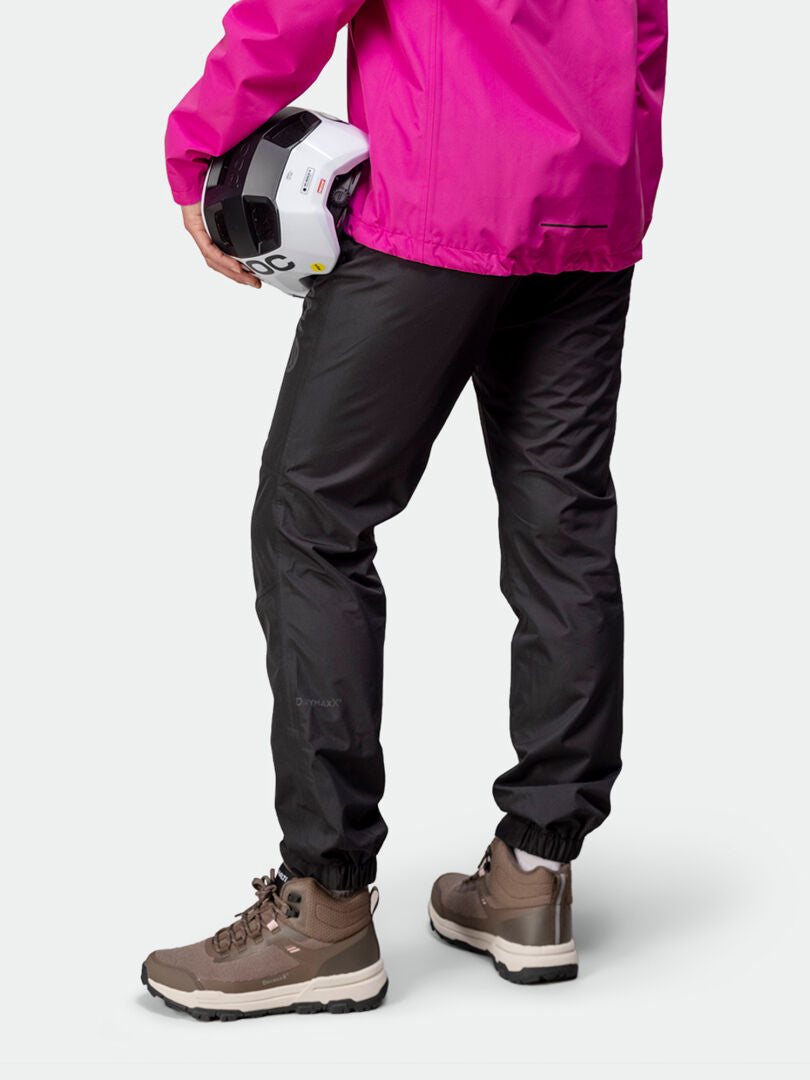
Triant DX Cycling Pants Women's
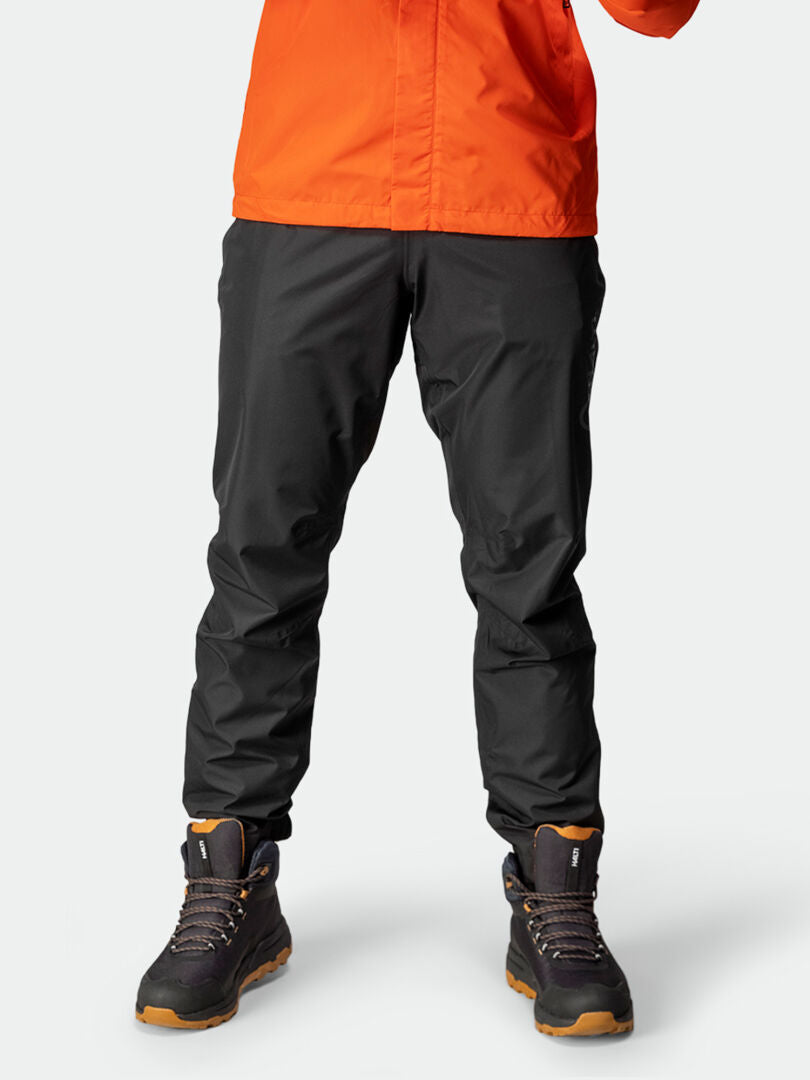

Triant DX Cycling Pants Men's
“Product Manager's Note
— Maija Kiiski, Halti’s Product Manager for base and mid layers“Layering isn’t just about adding more clothes; it’s about creating a functional whole where the result is greater than the sum of its parts. We’ve designed Halti’s different layers to work seamlessly together, so you can focus on doing exactly what you love outdoors—no matter the weather.”

